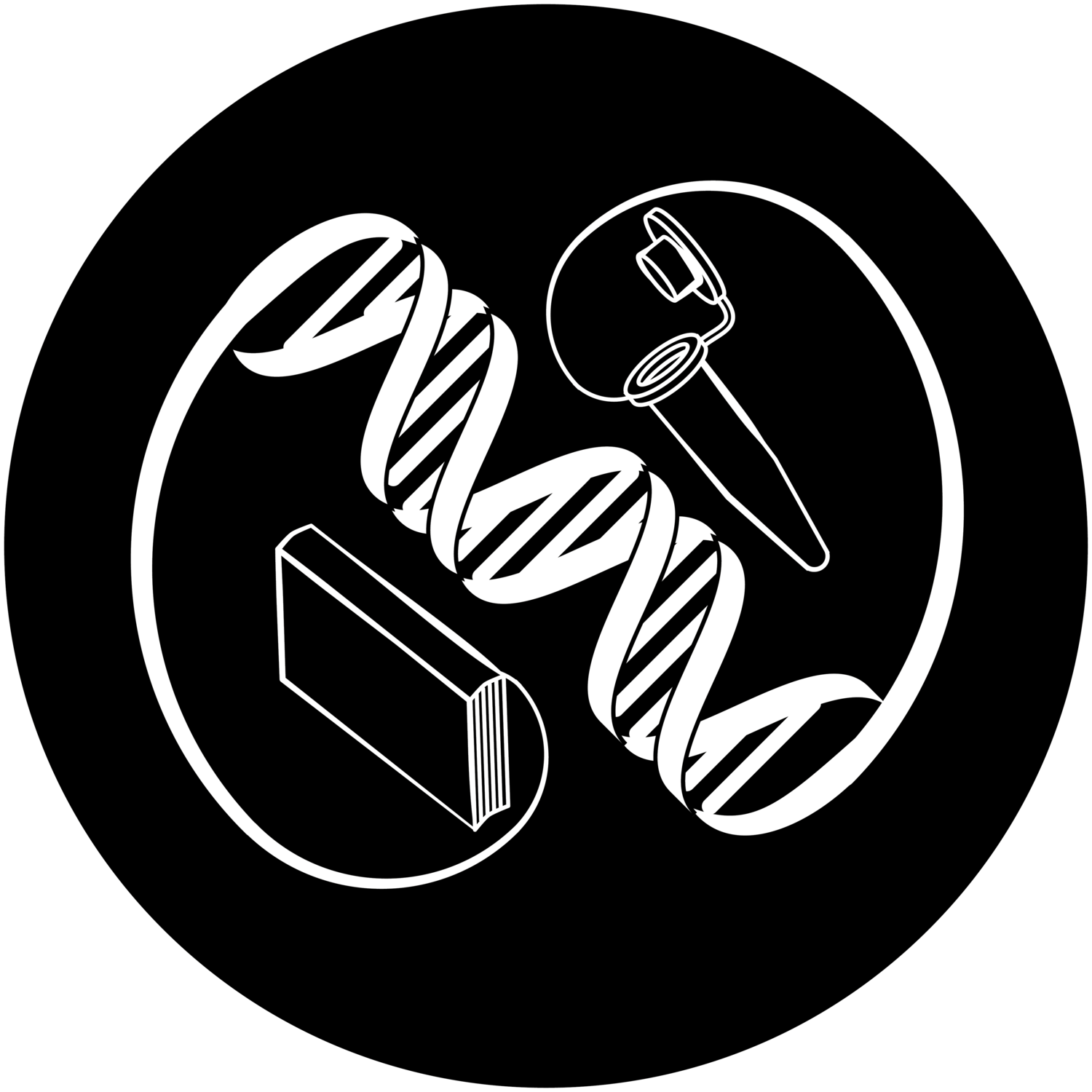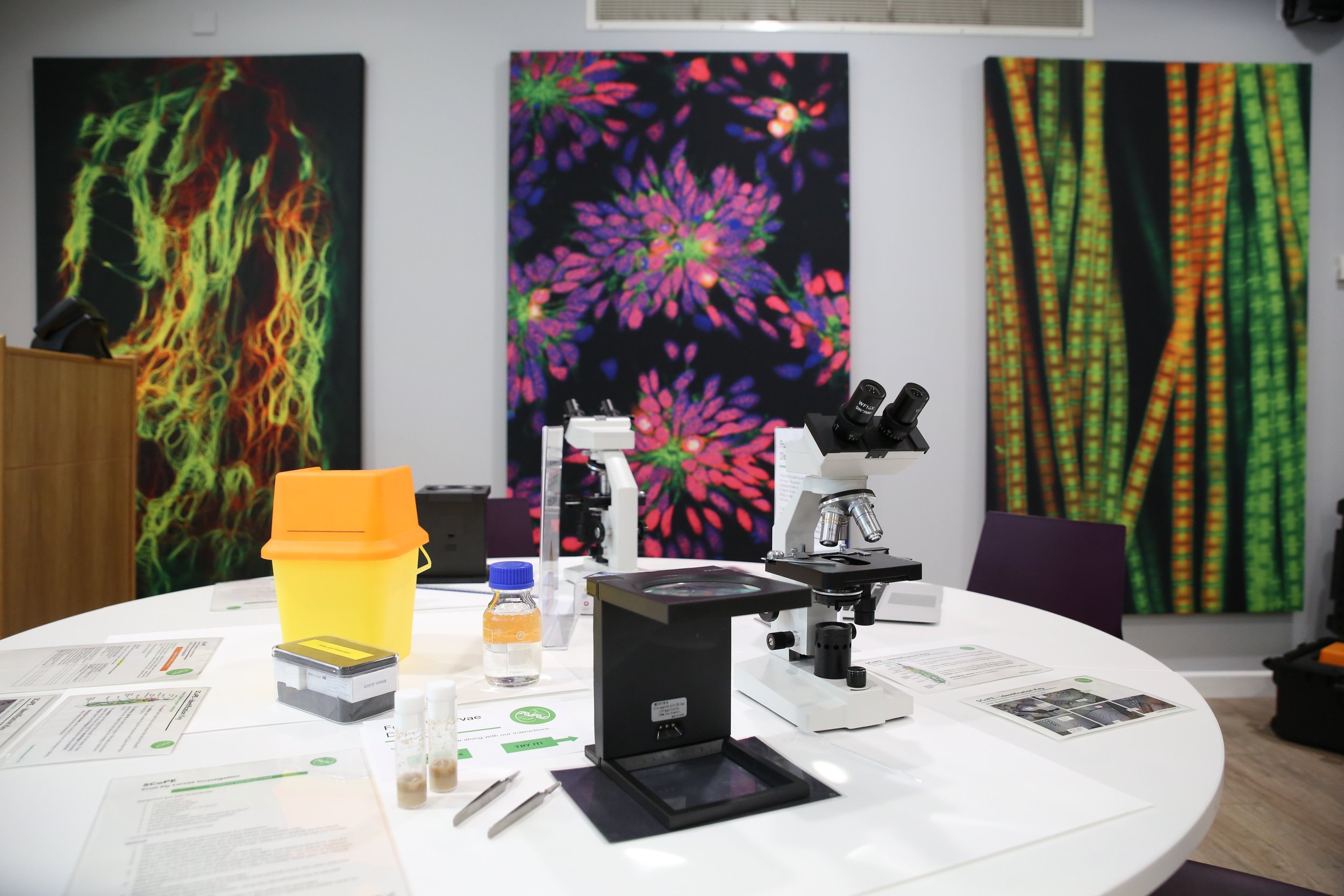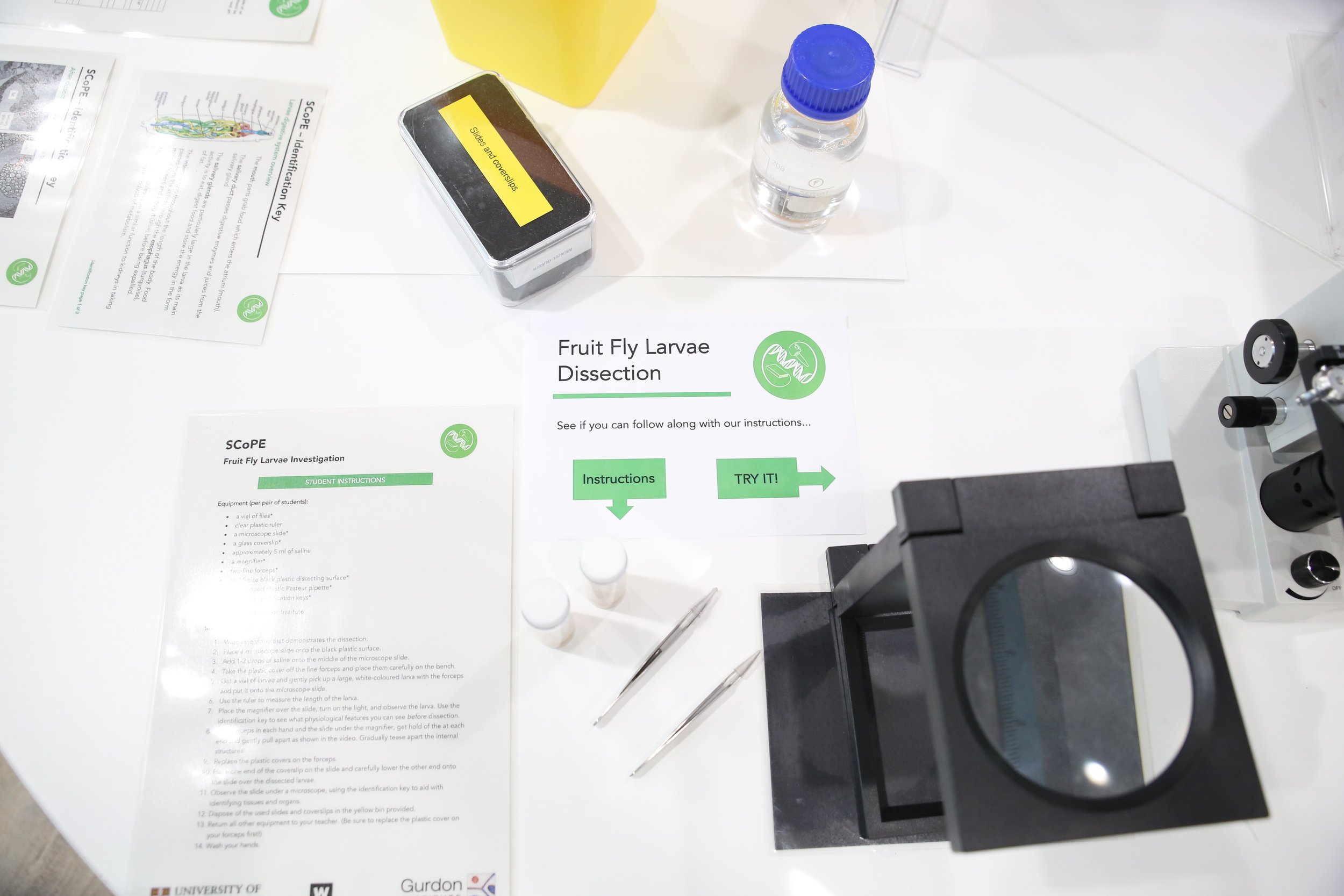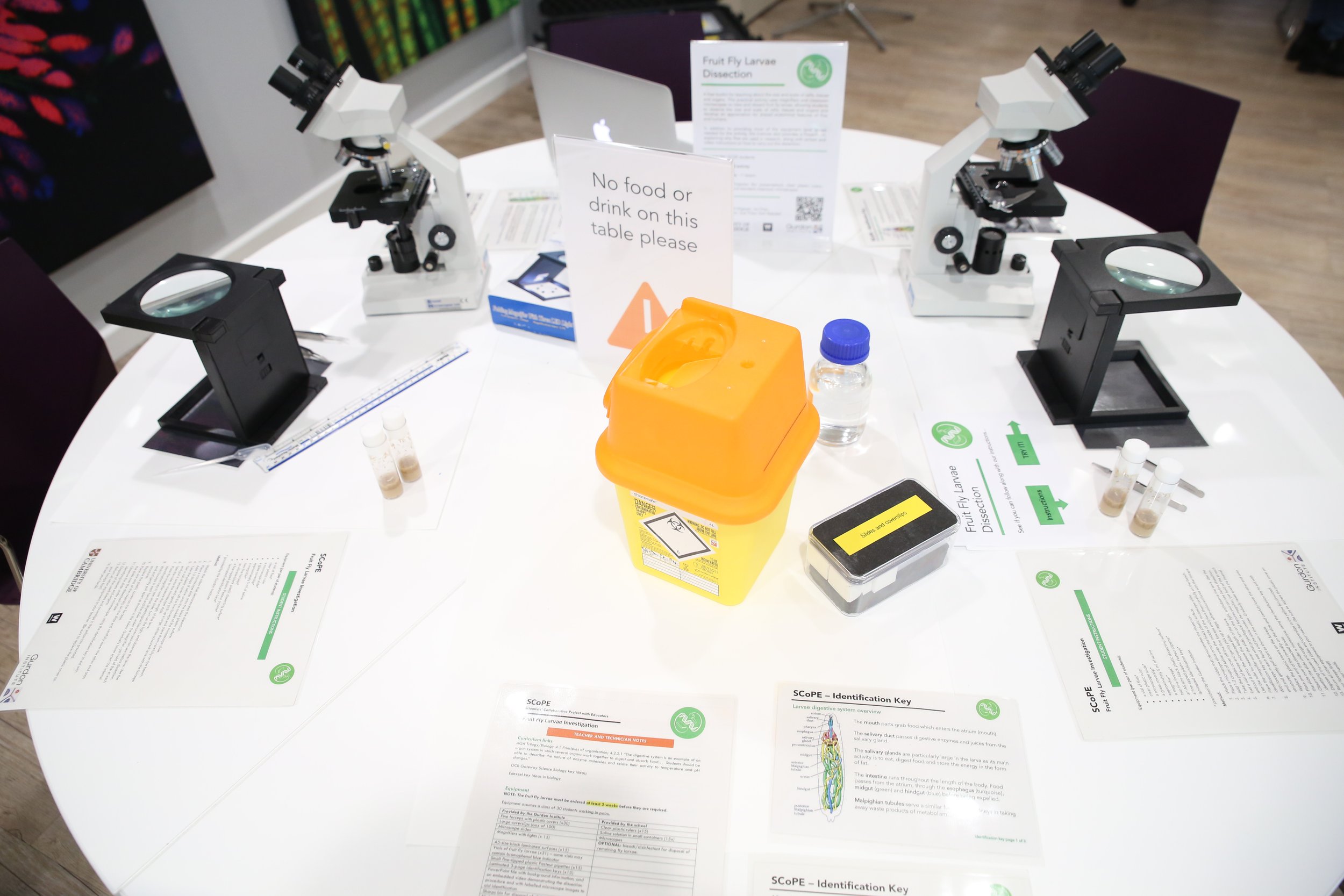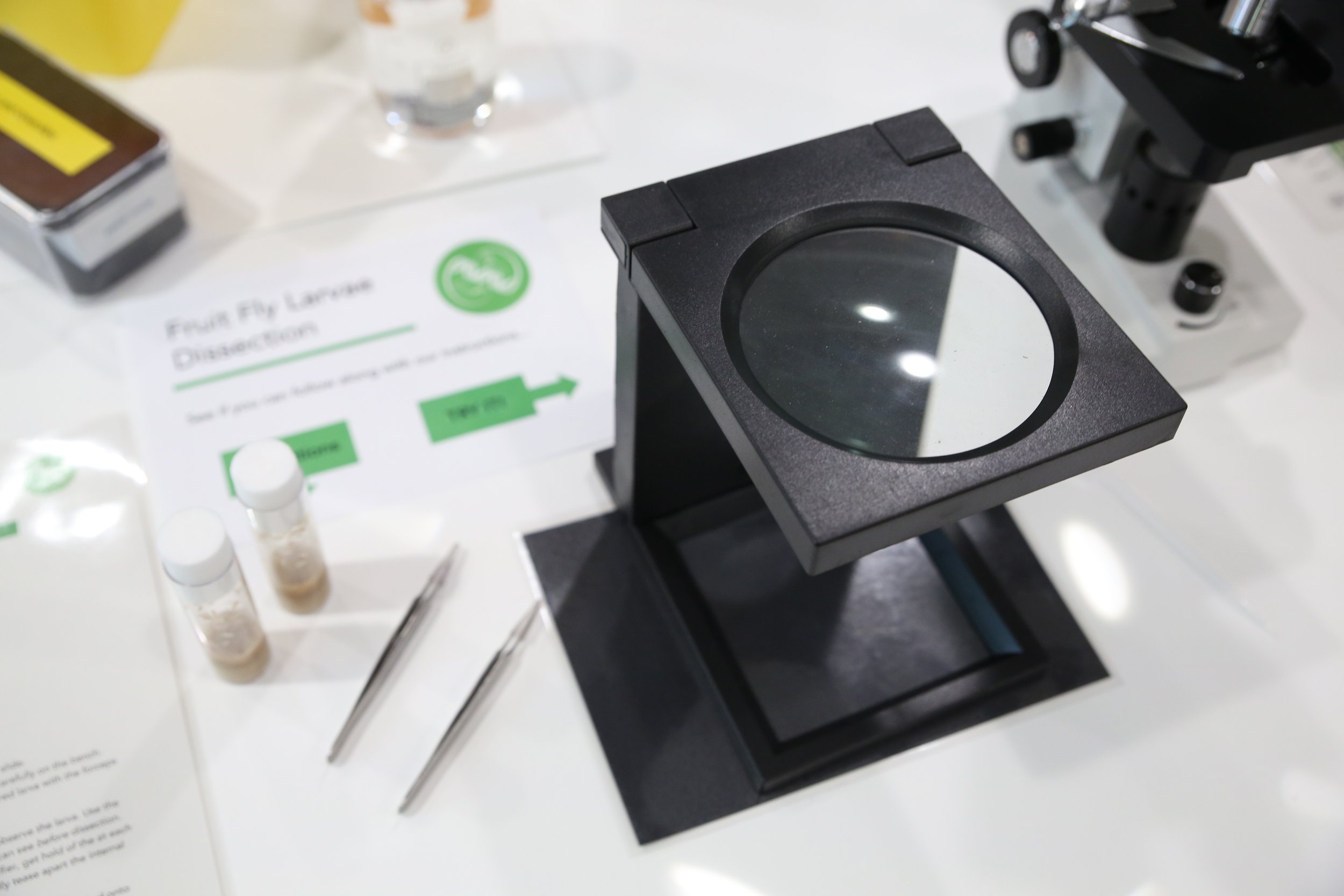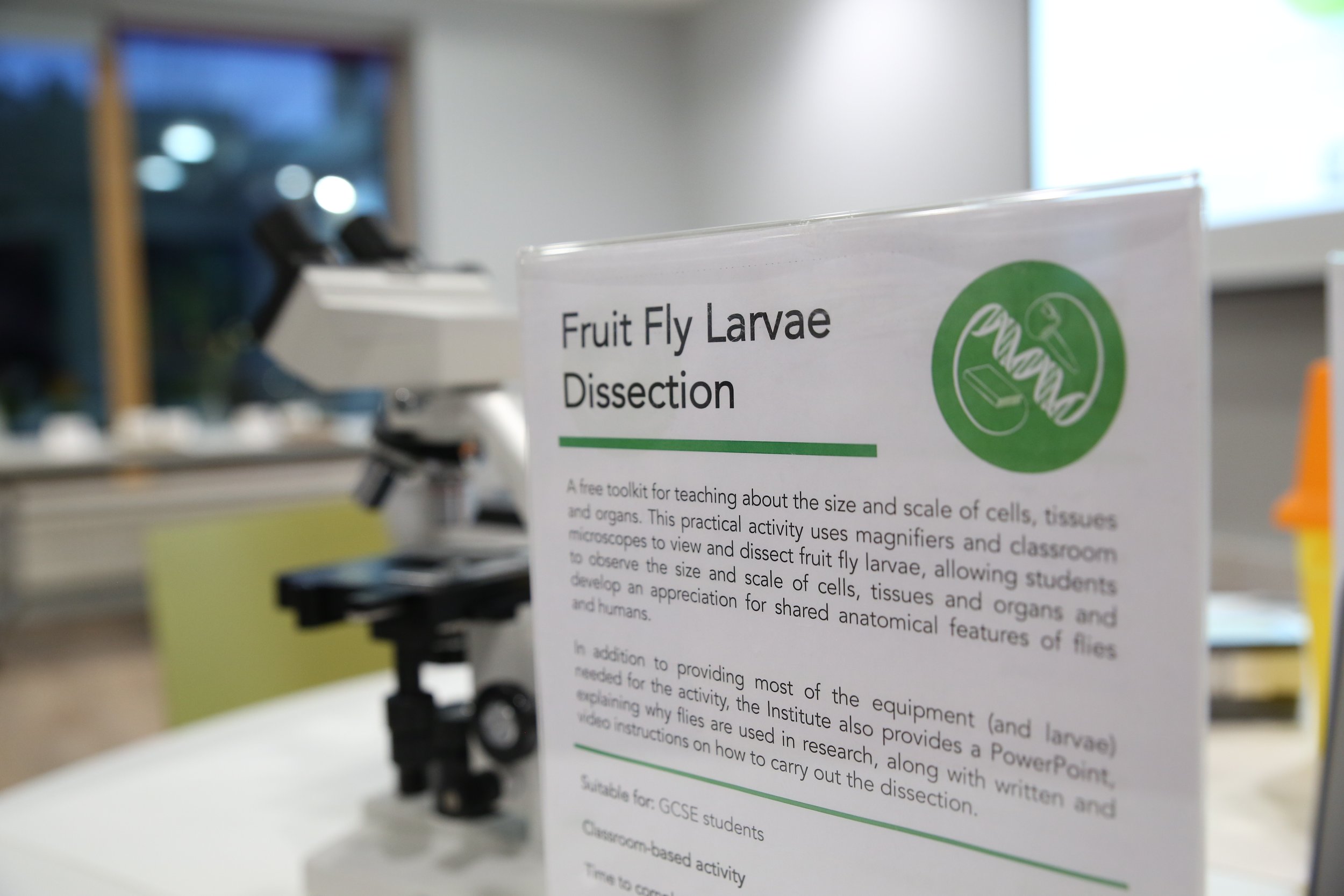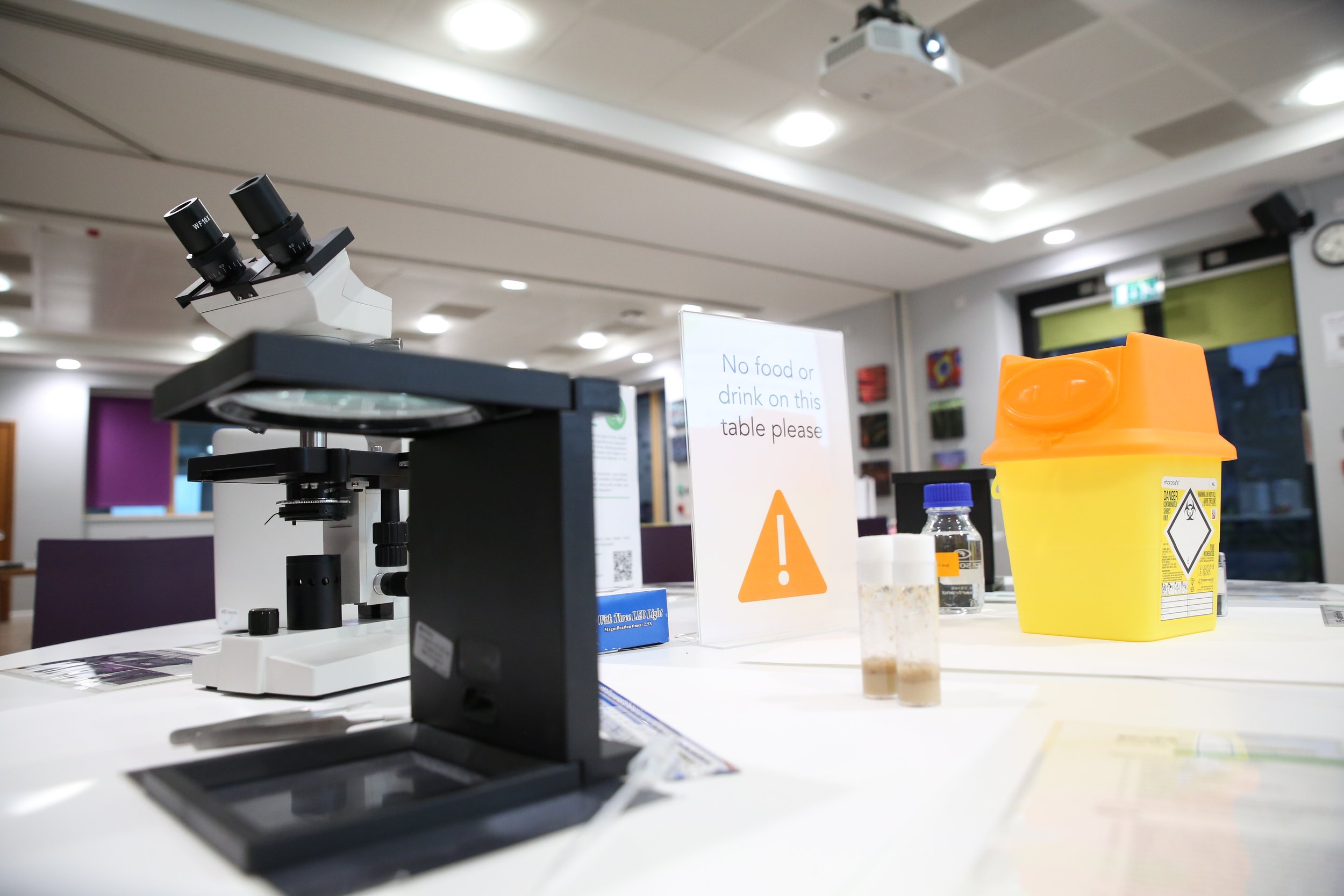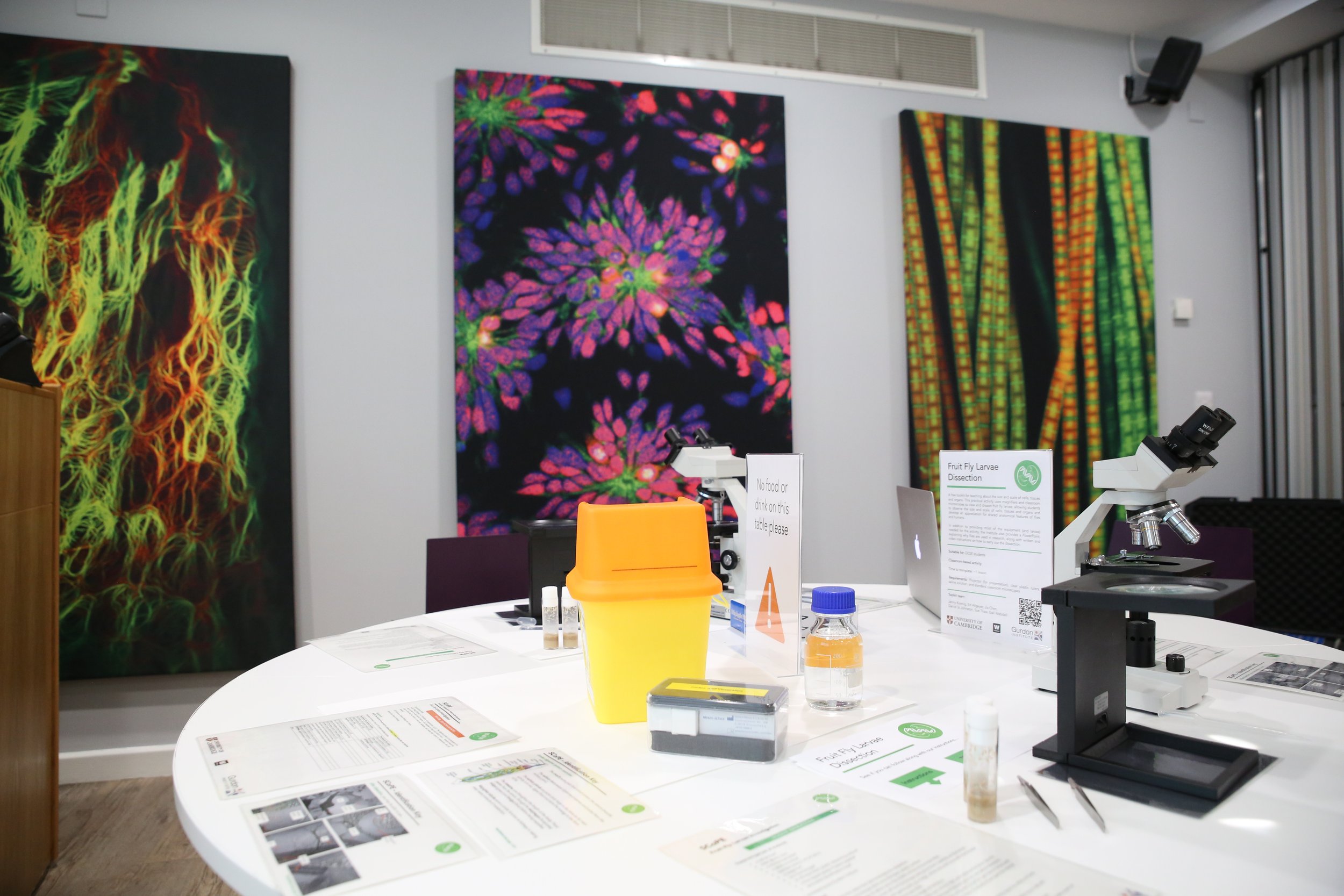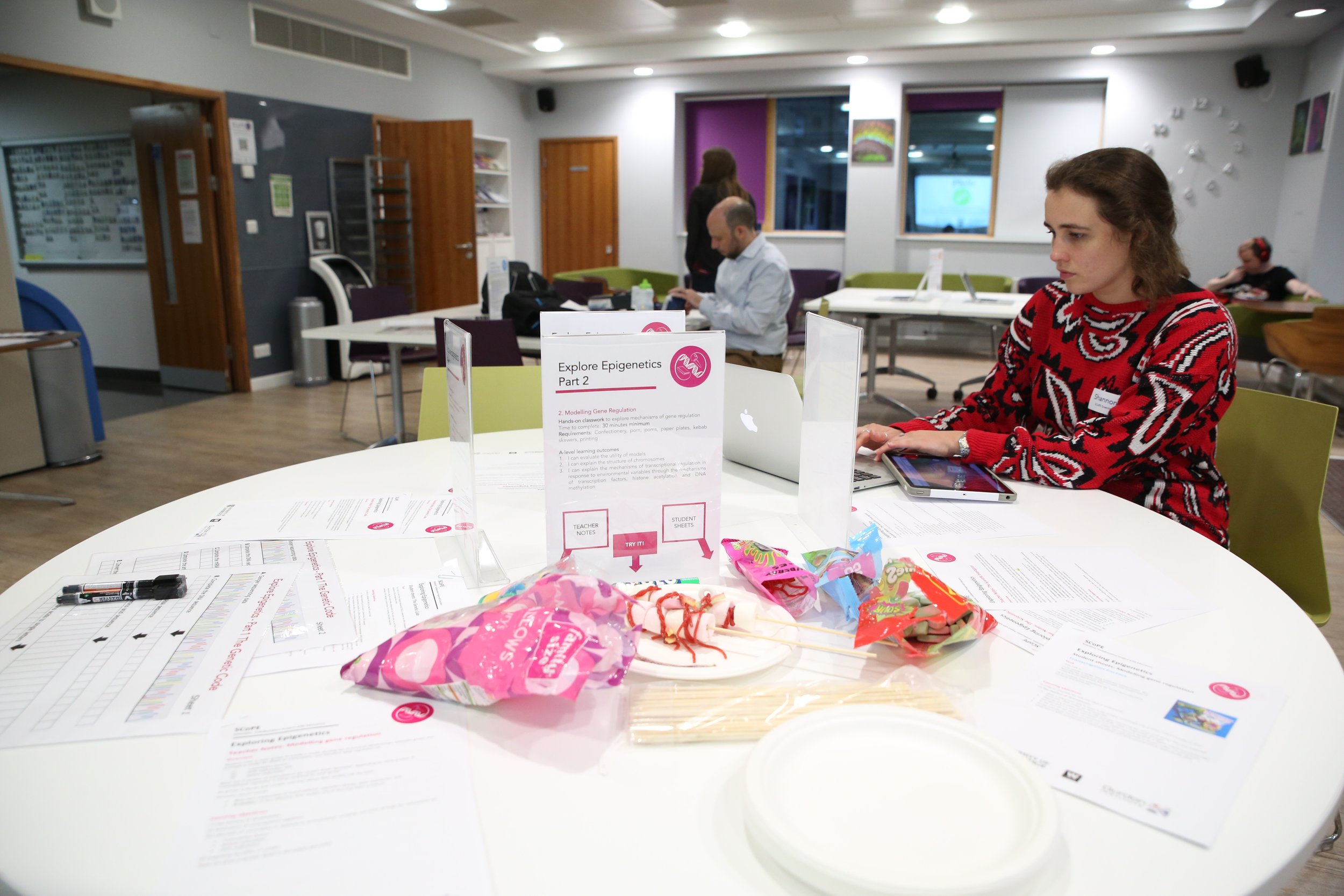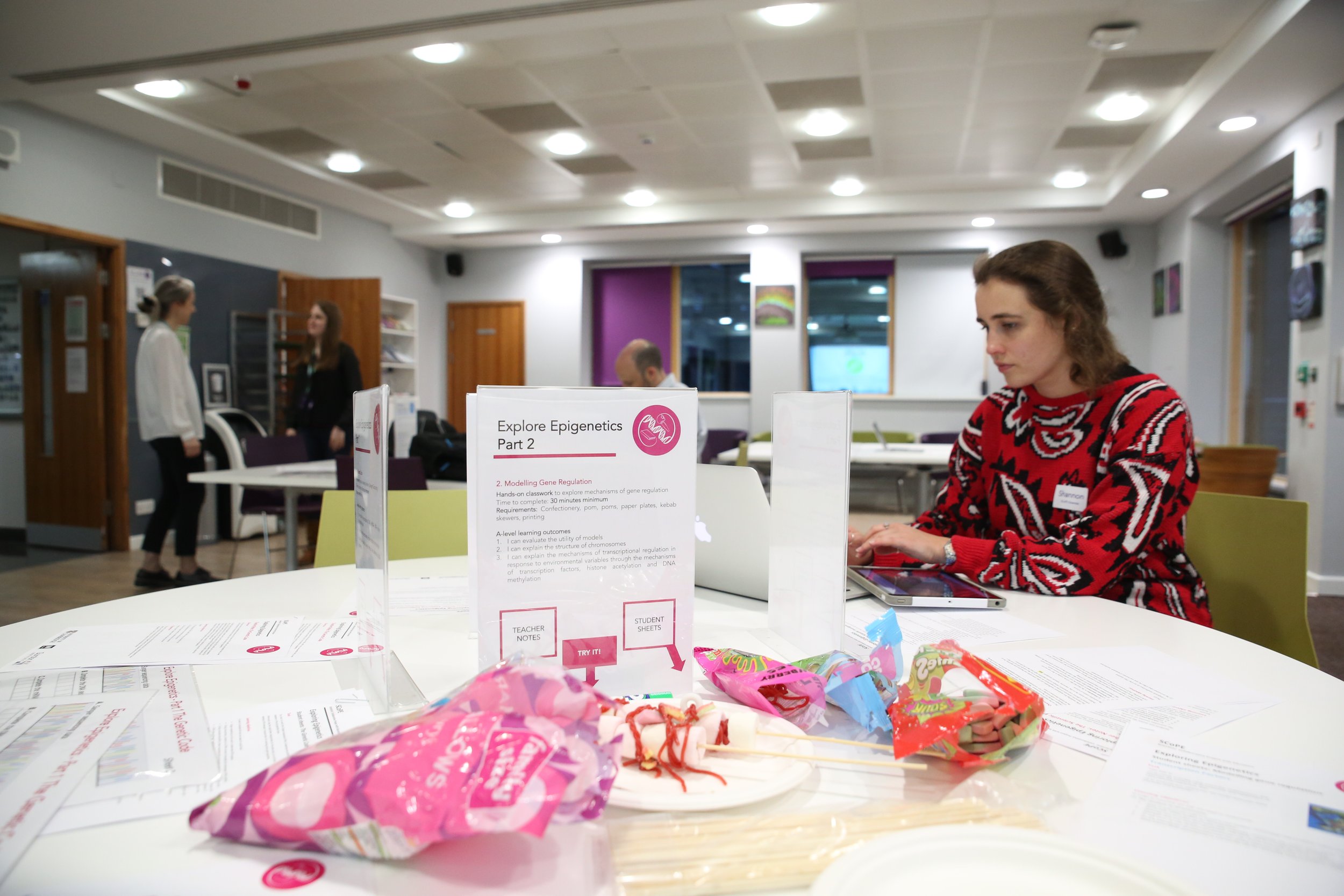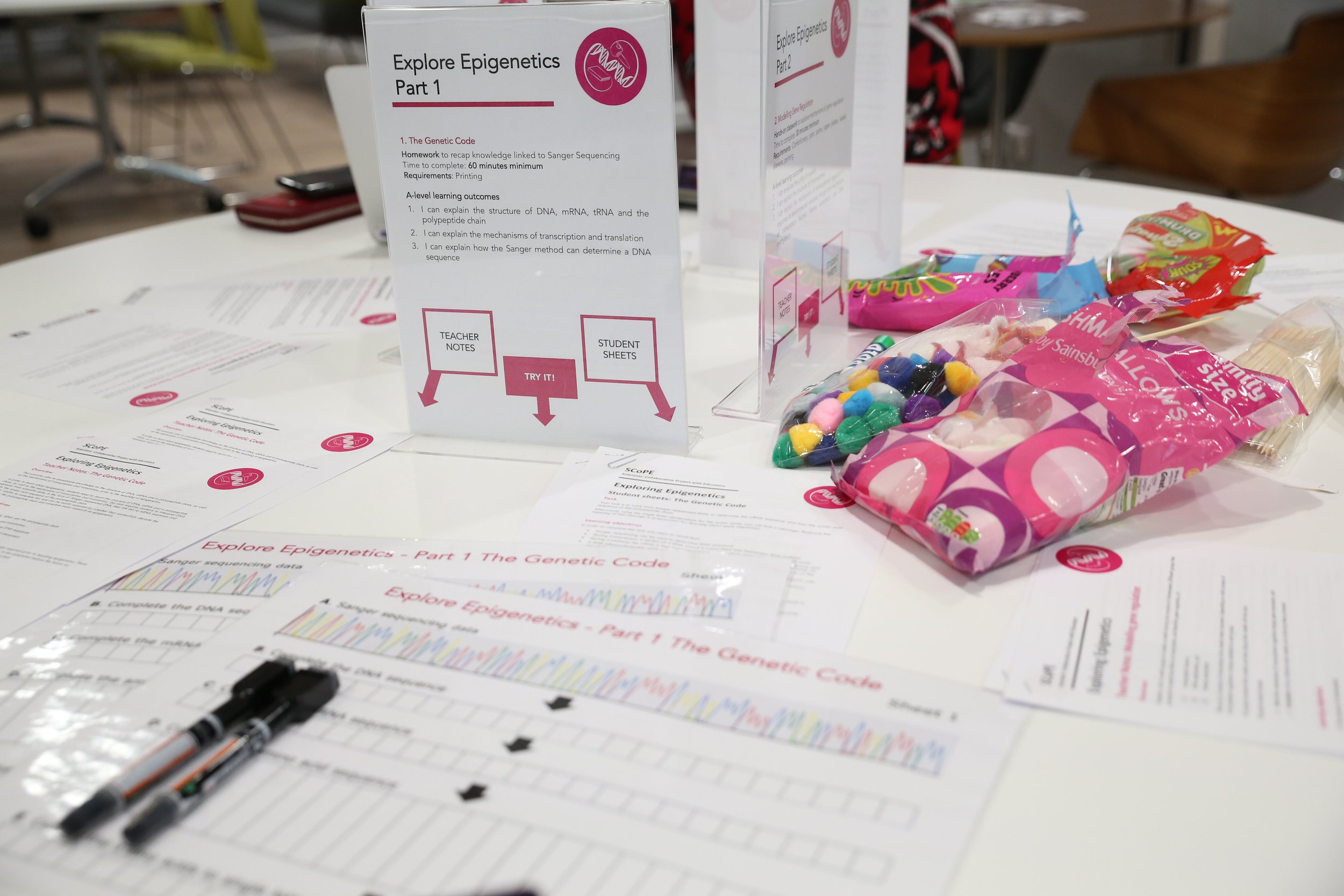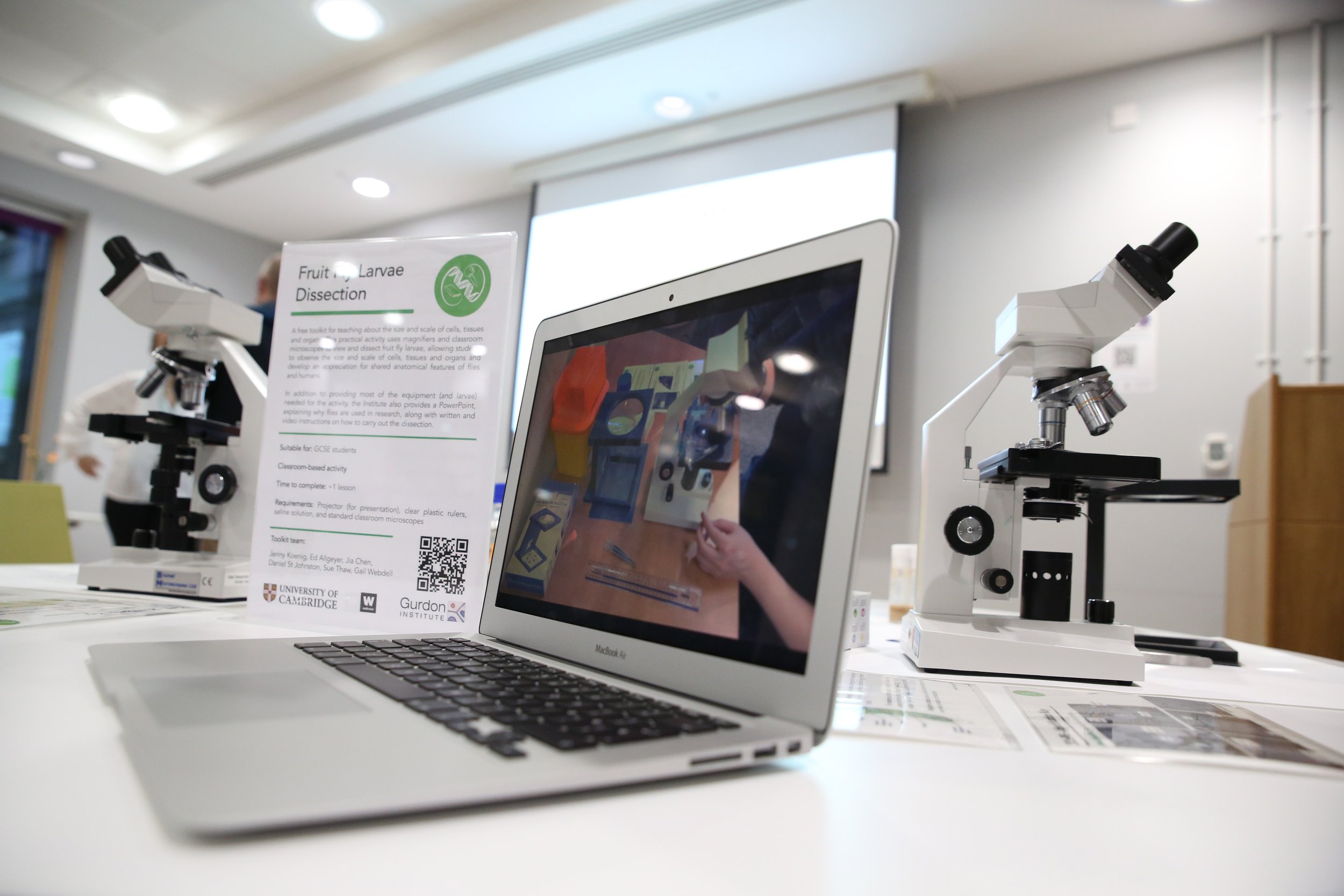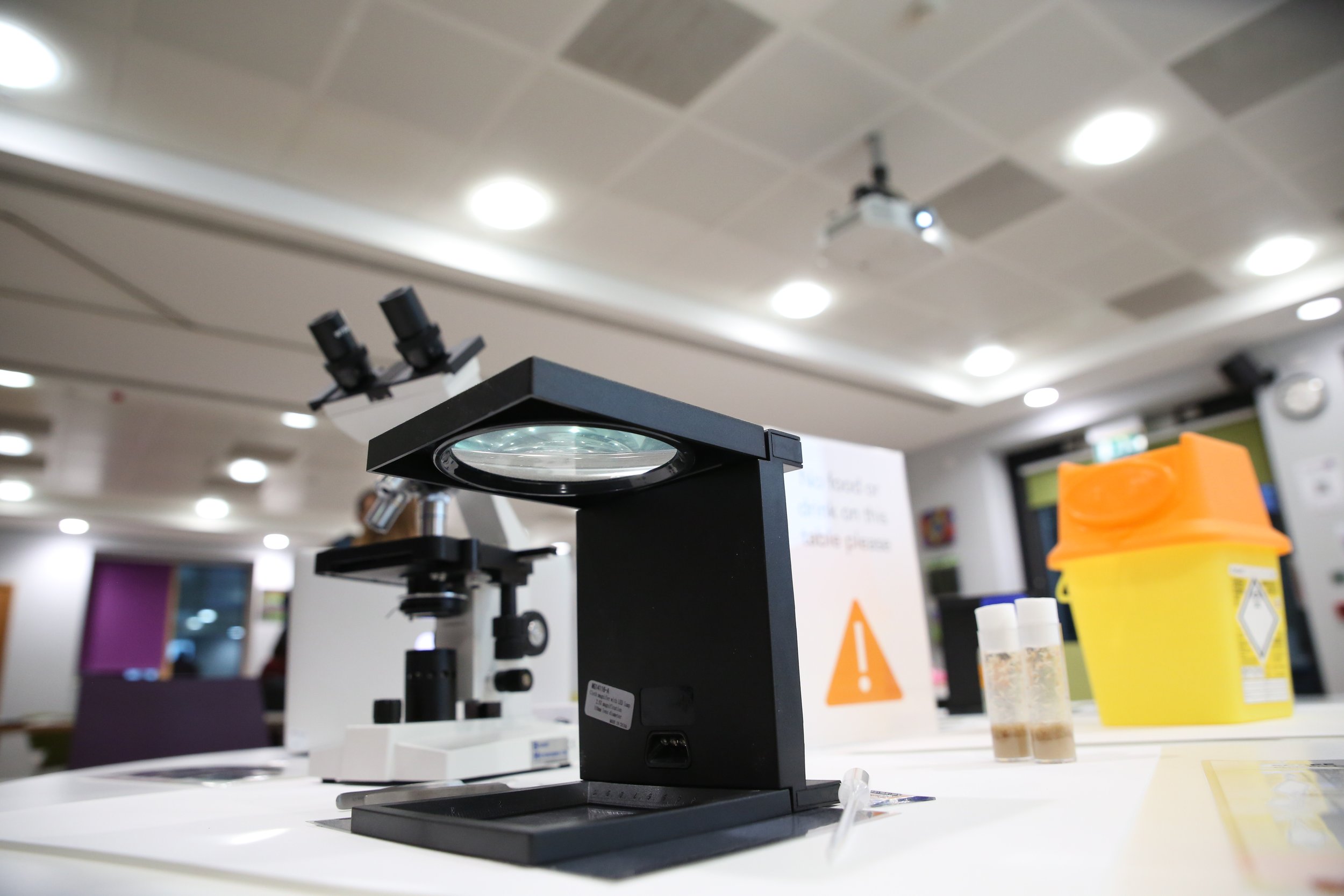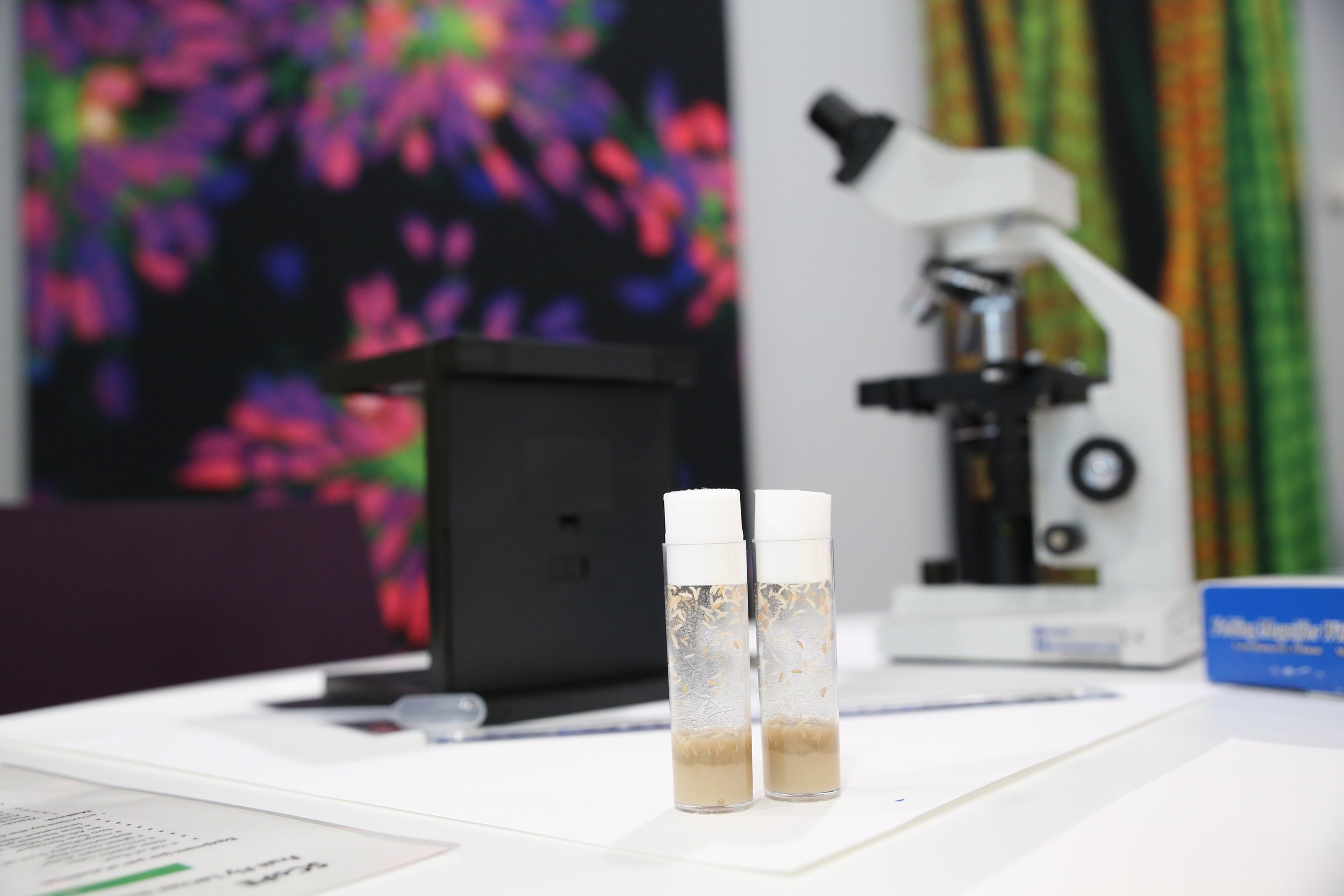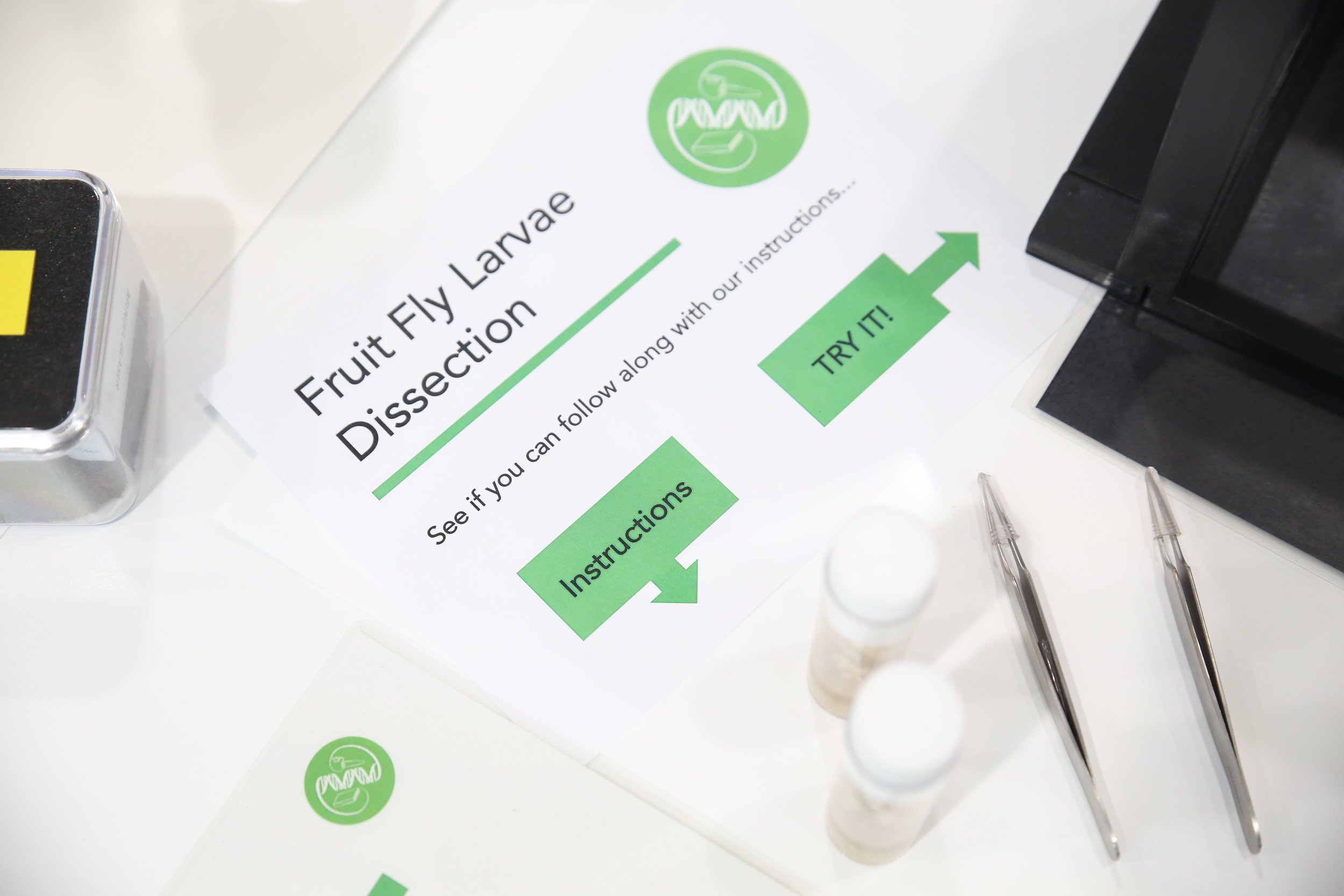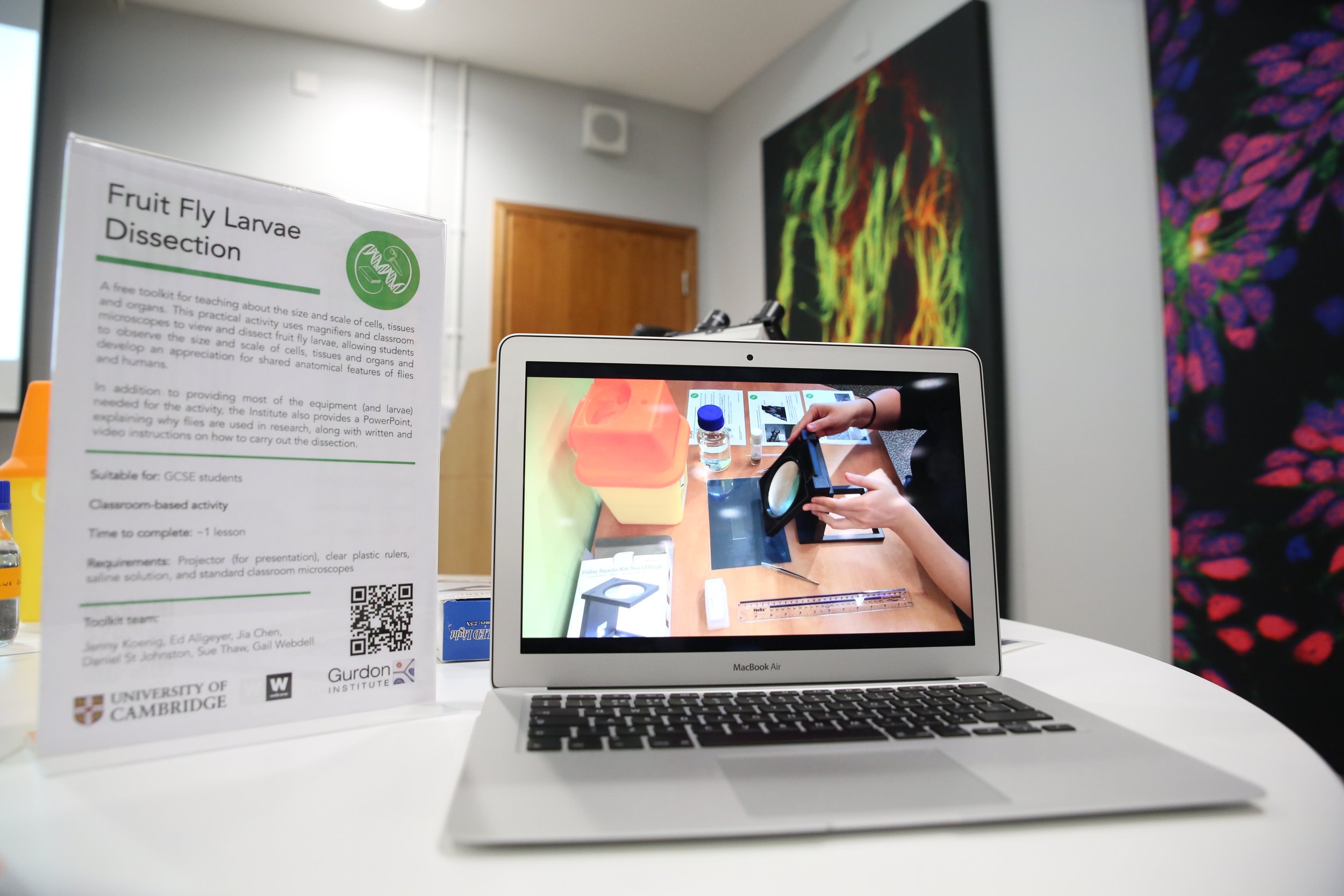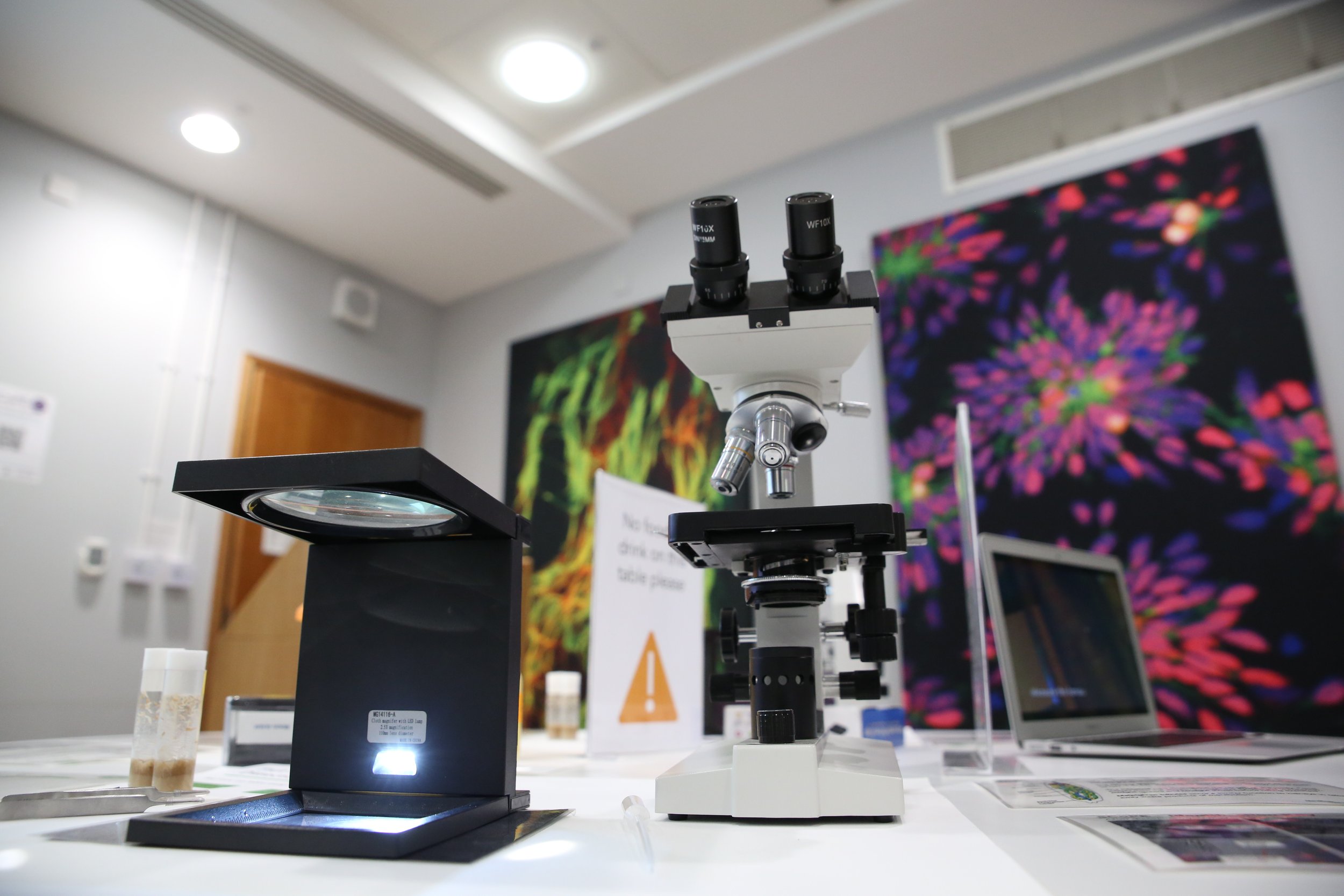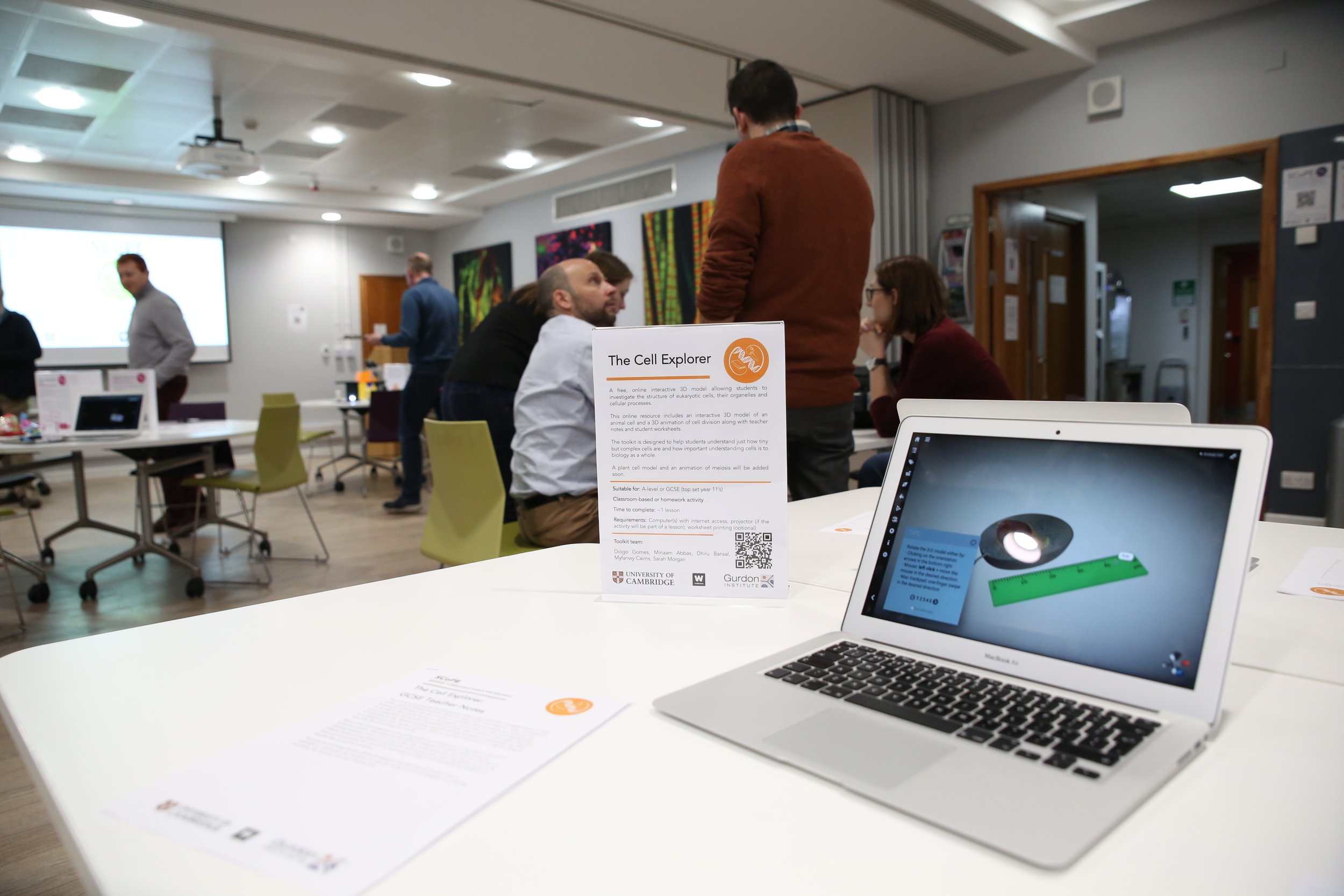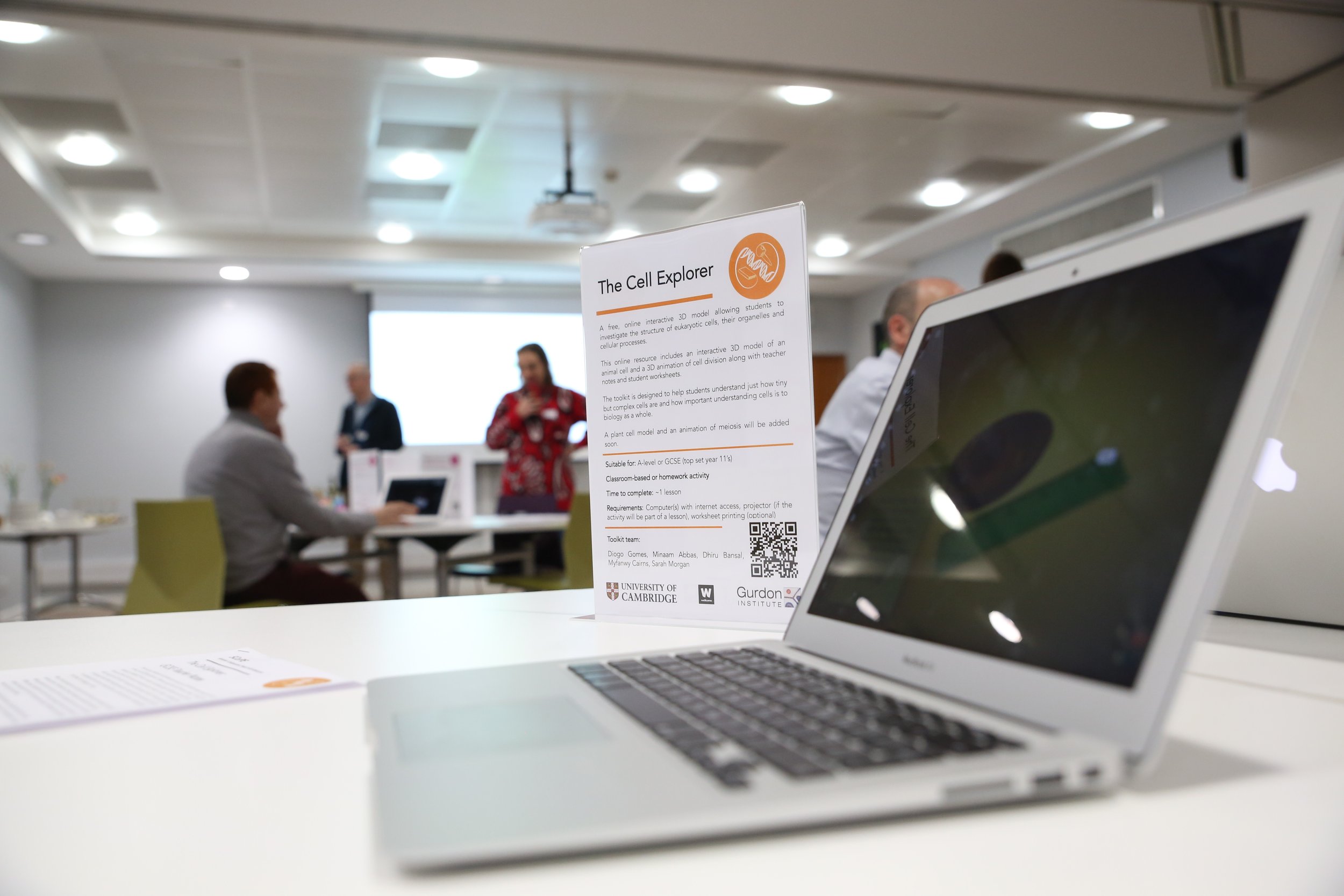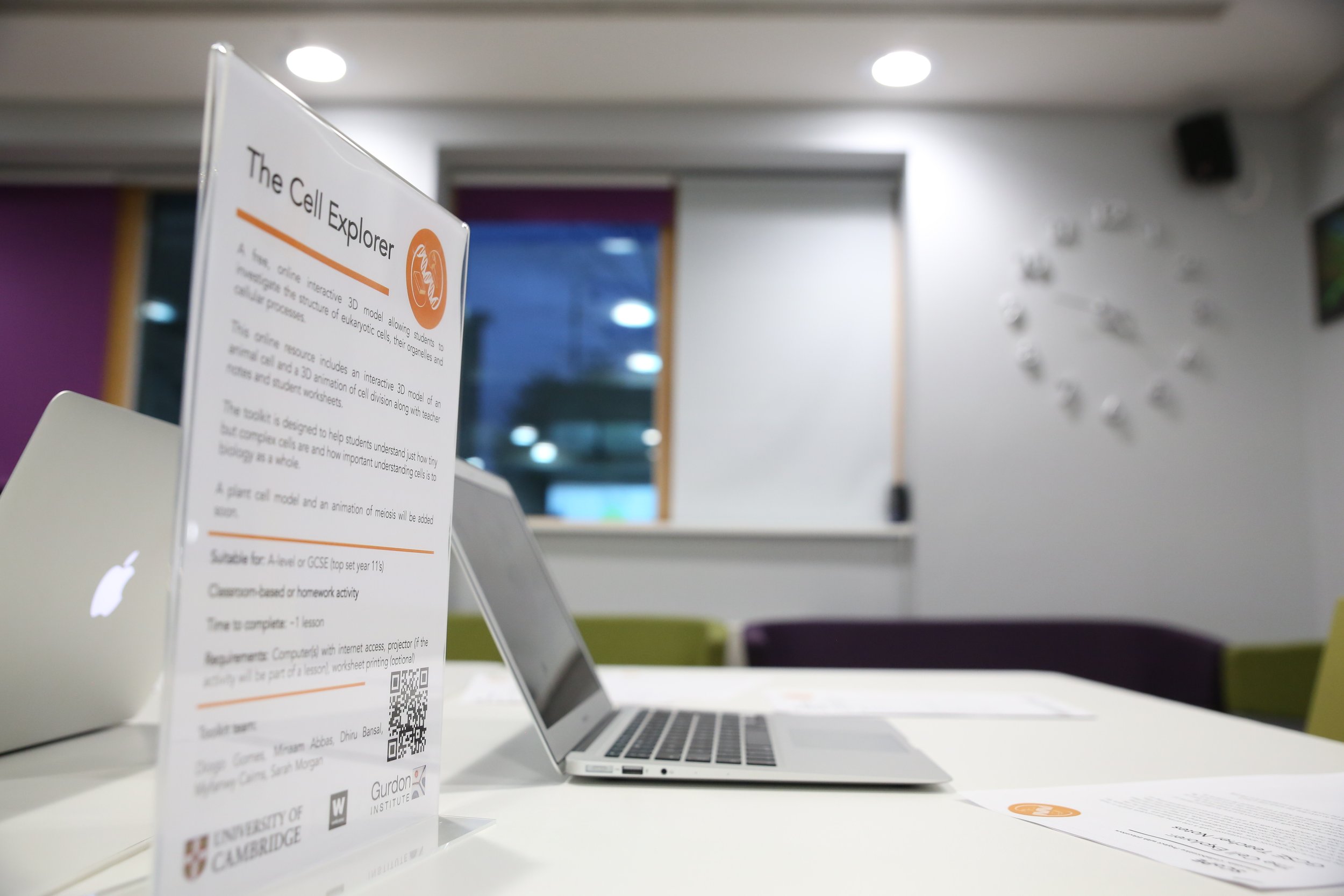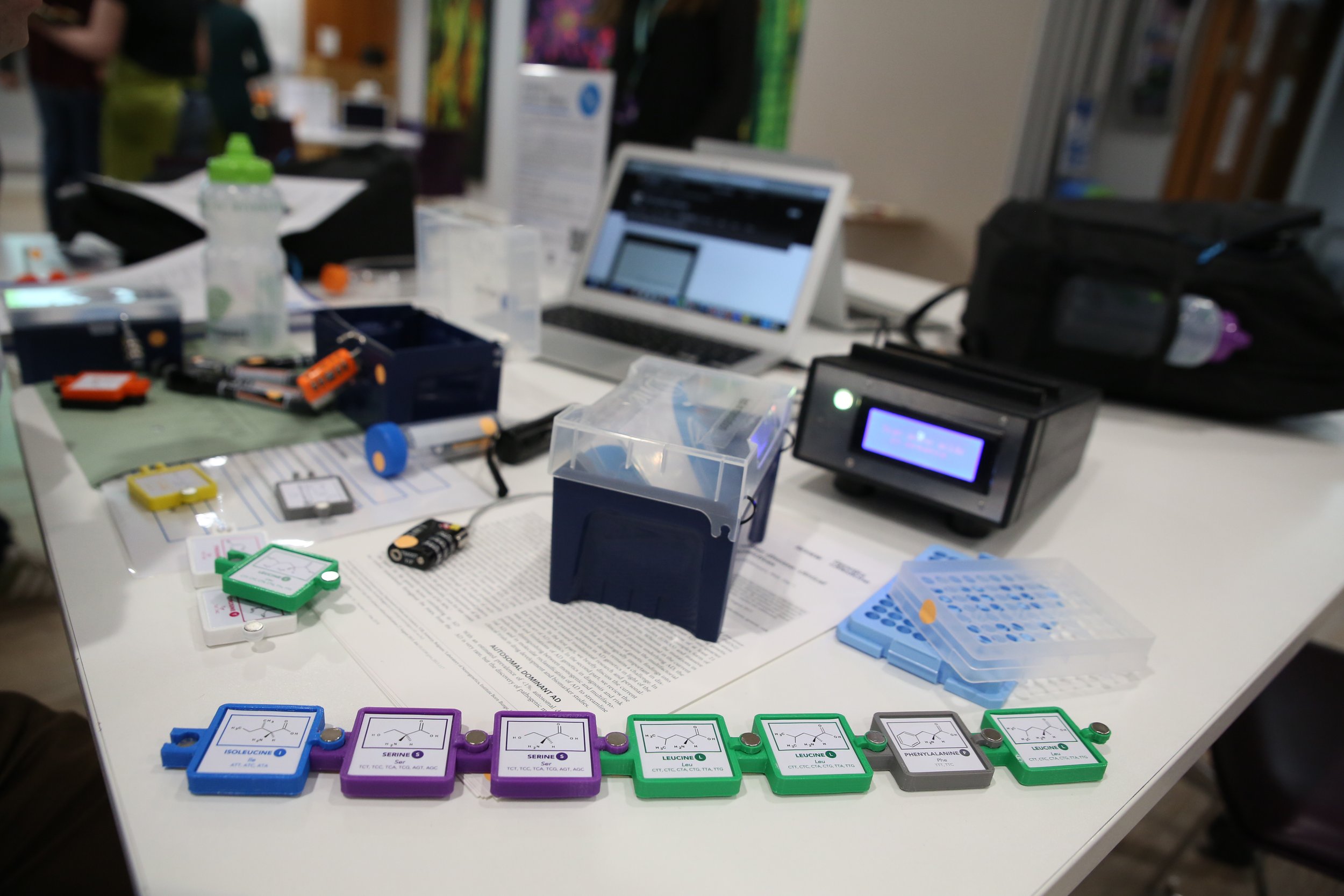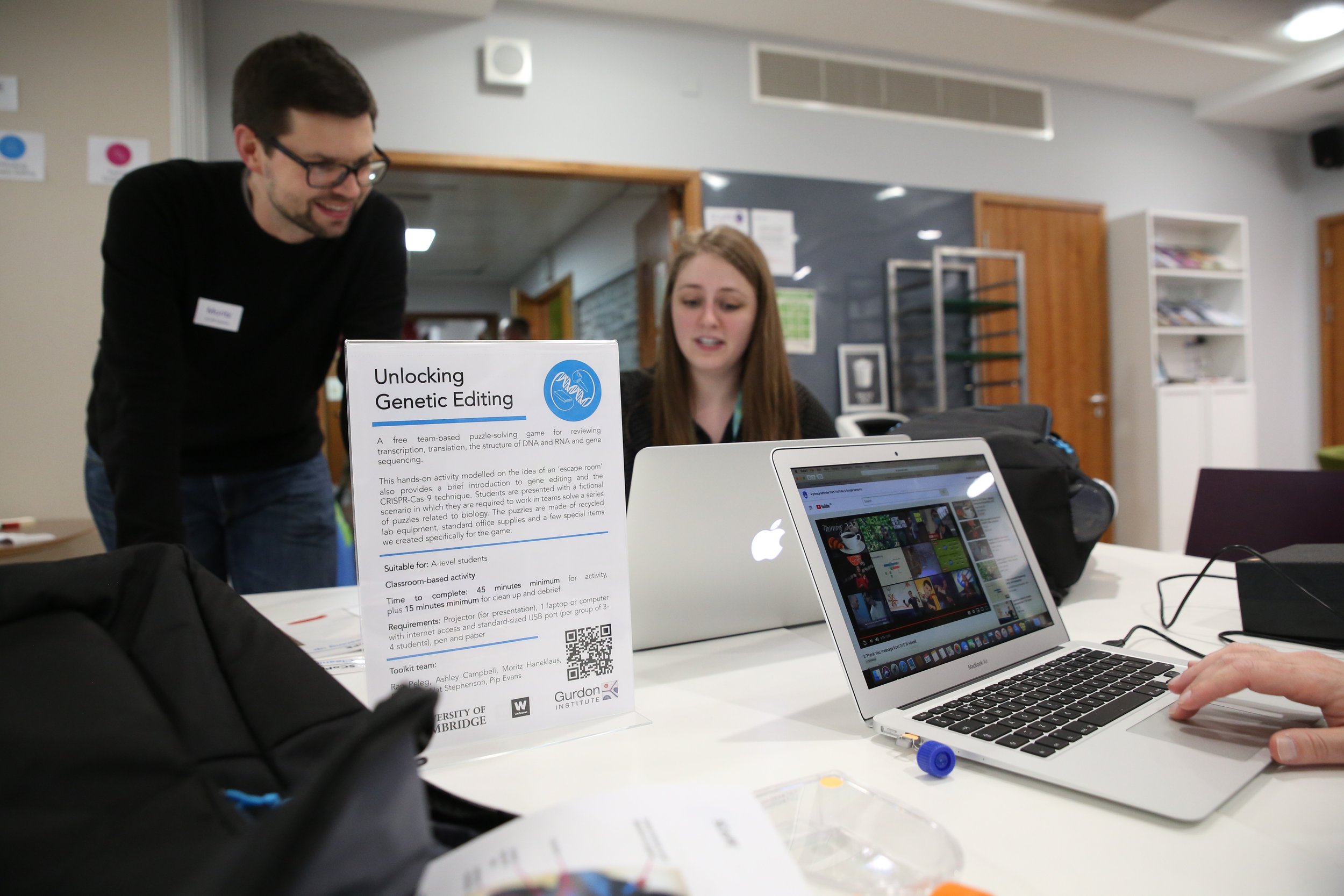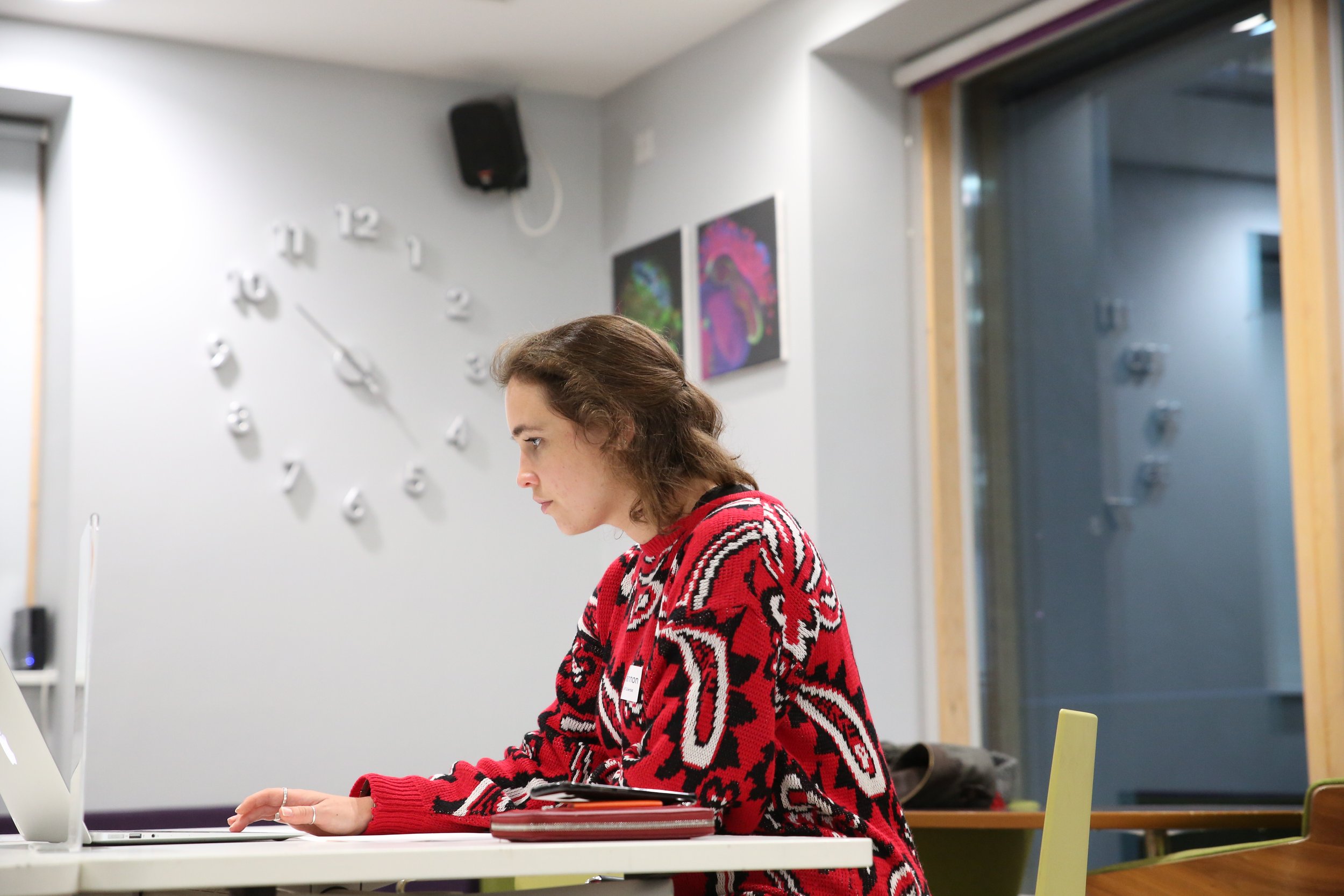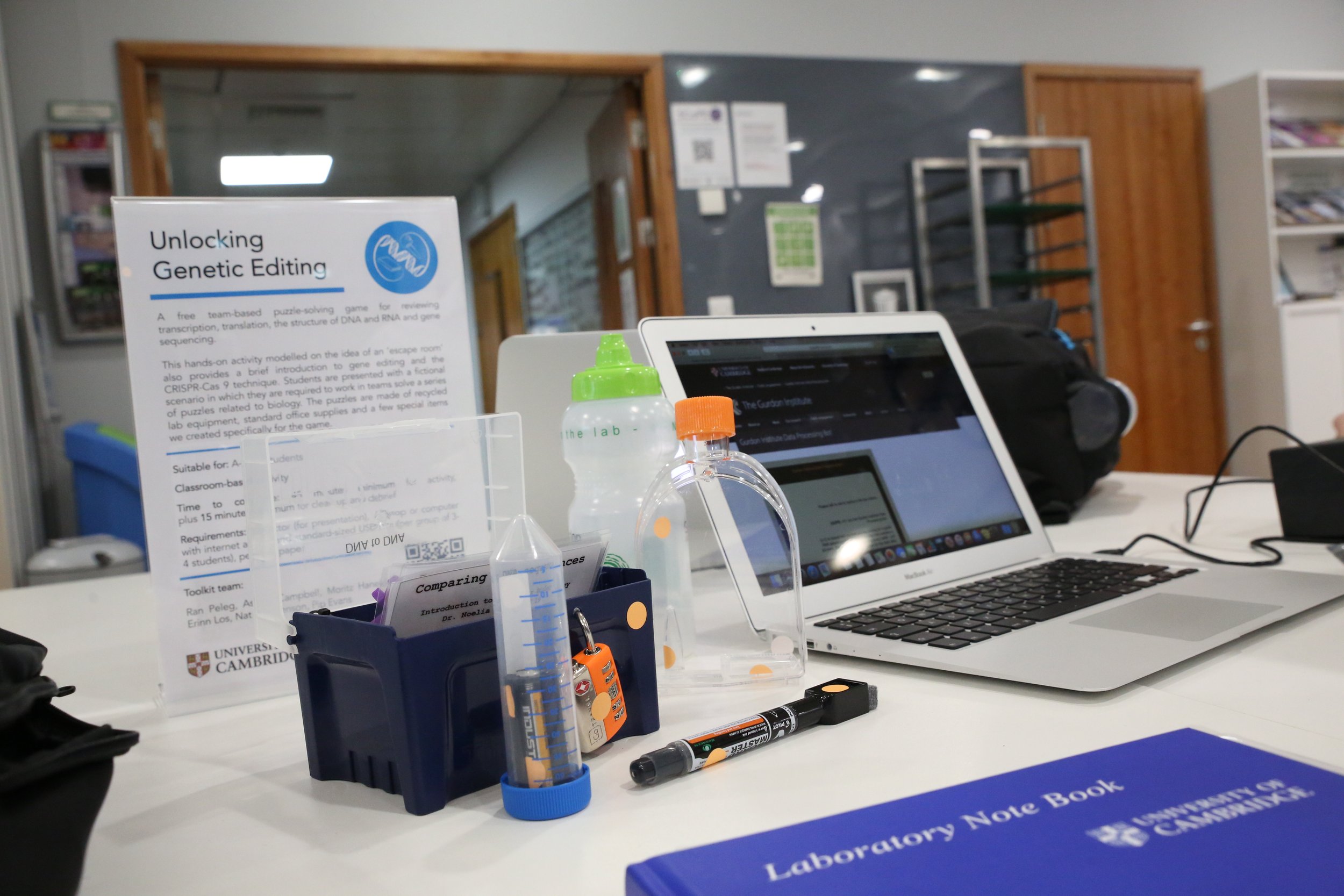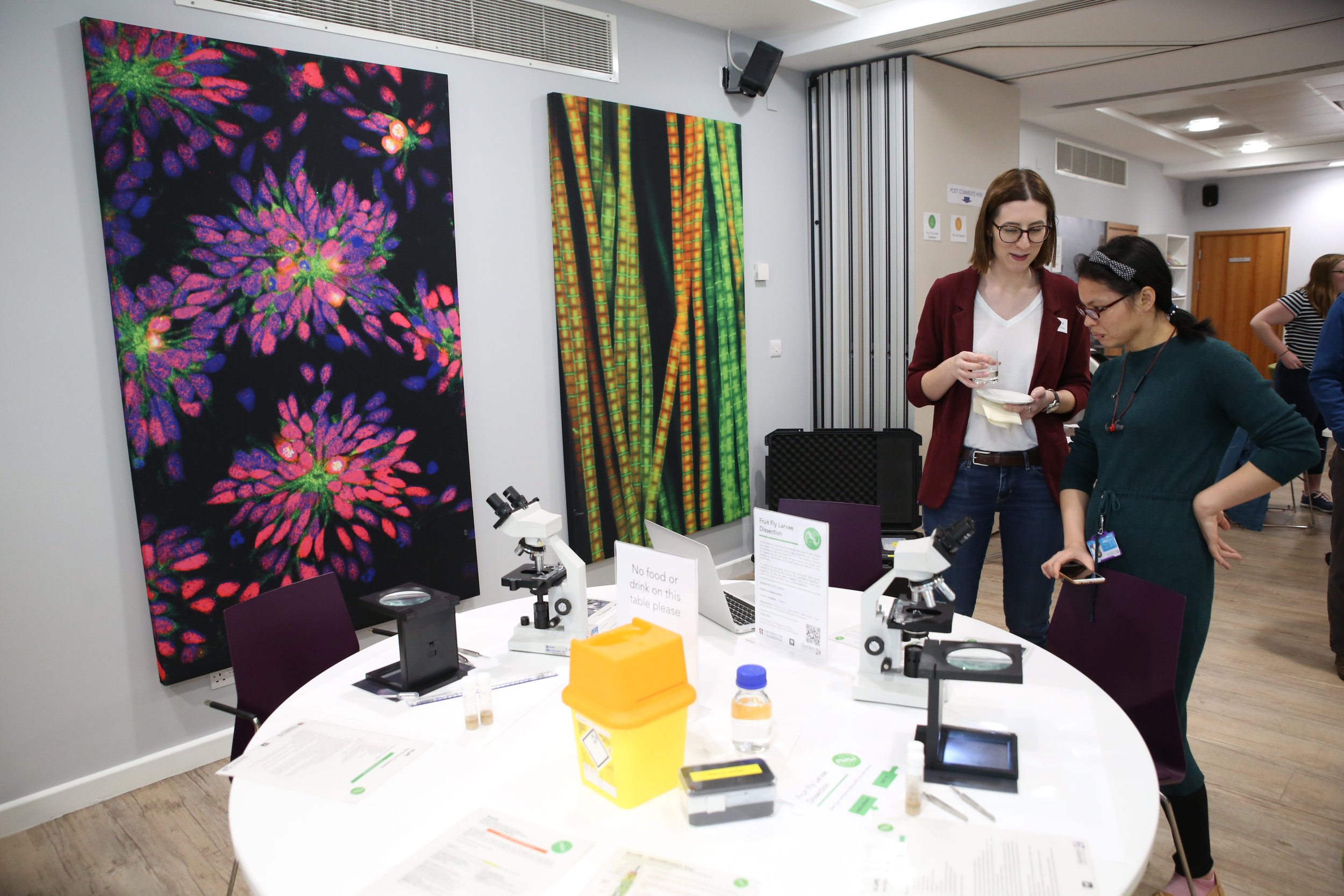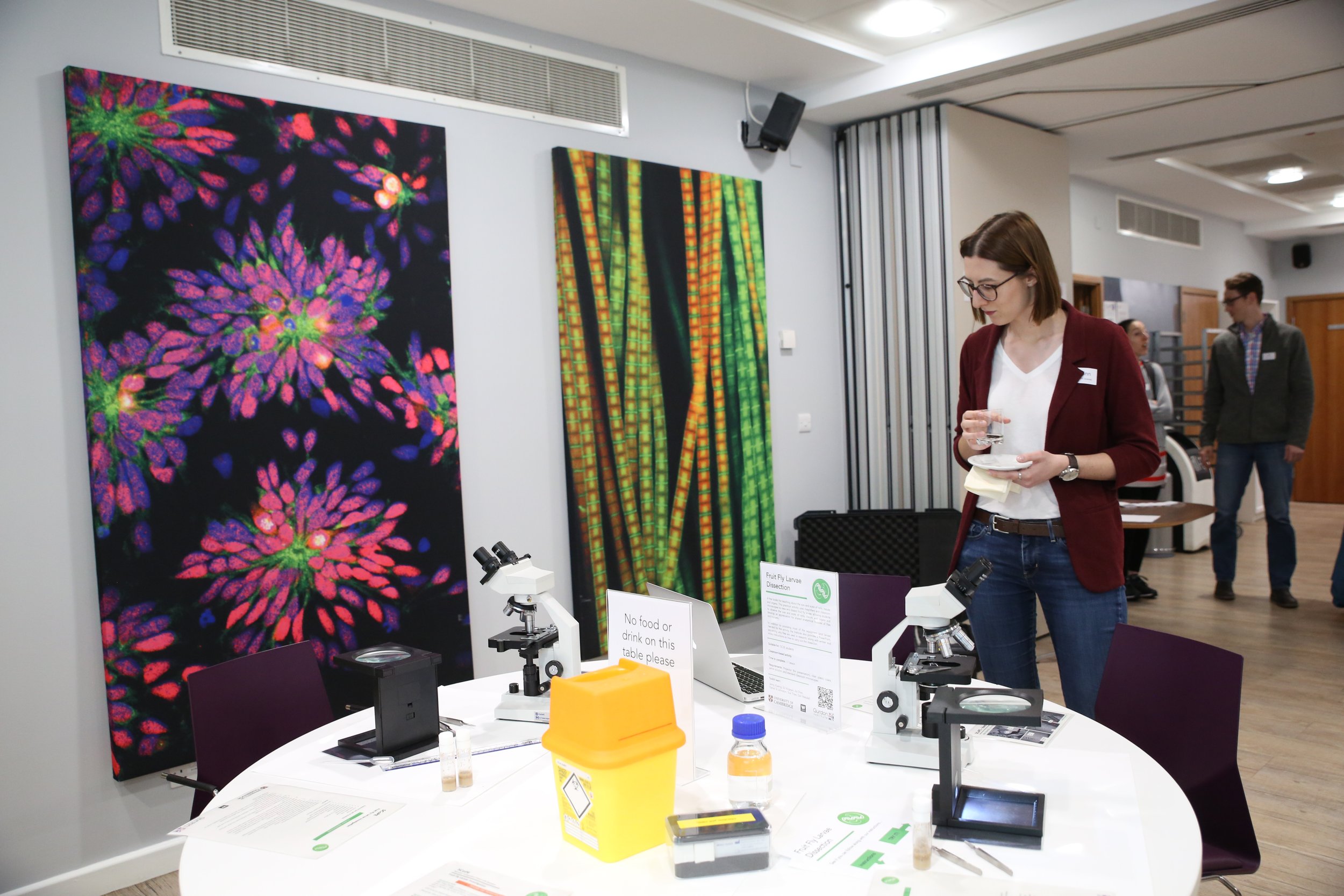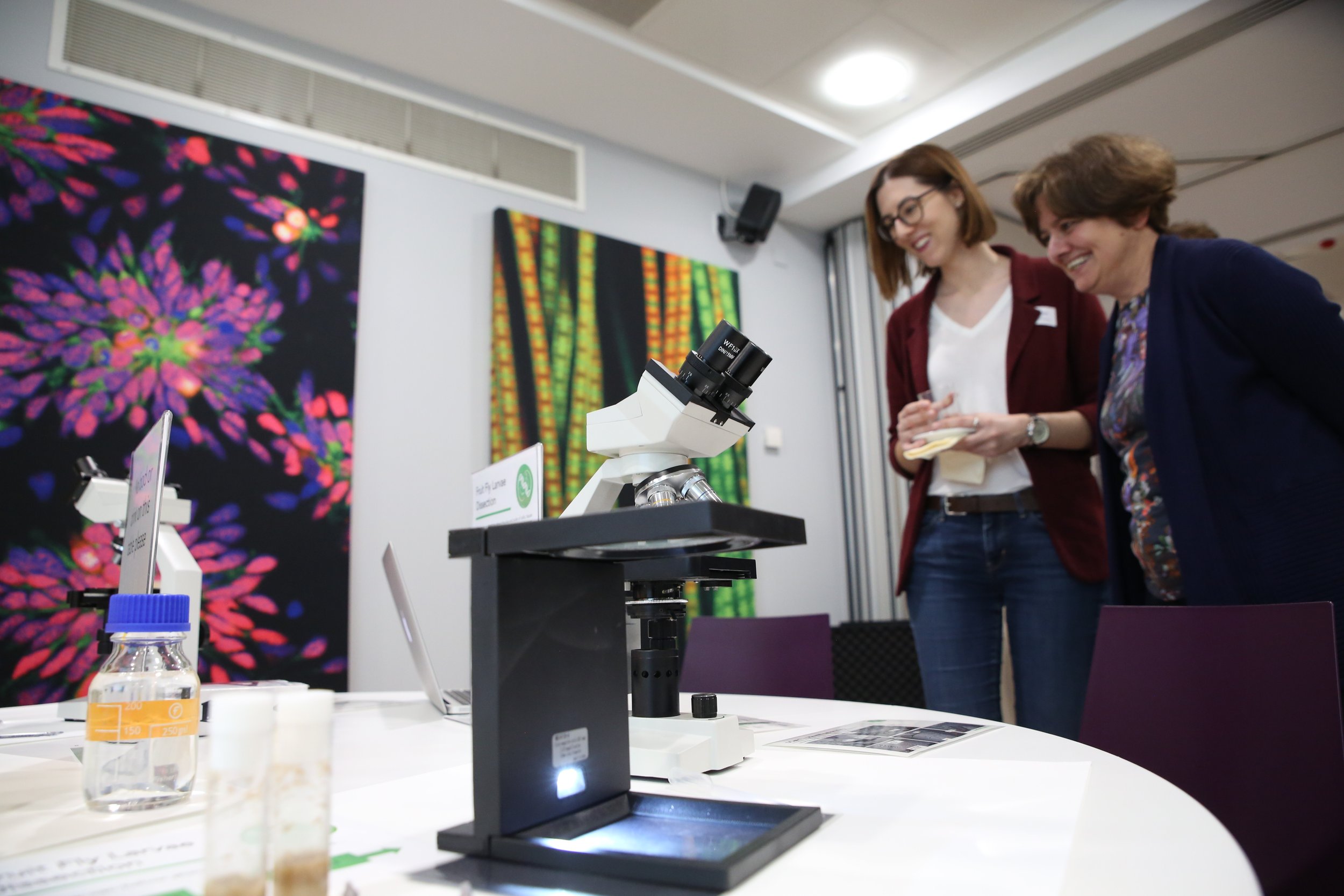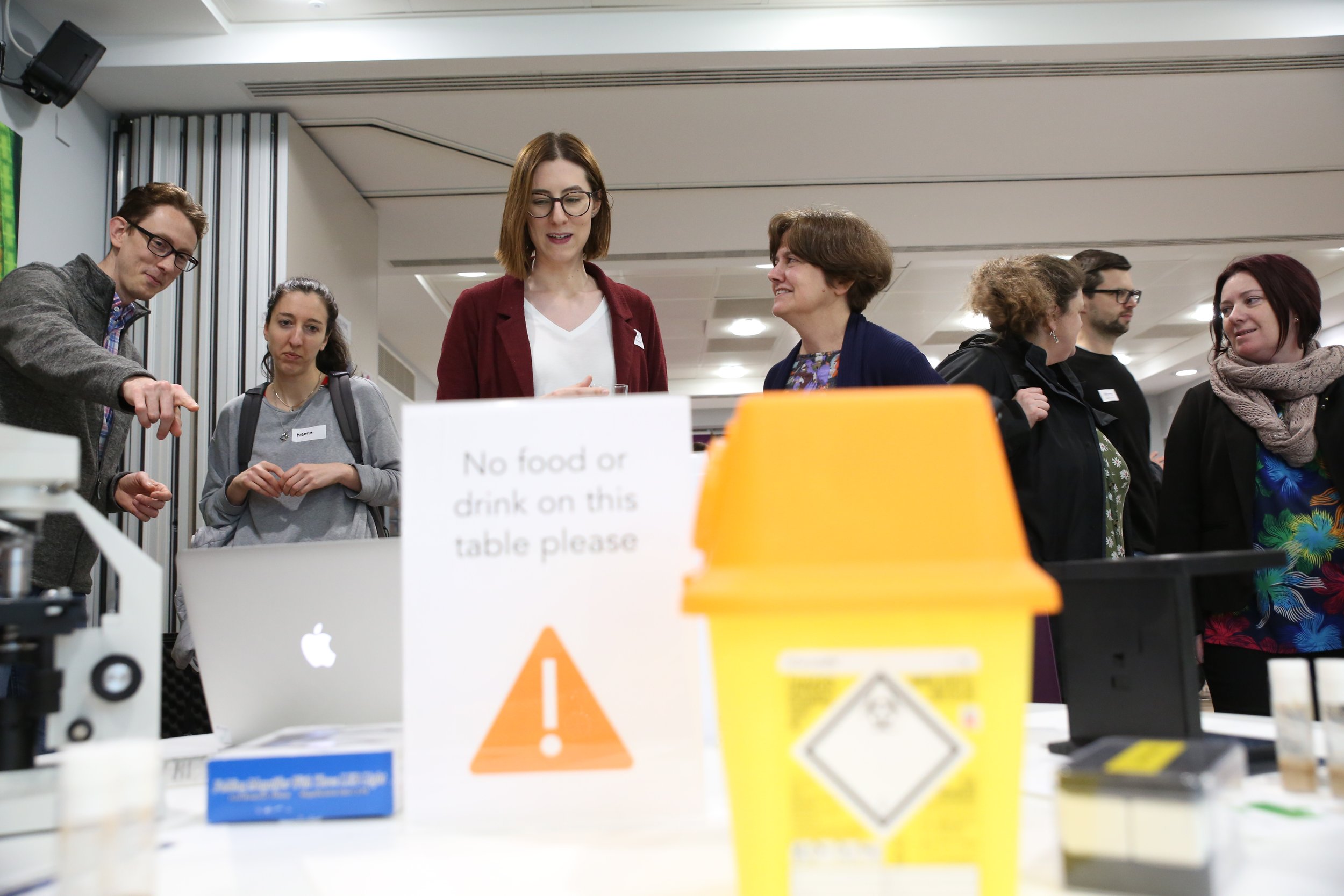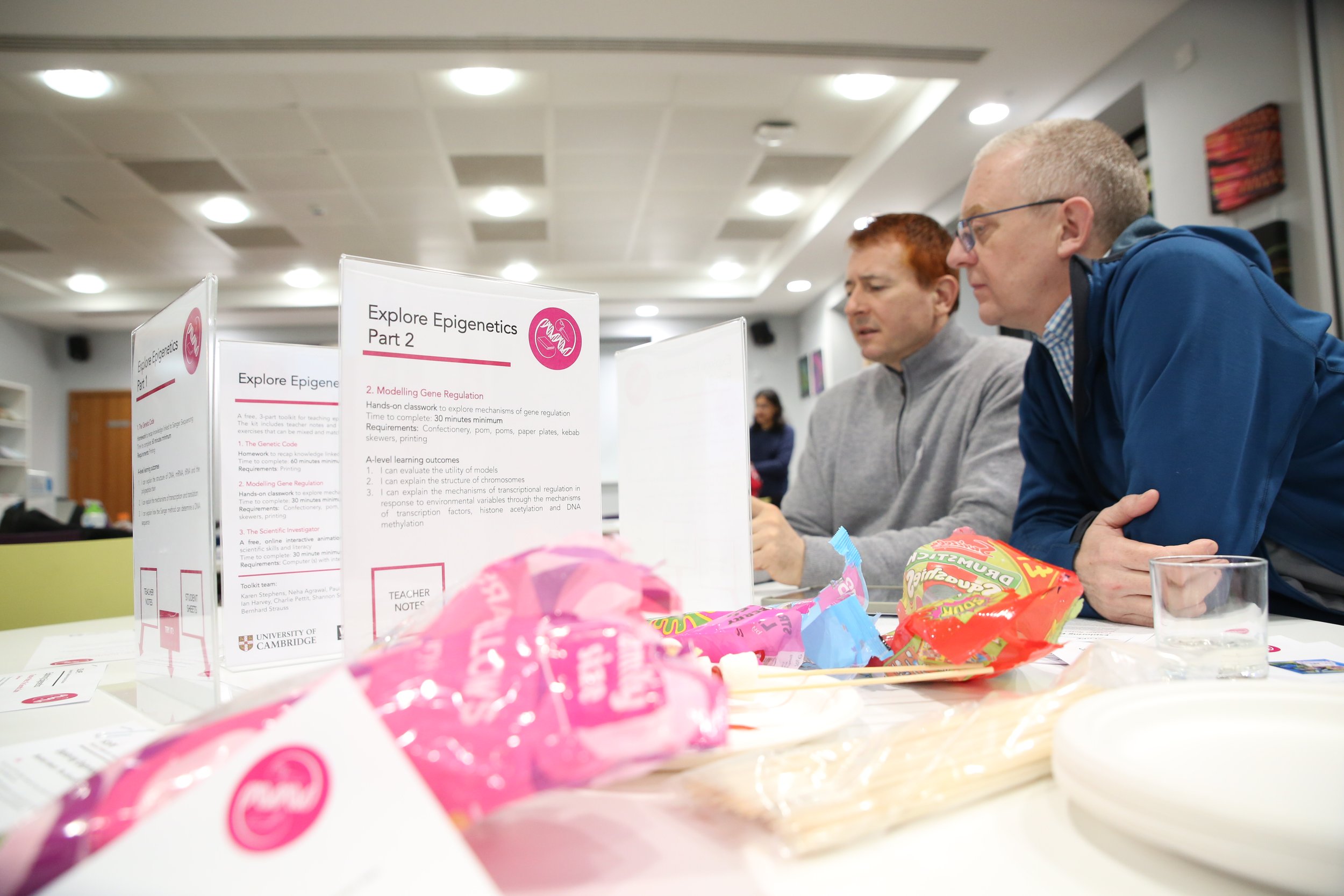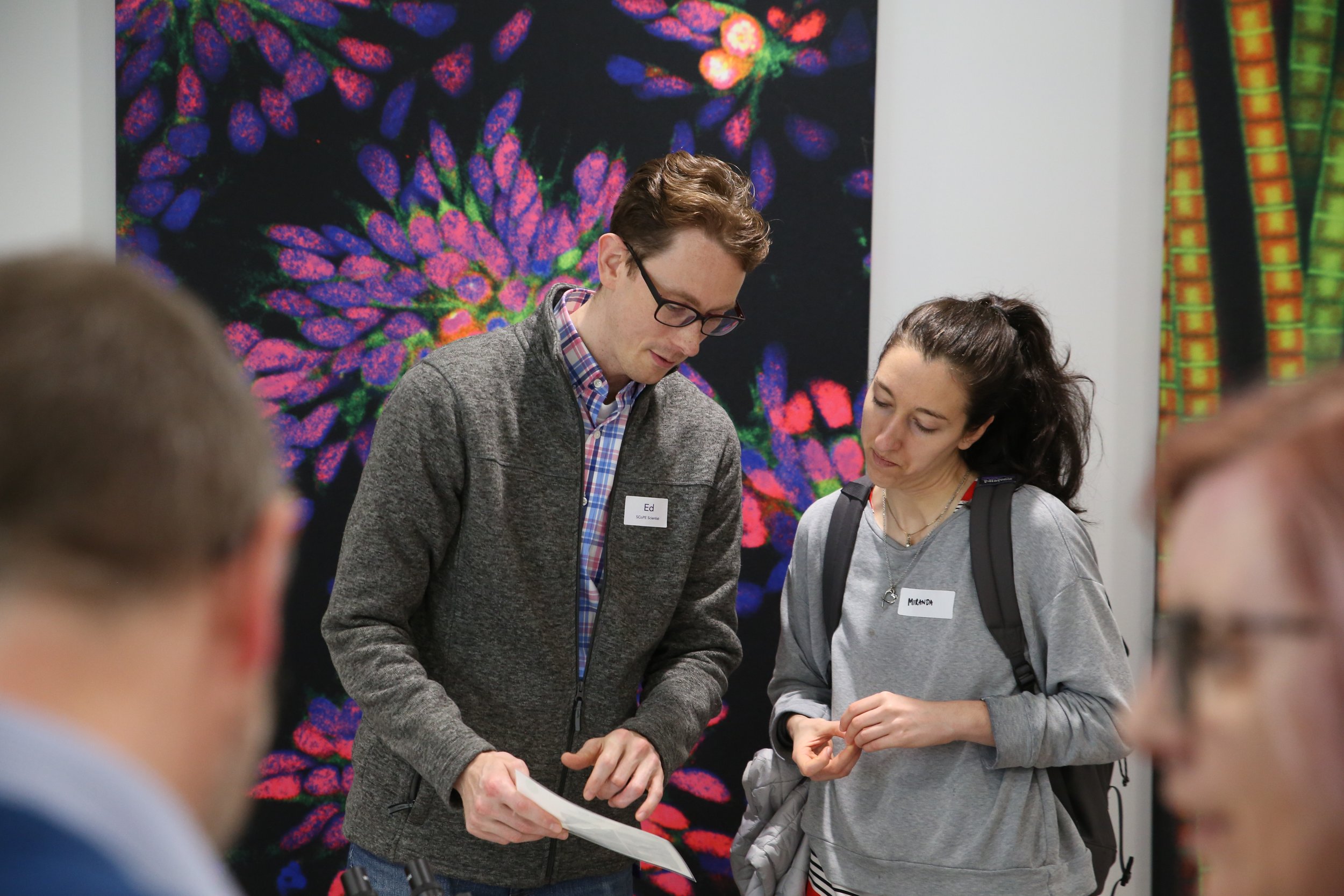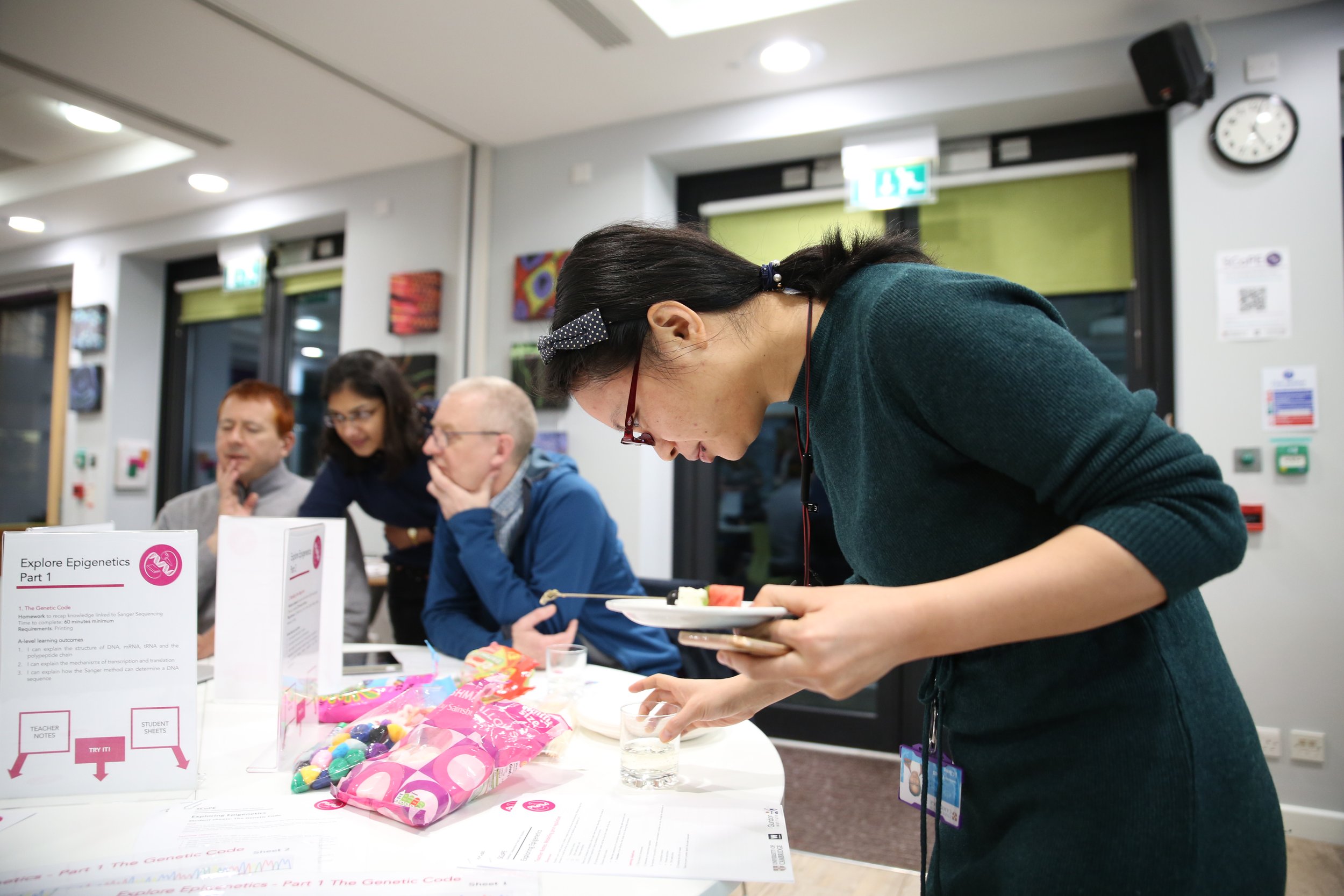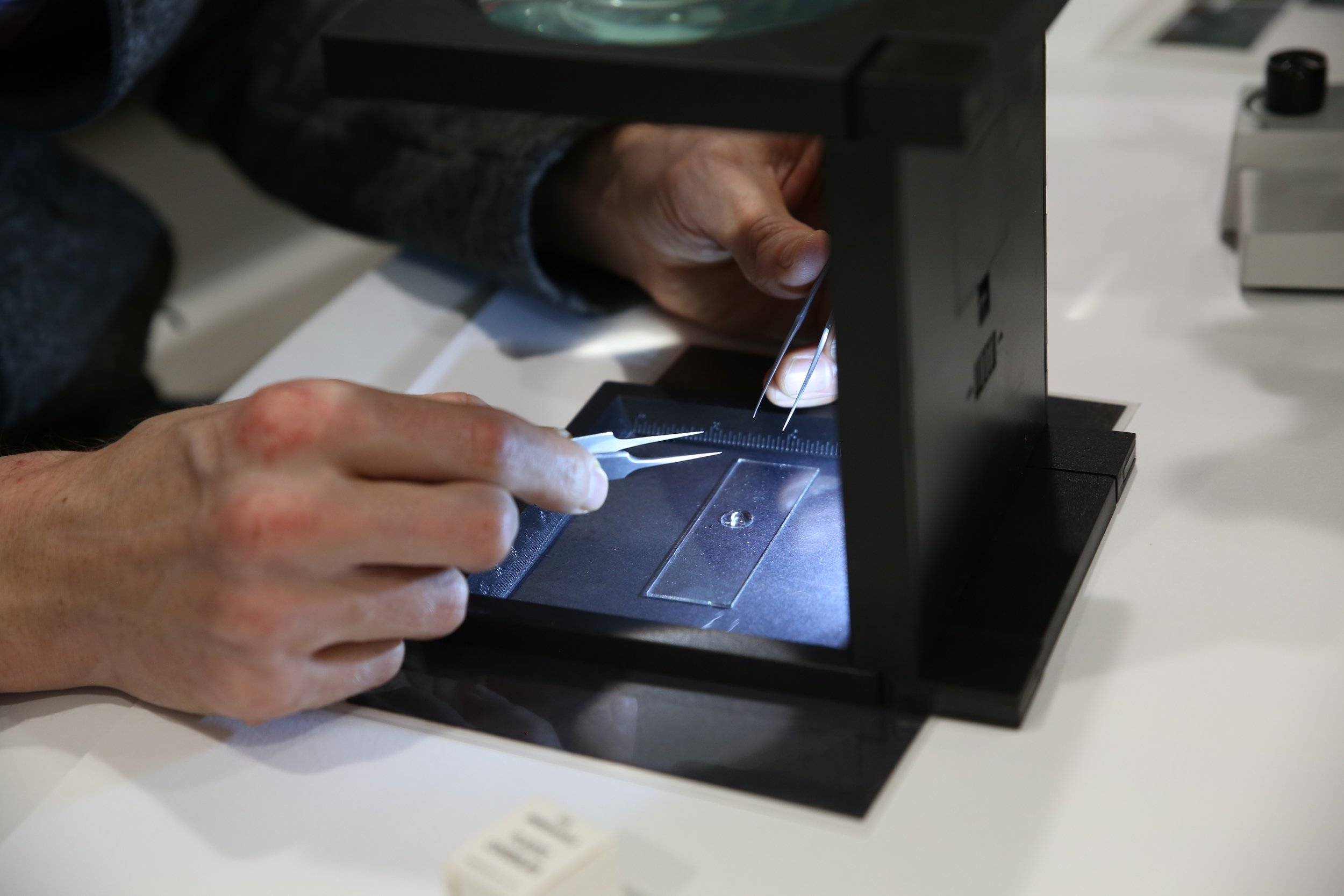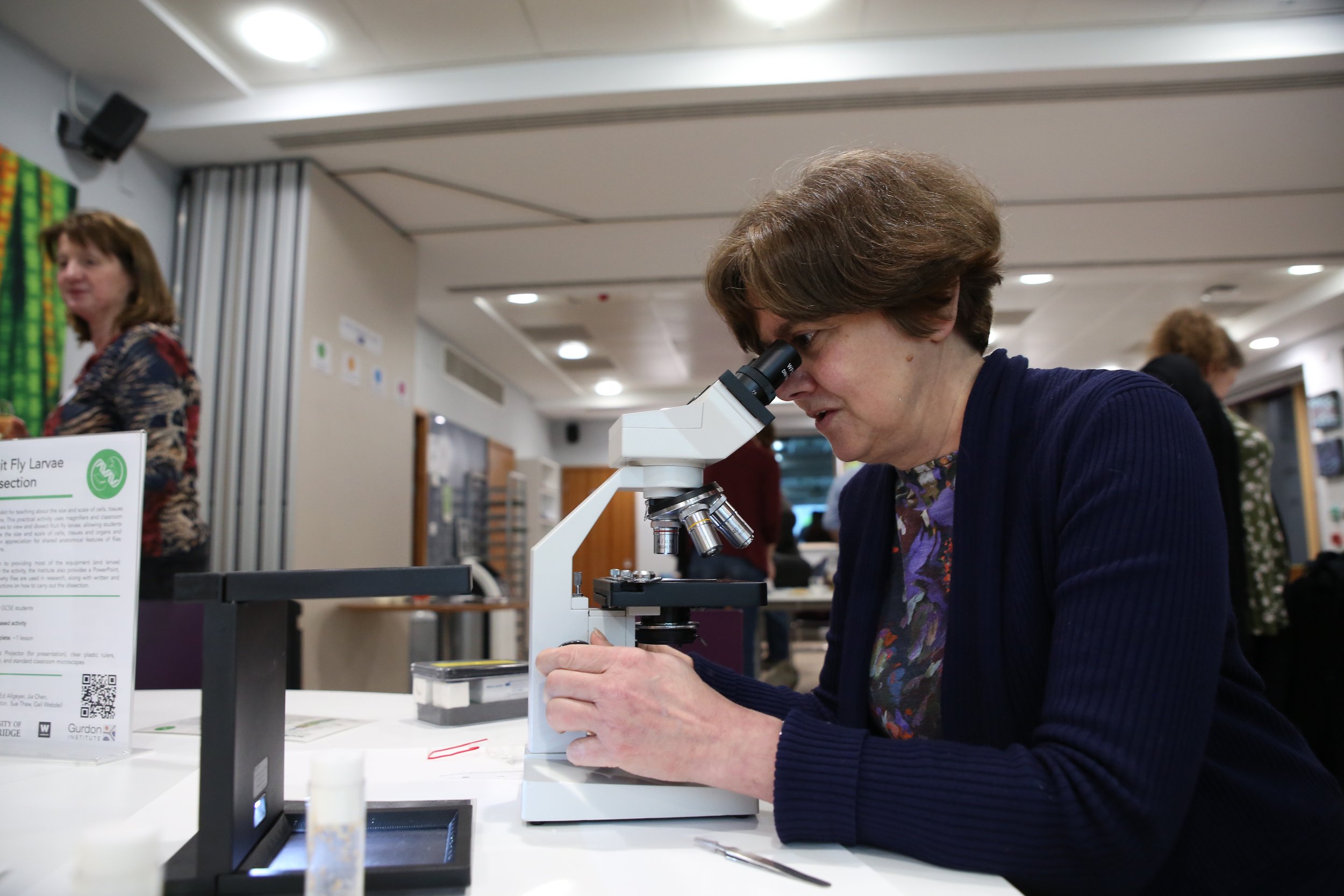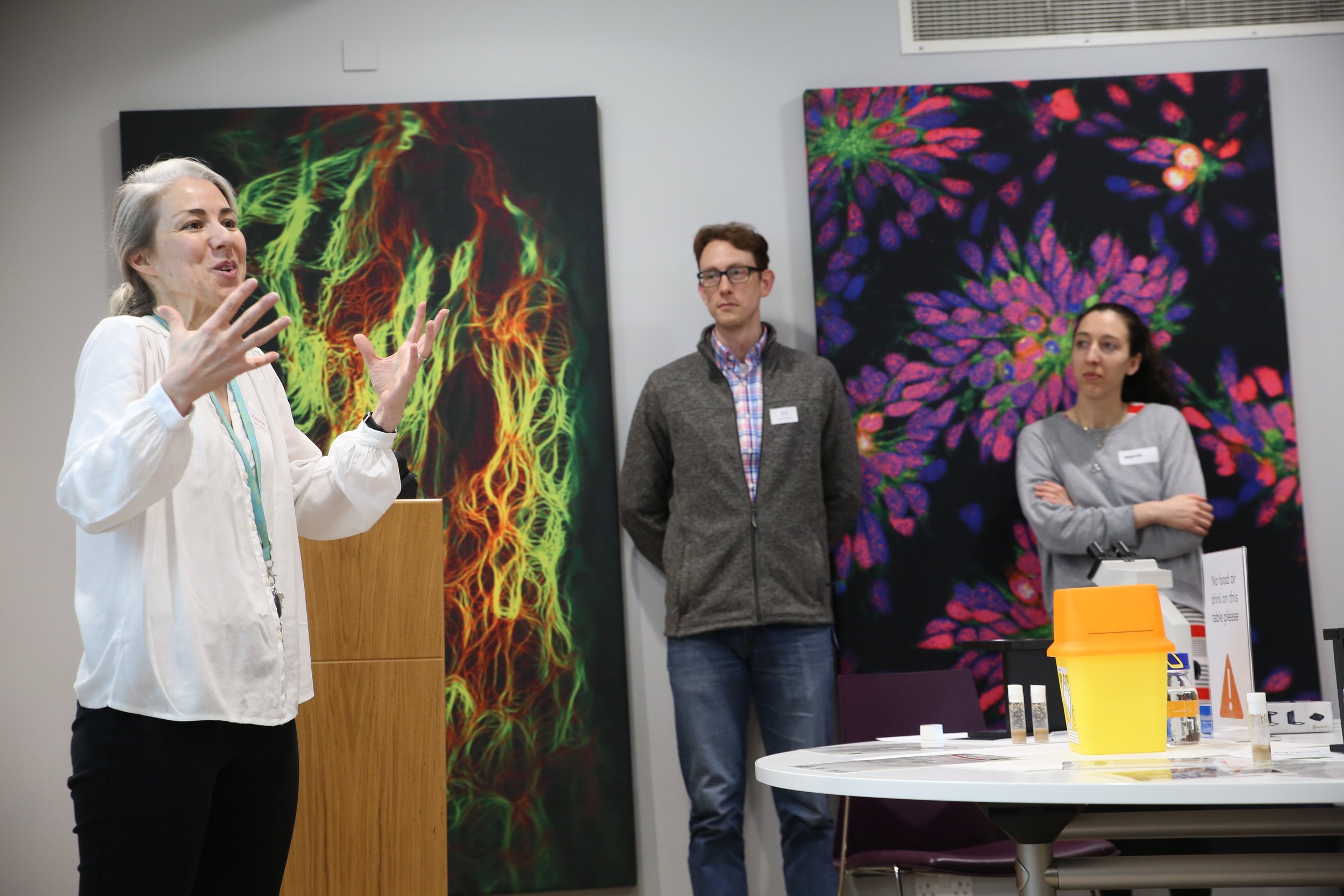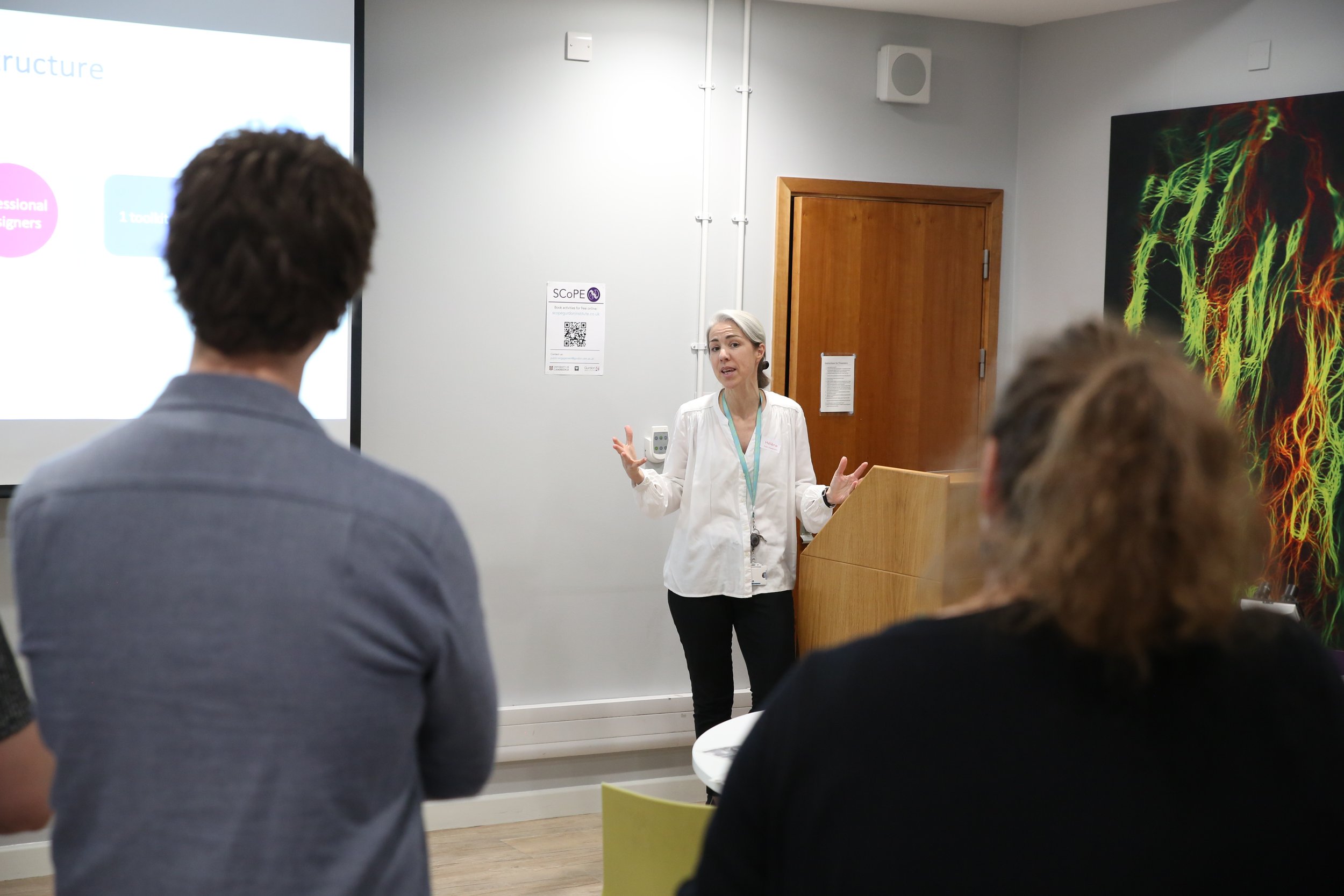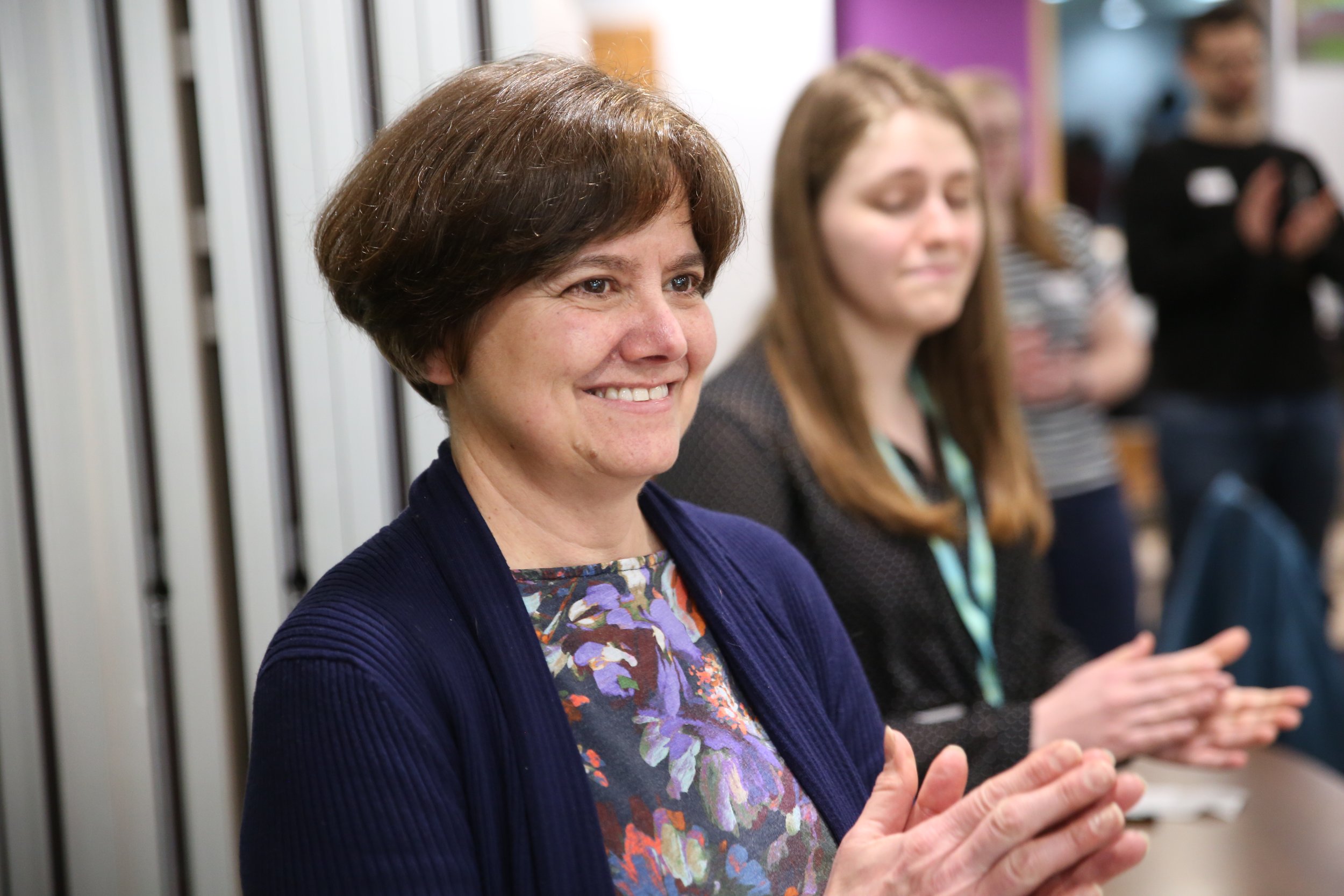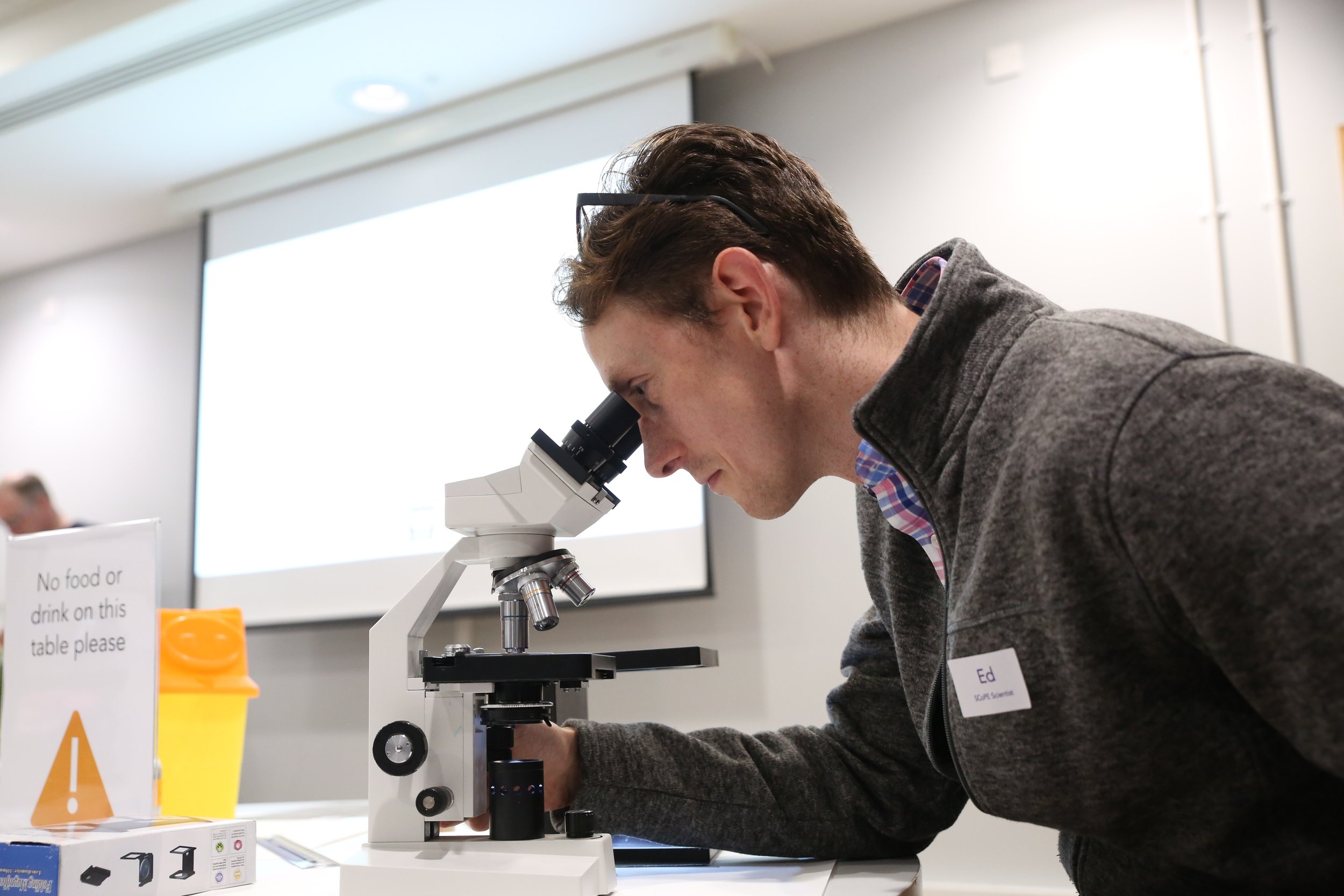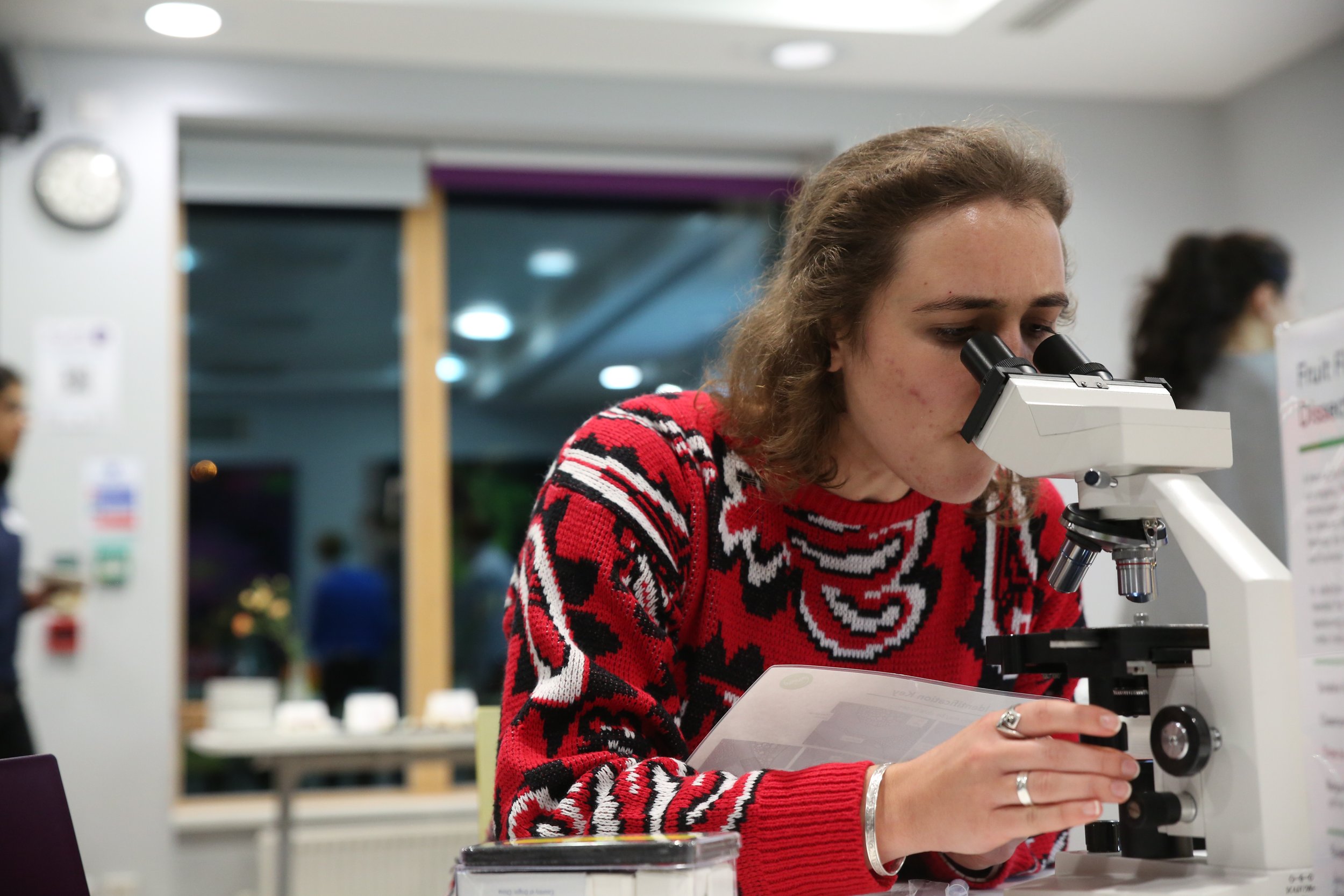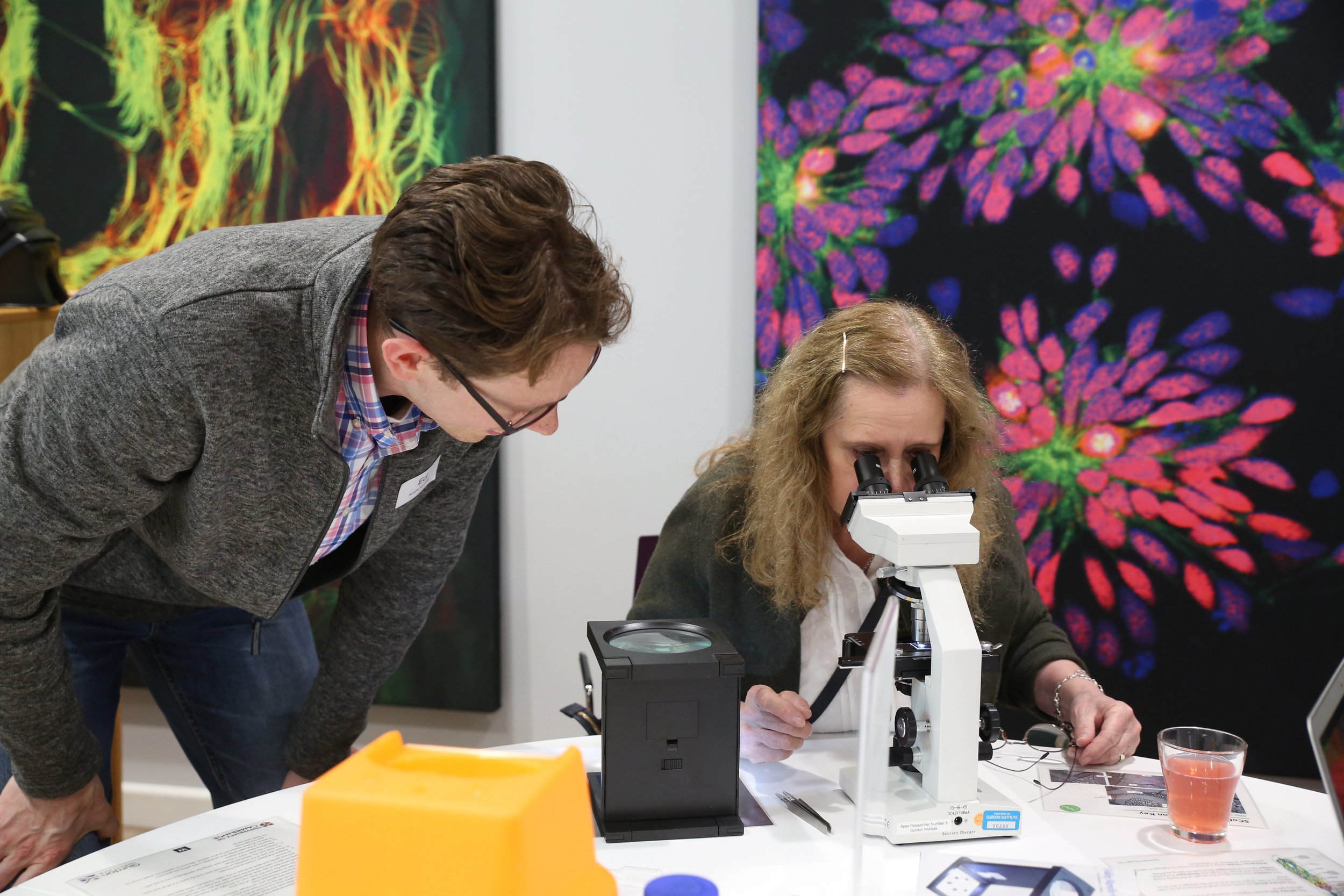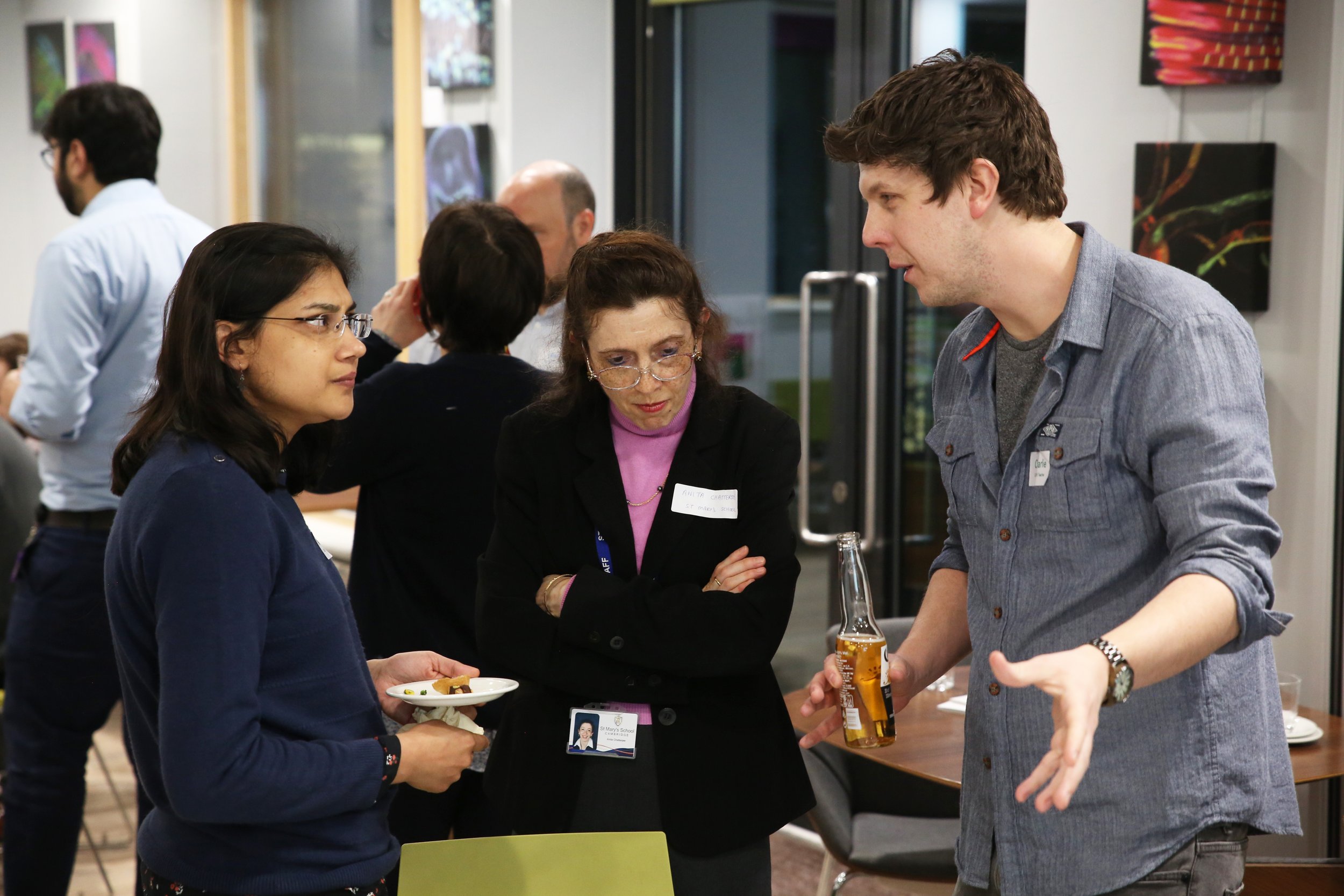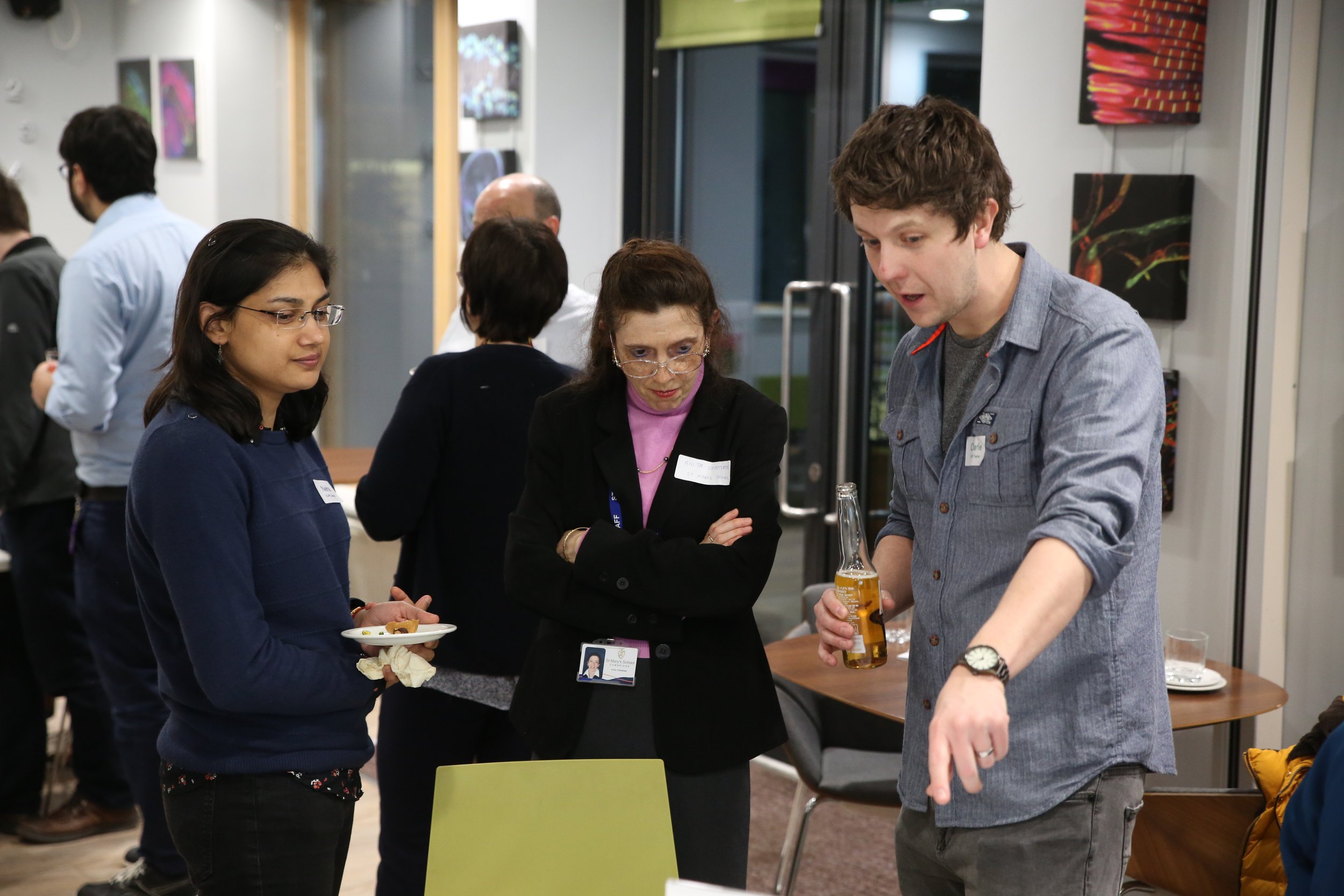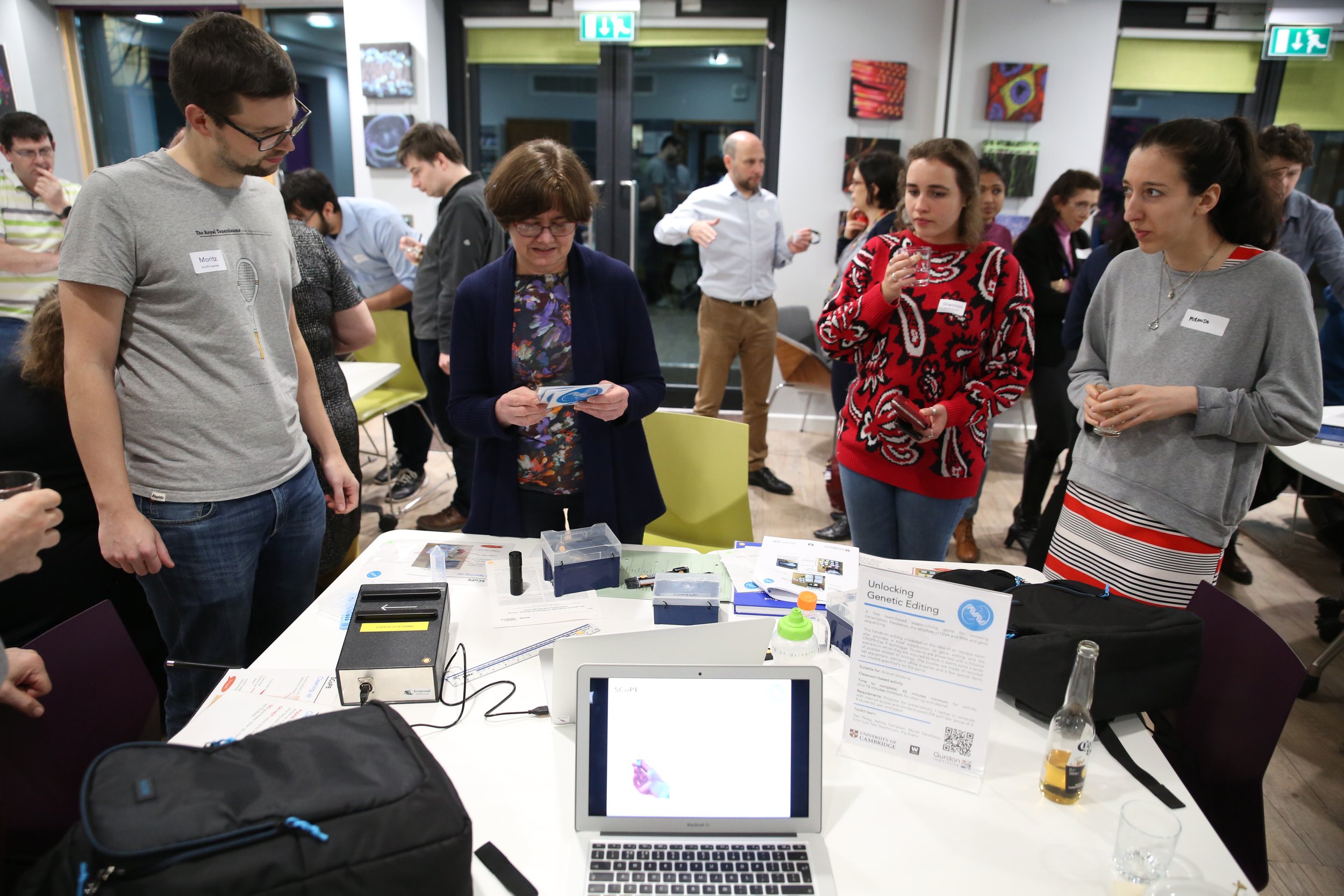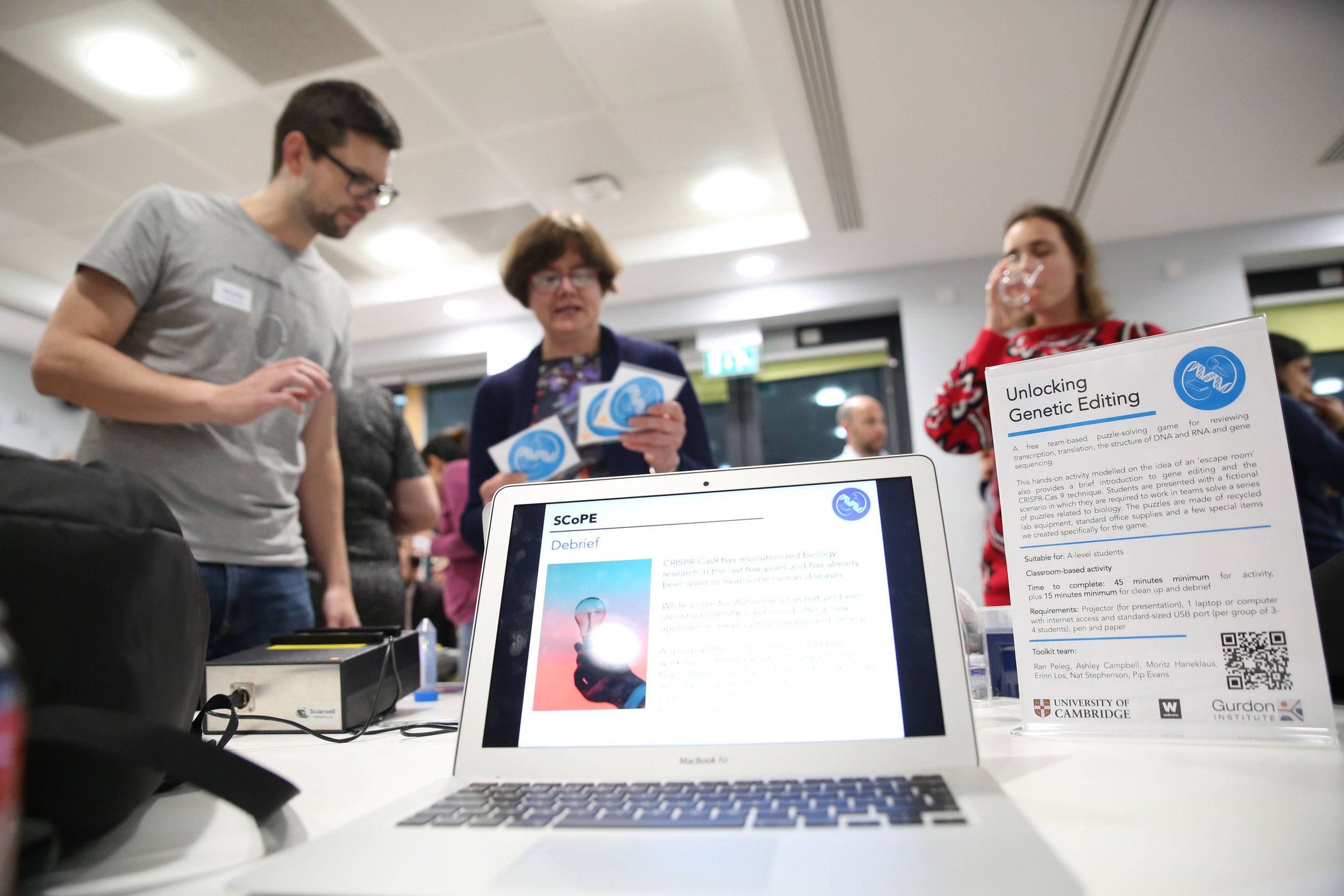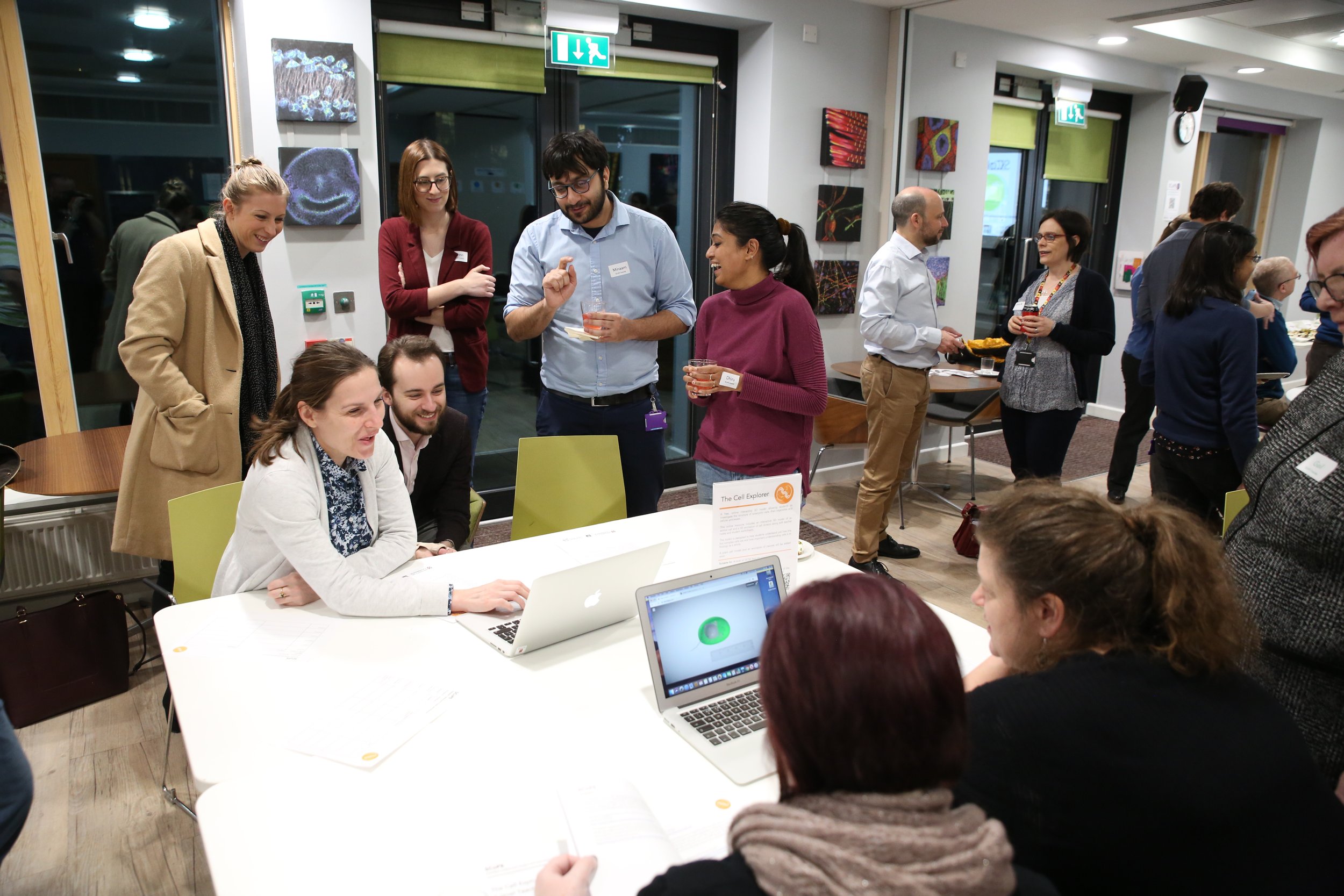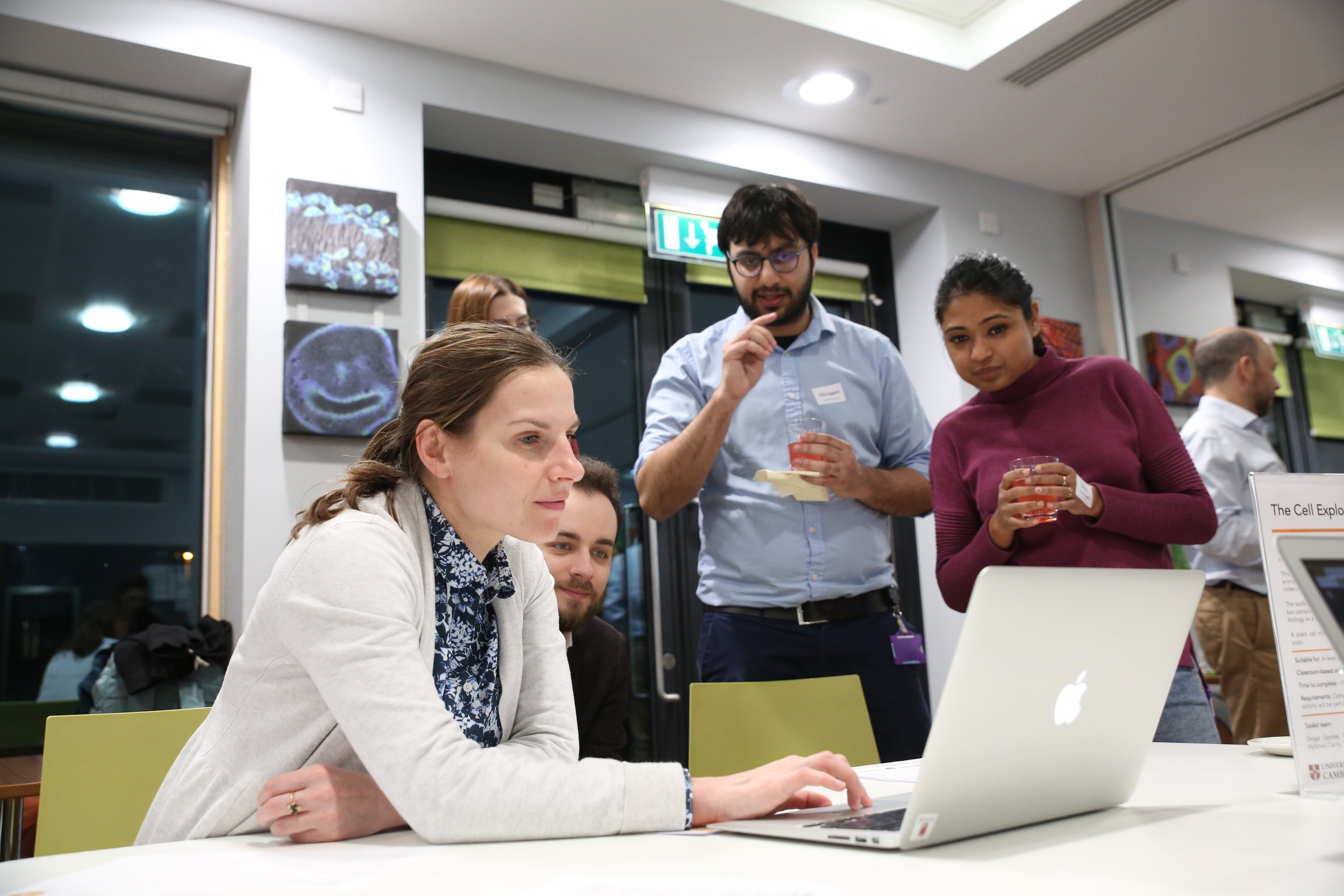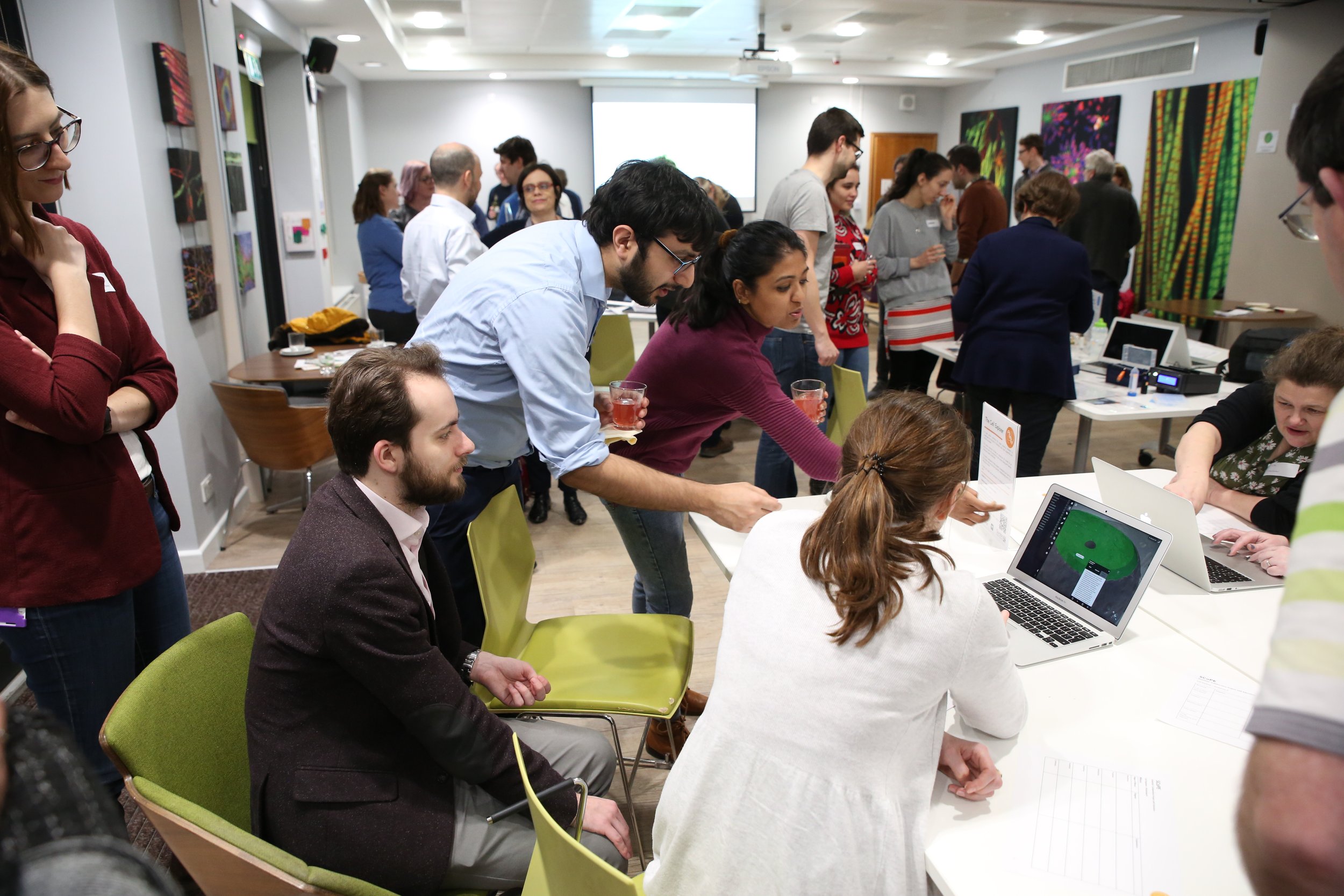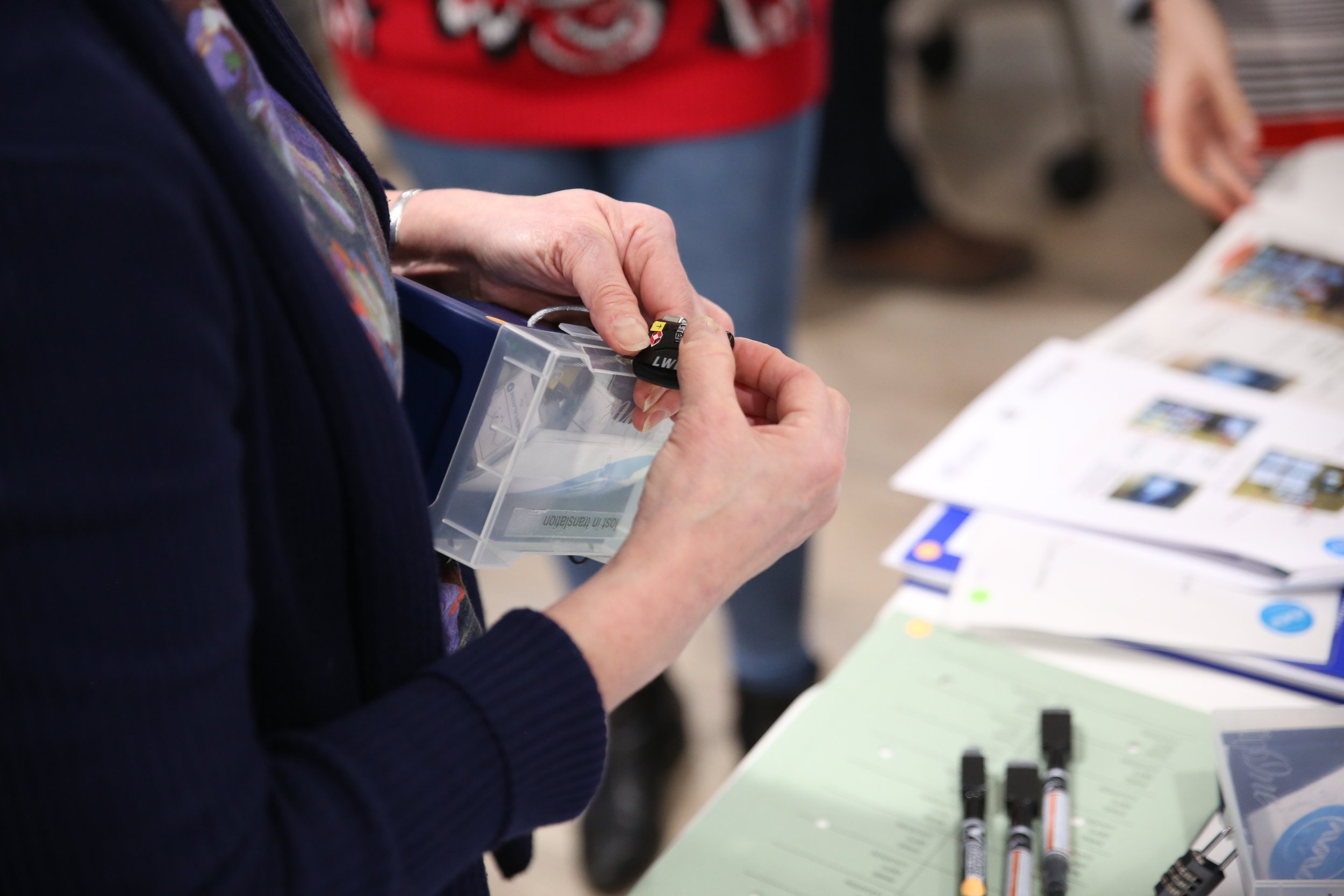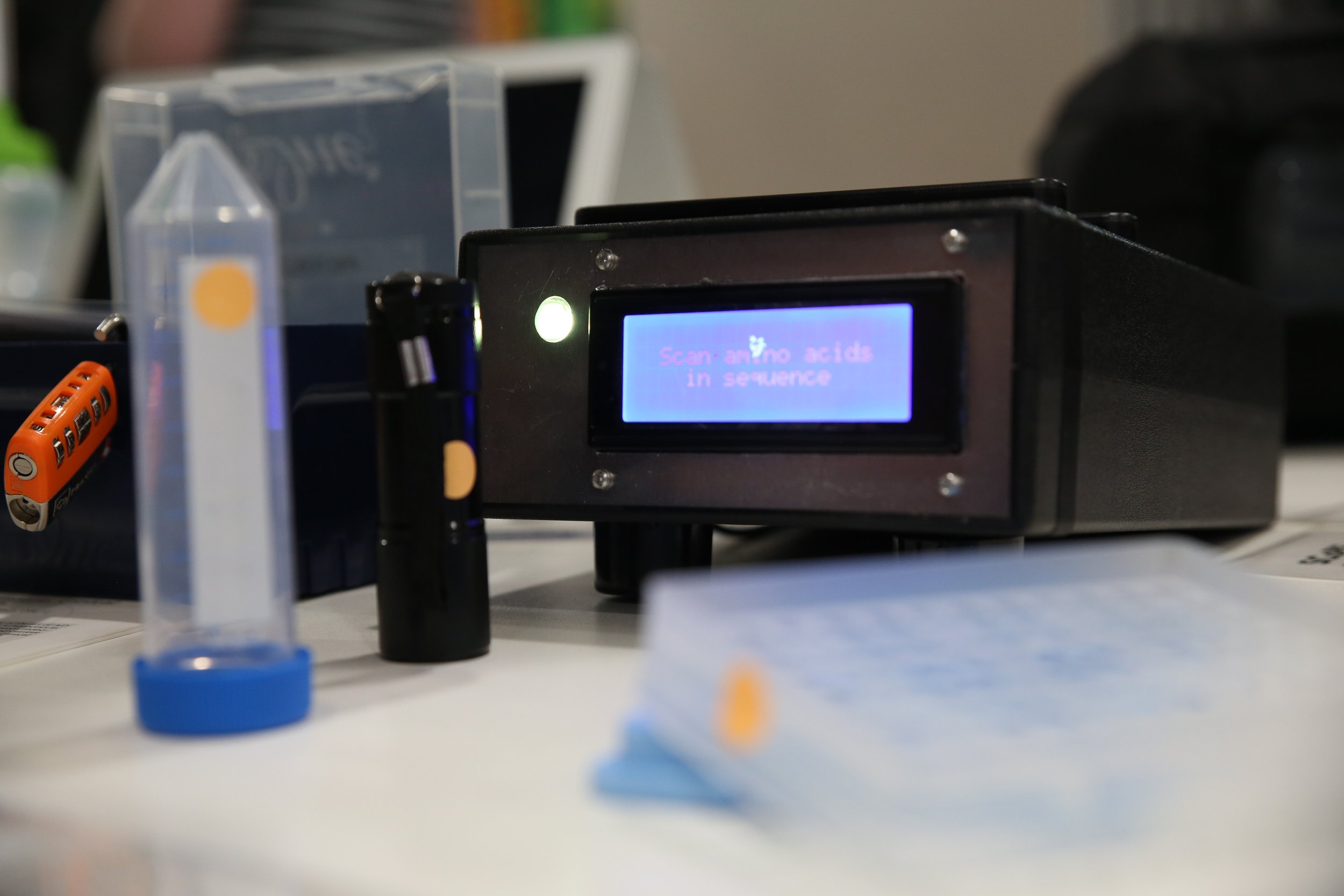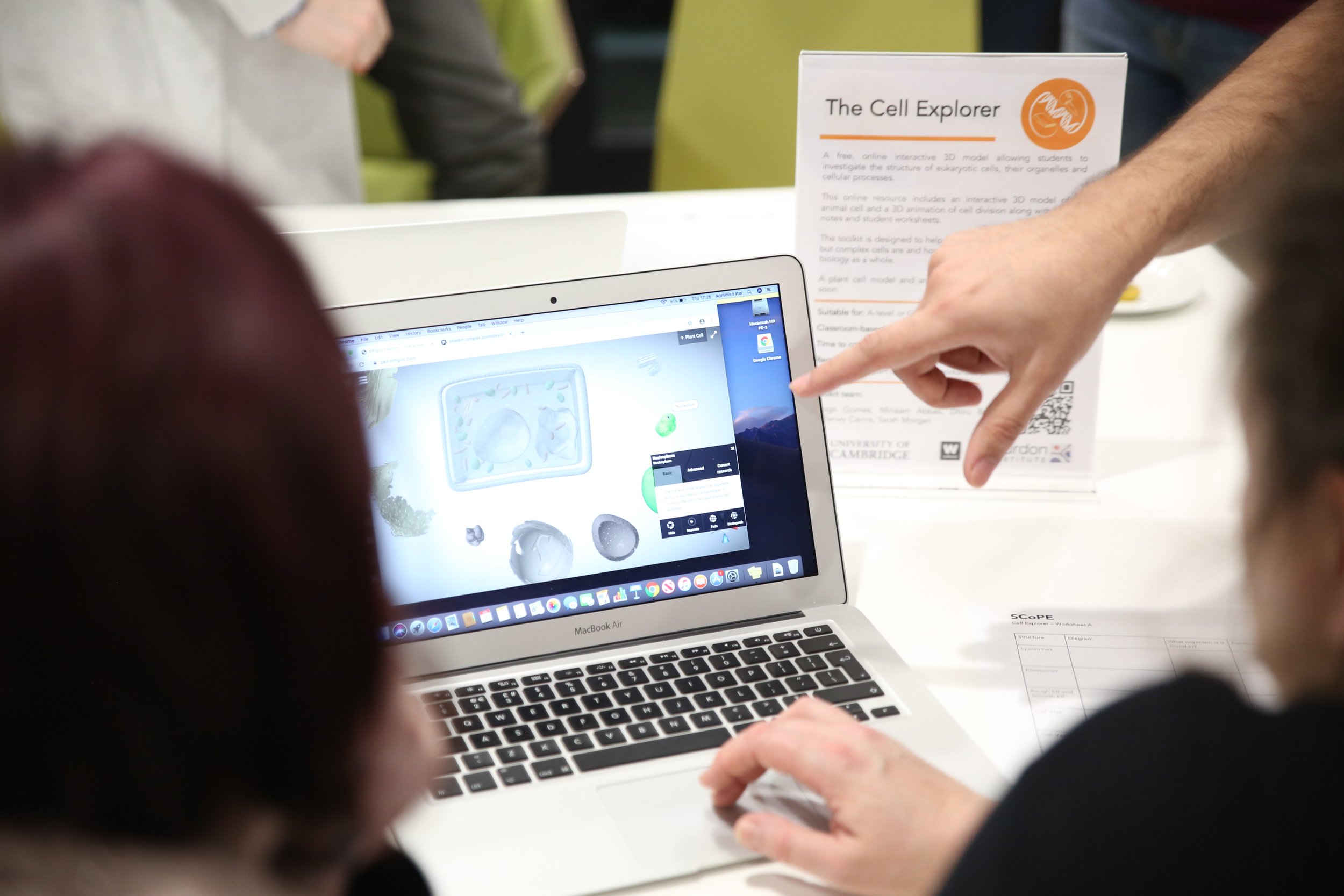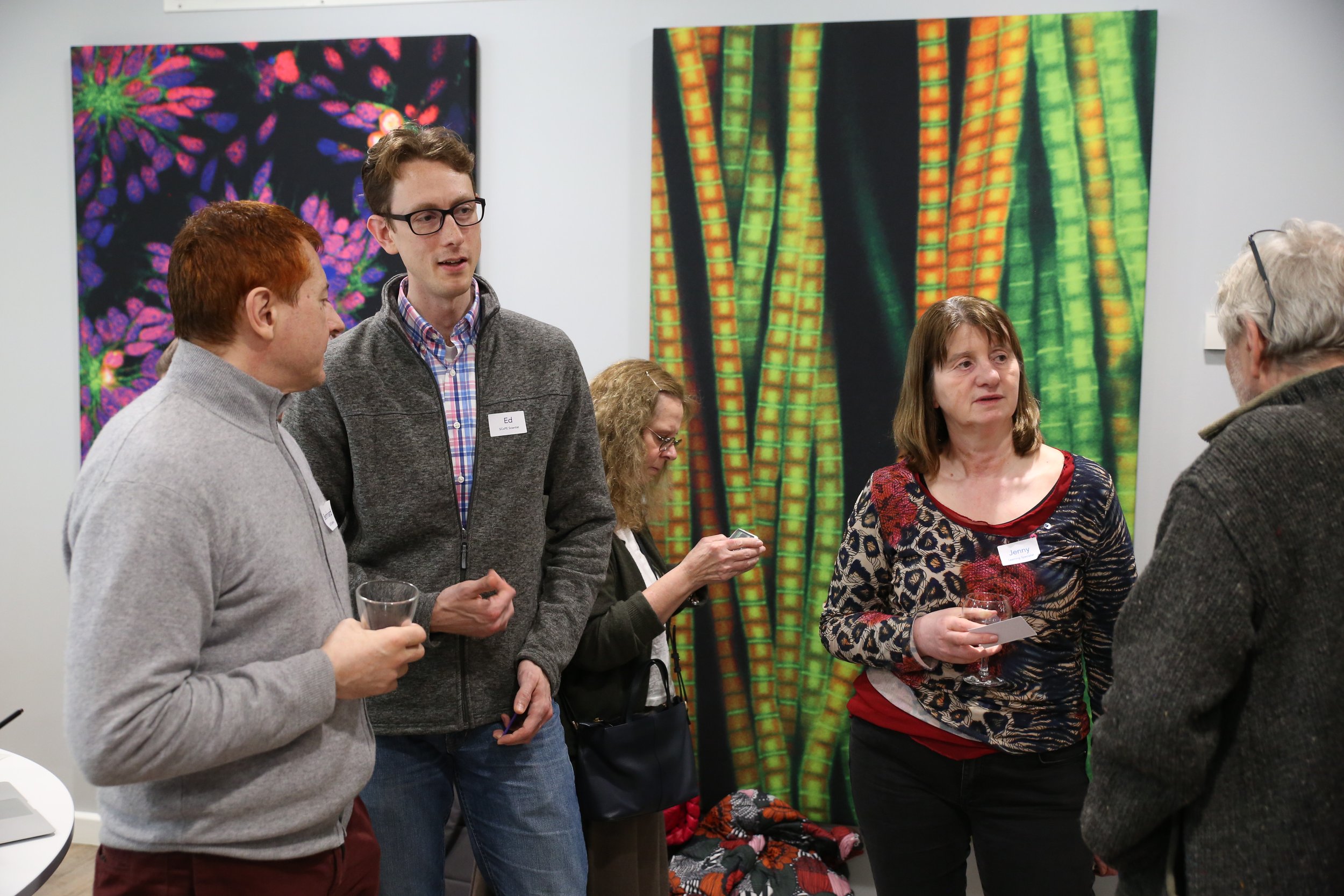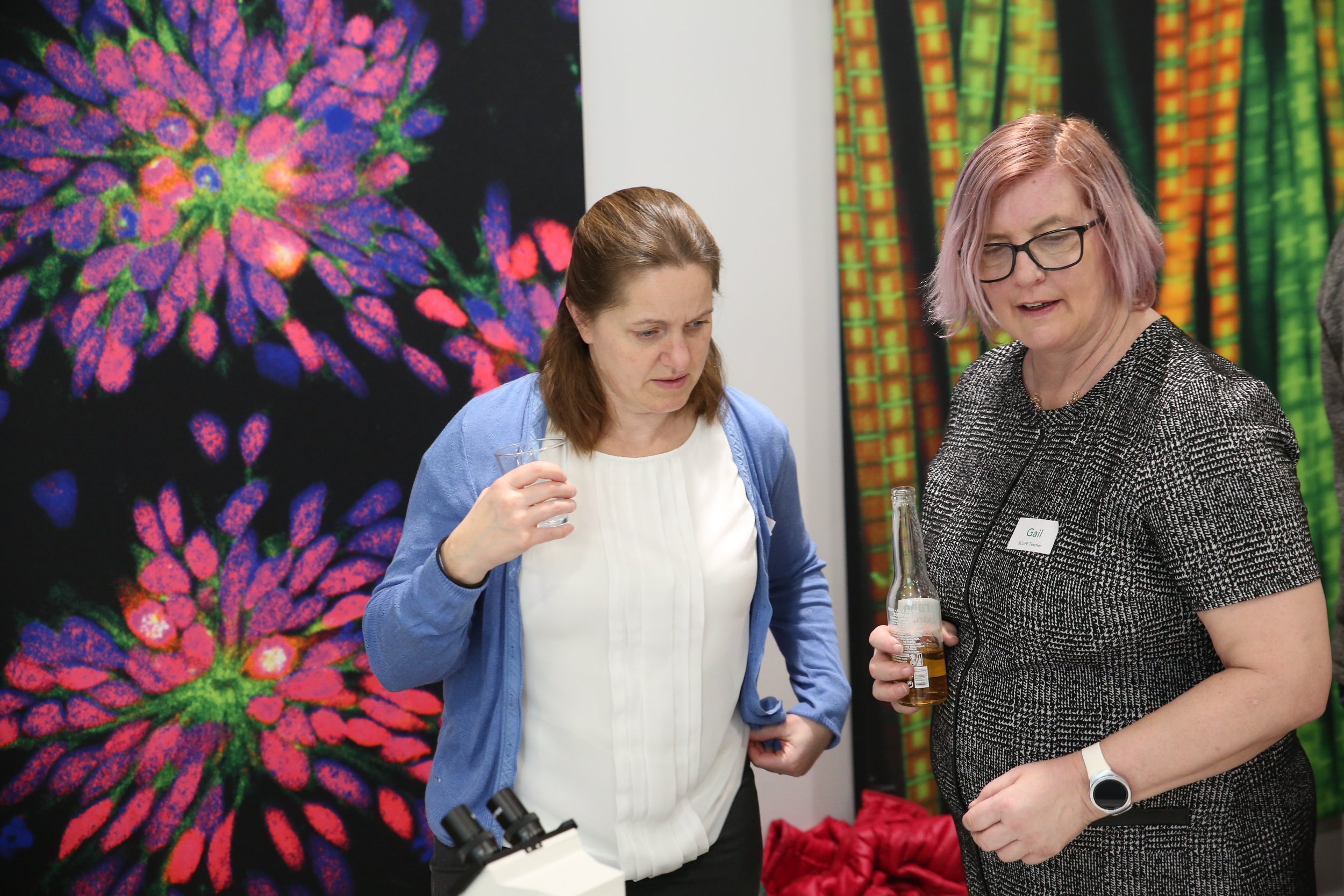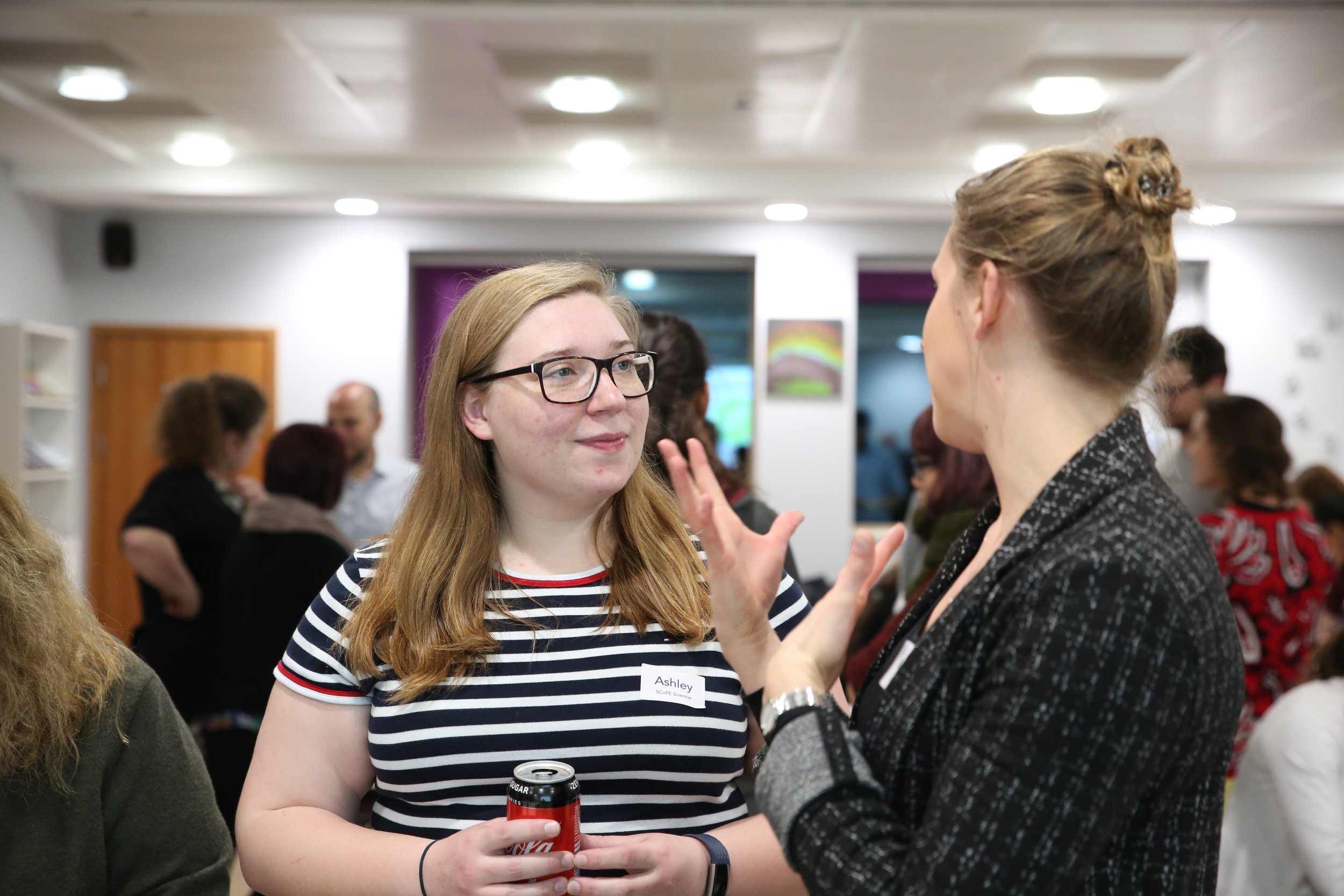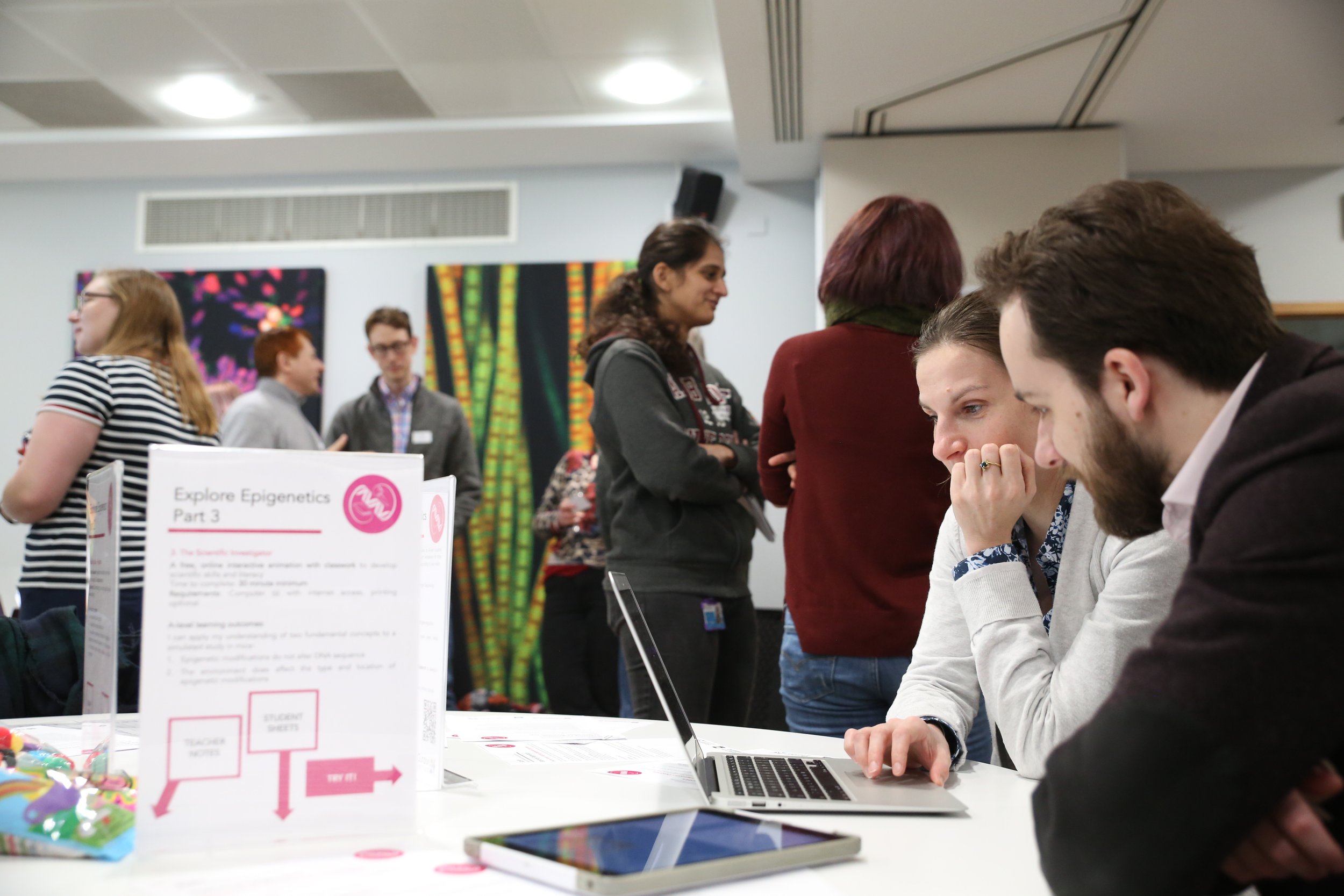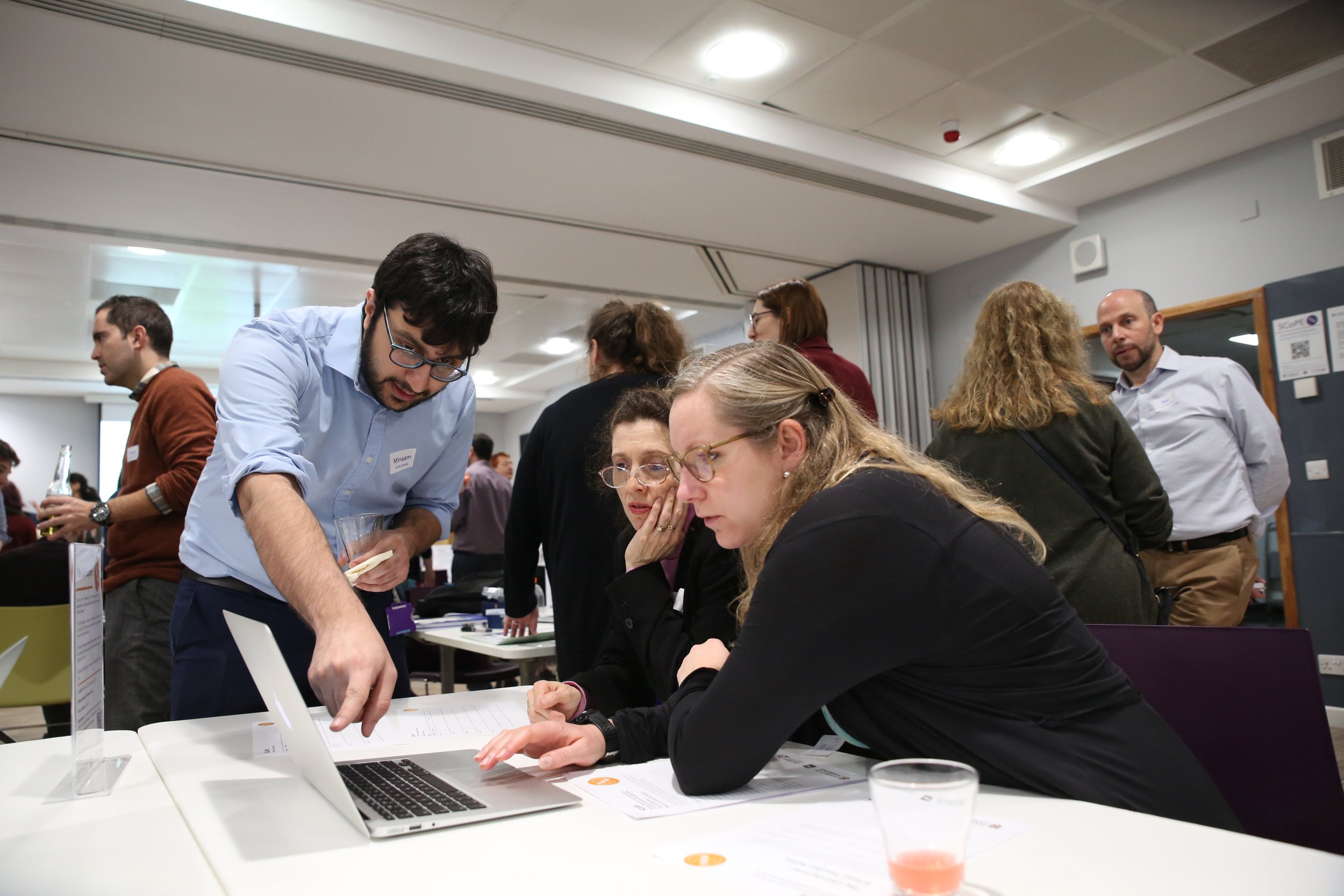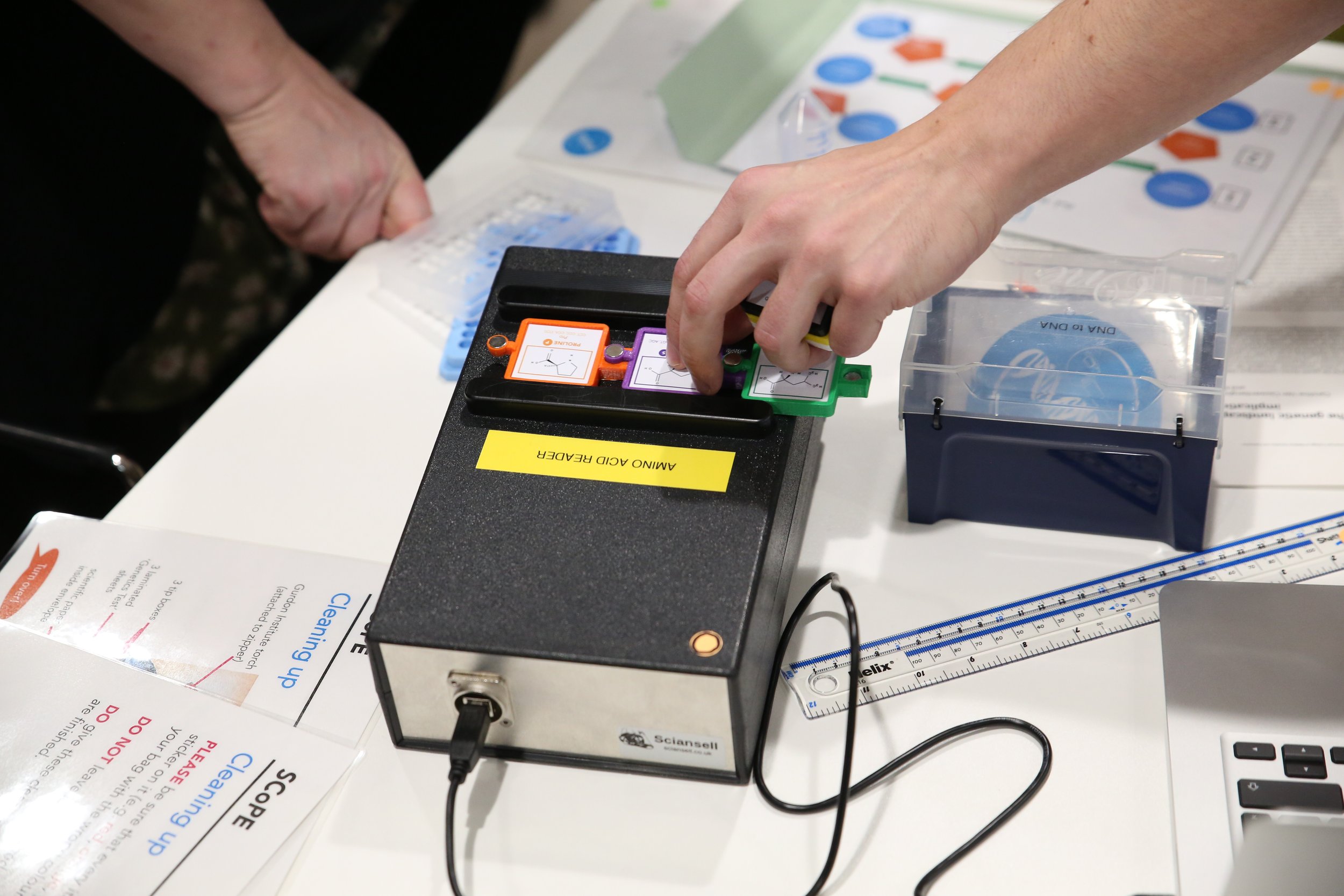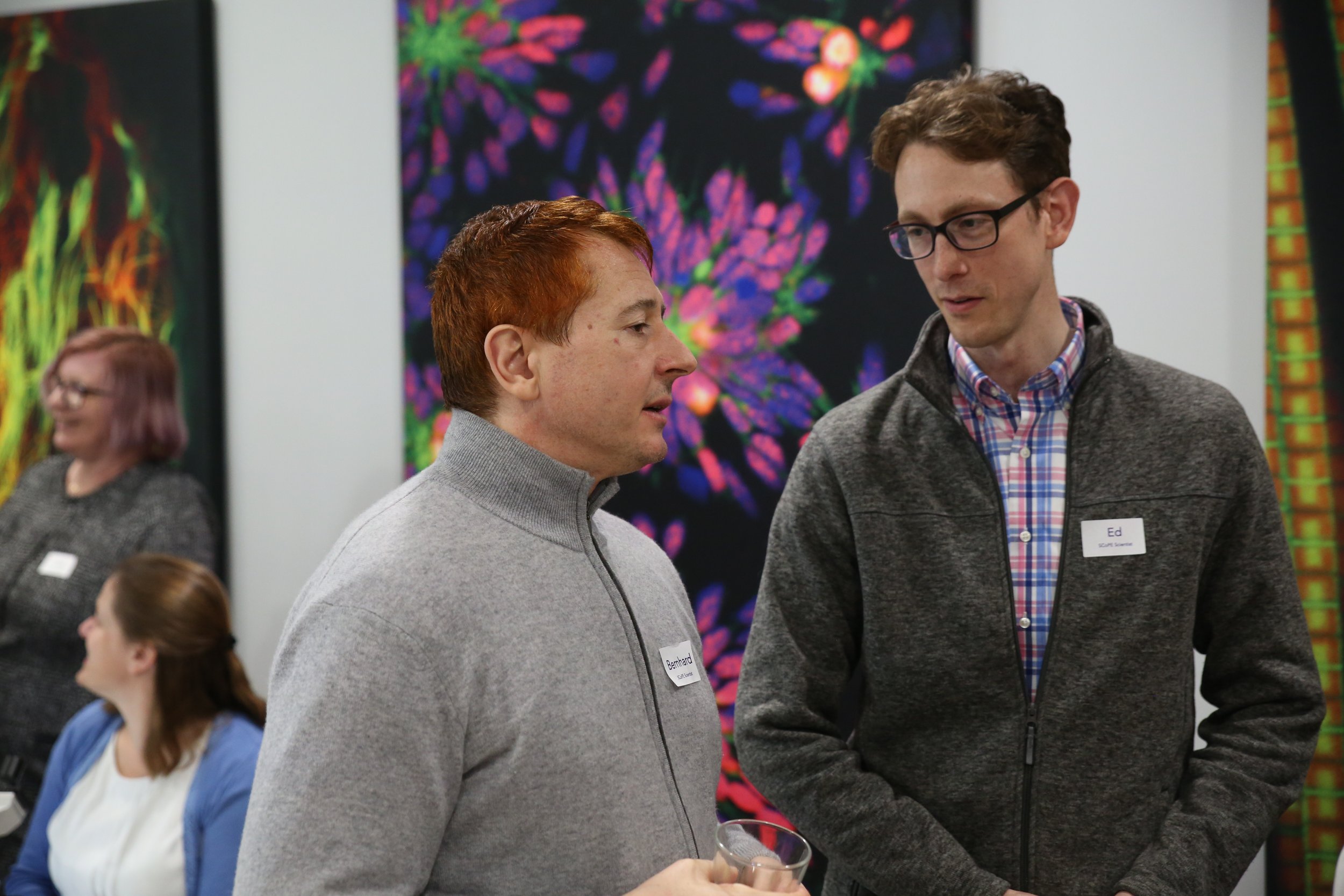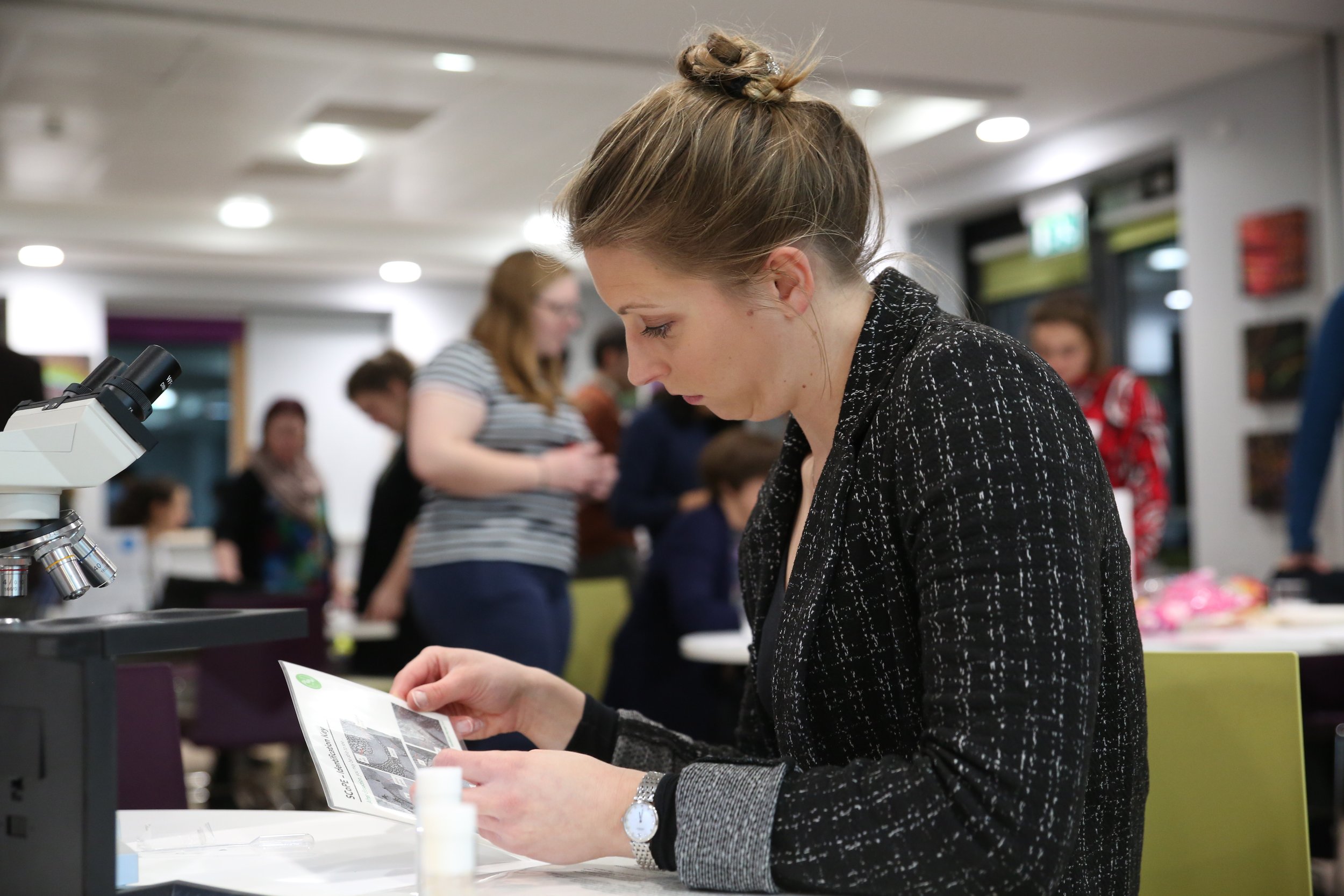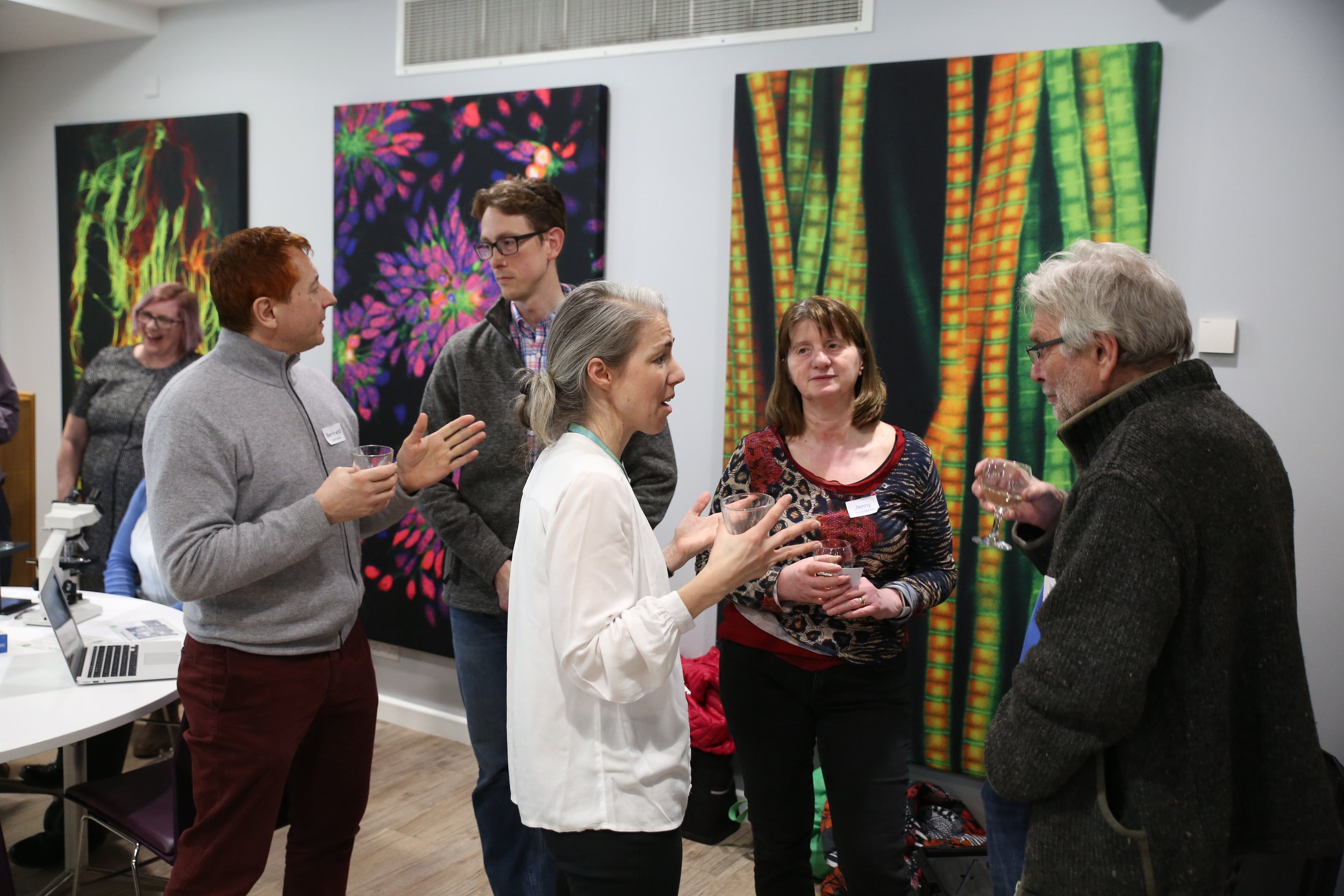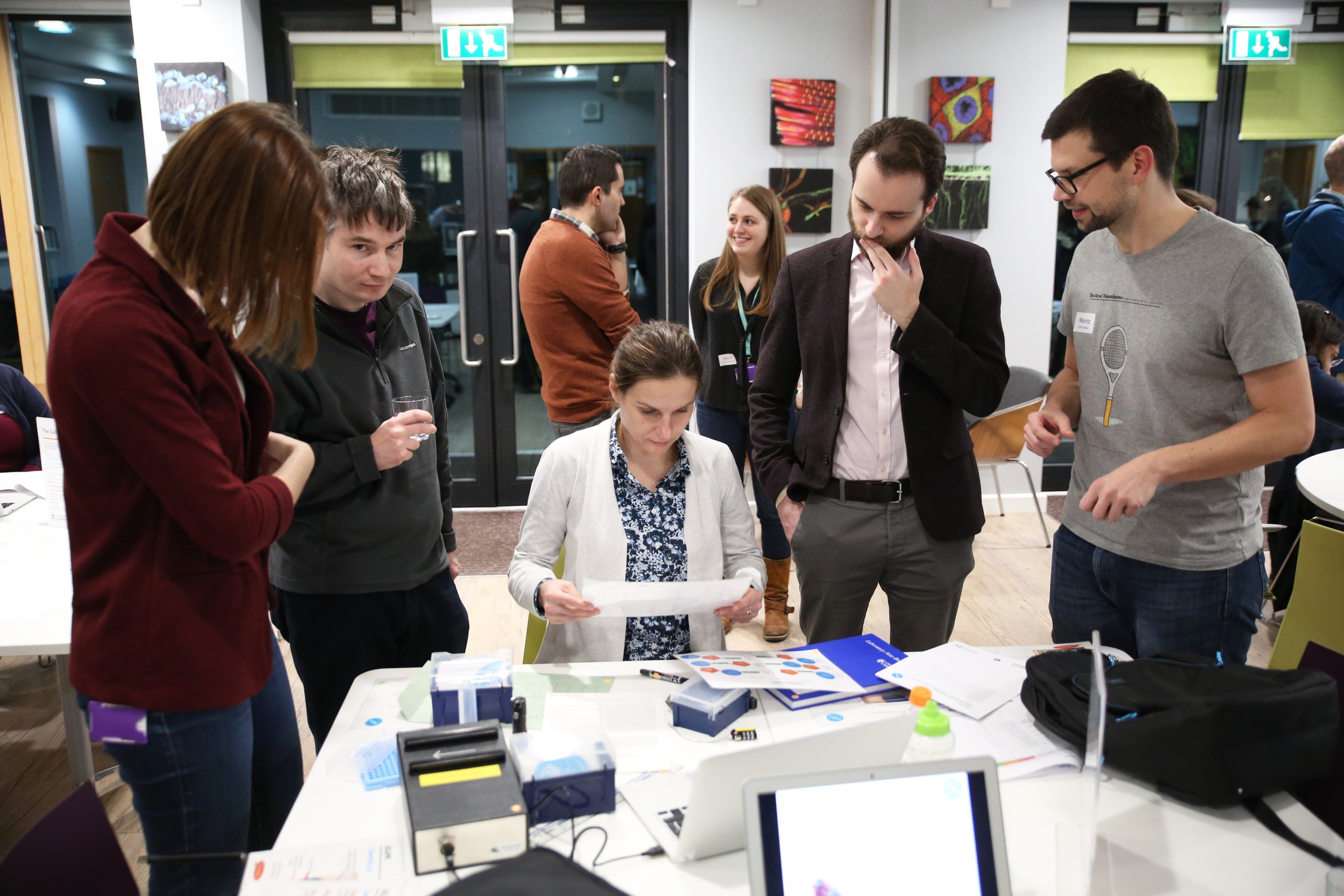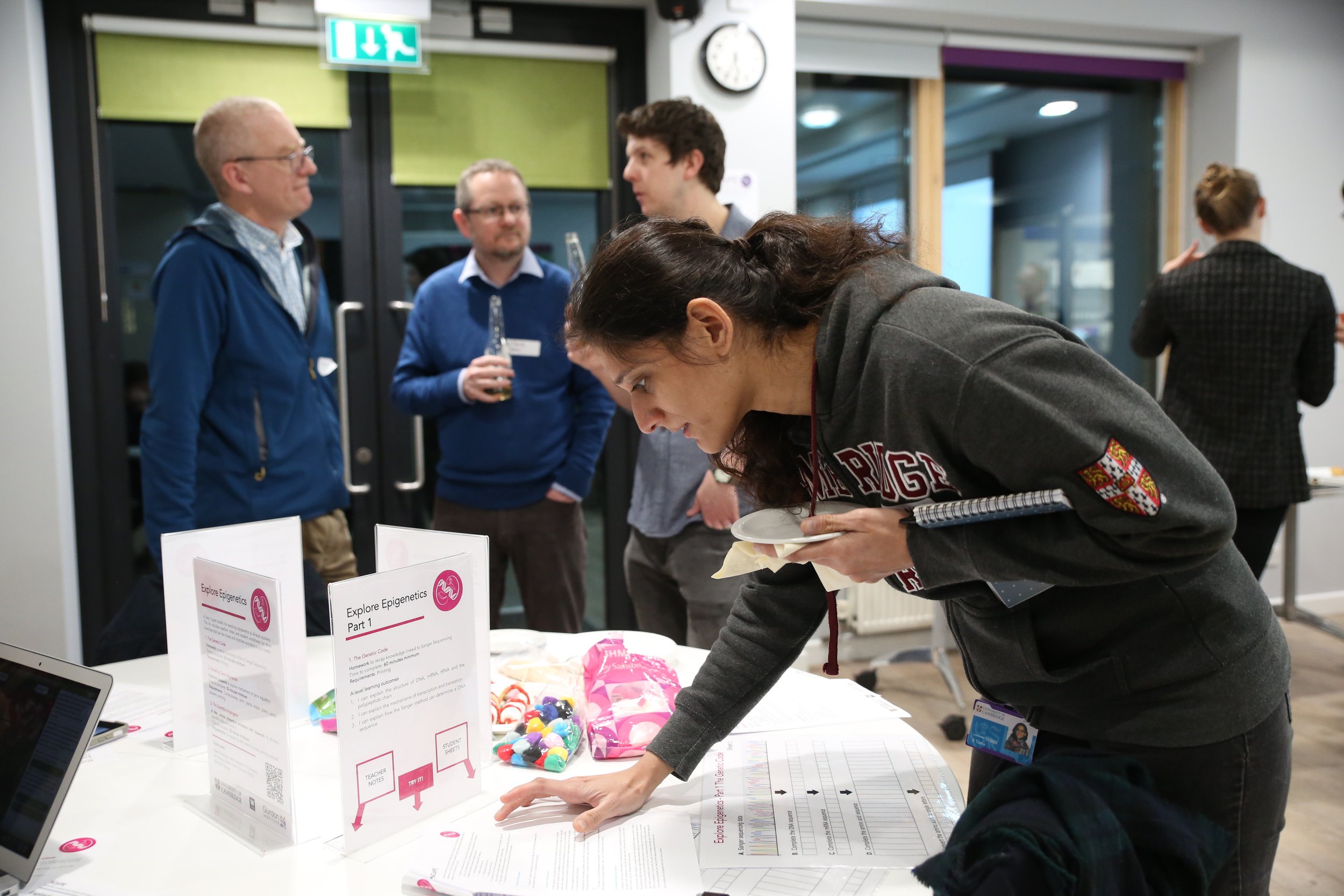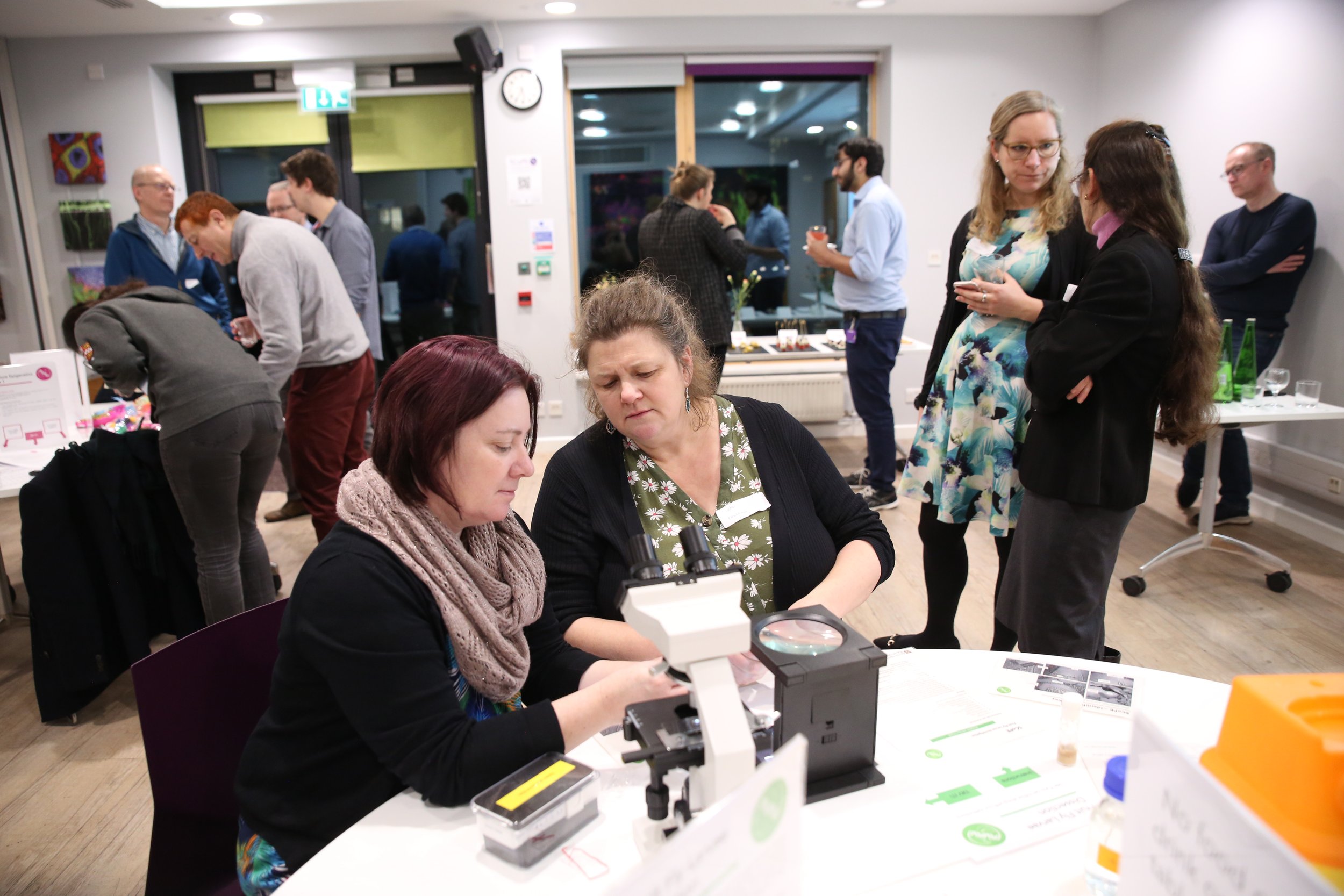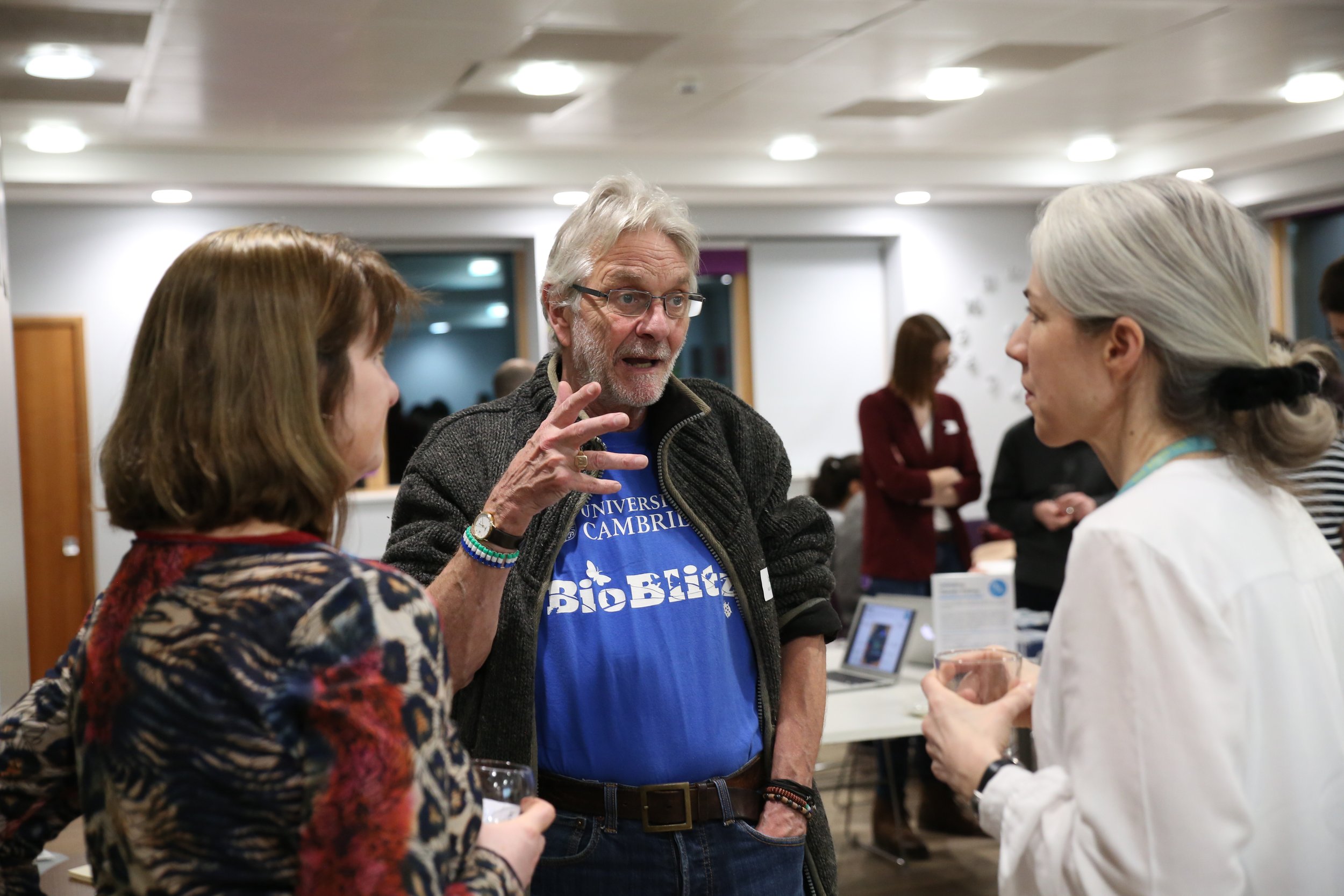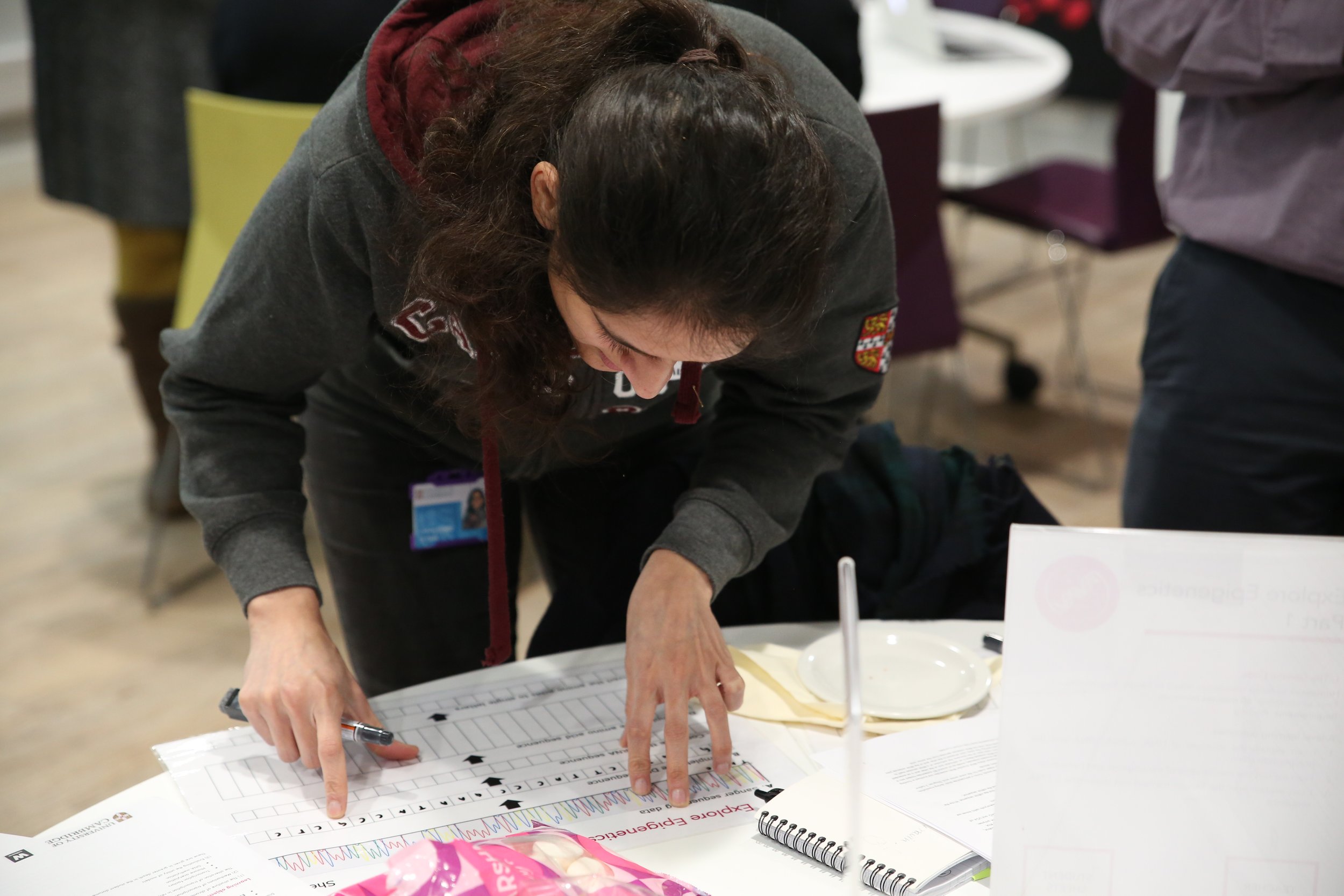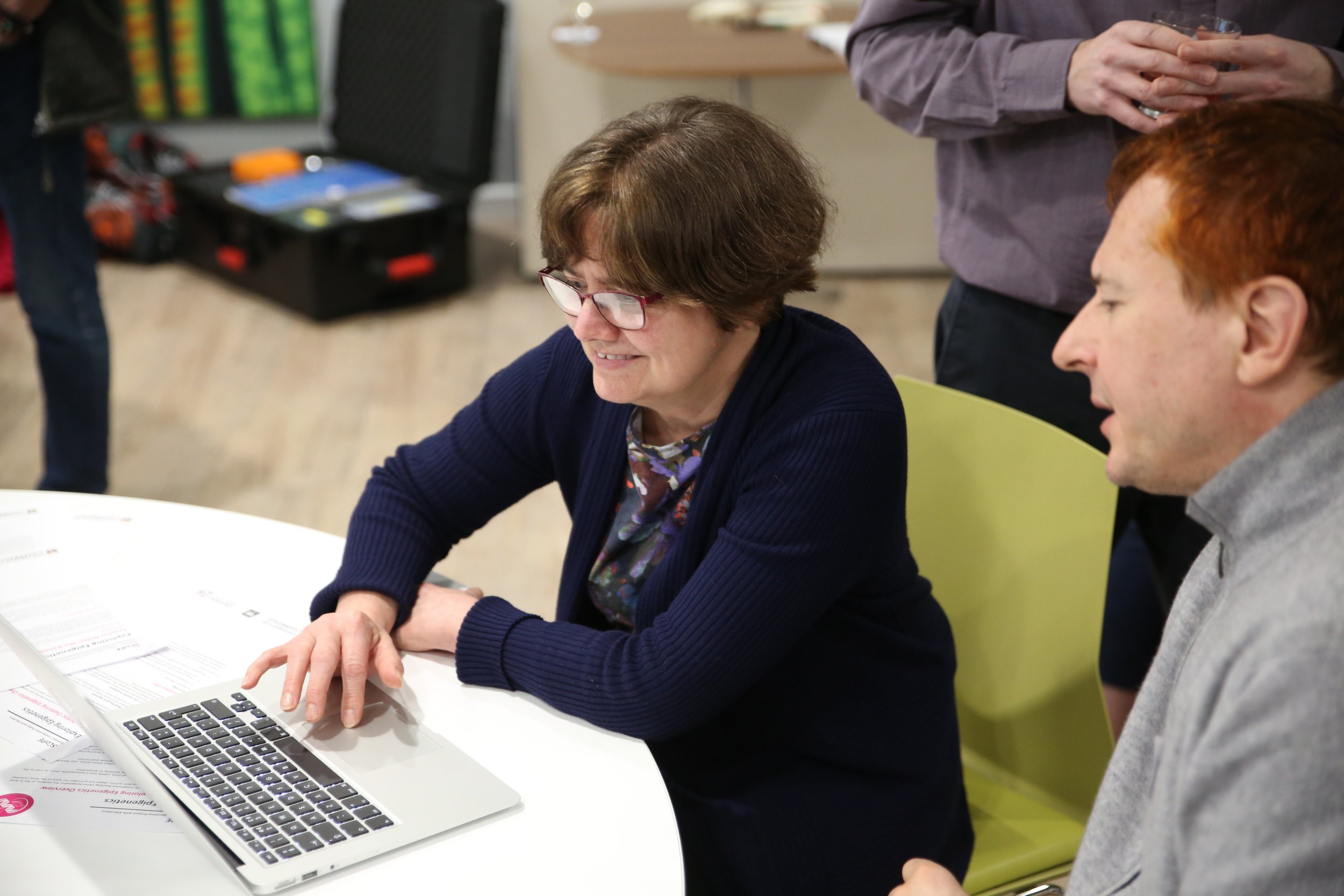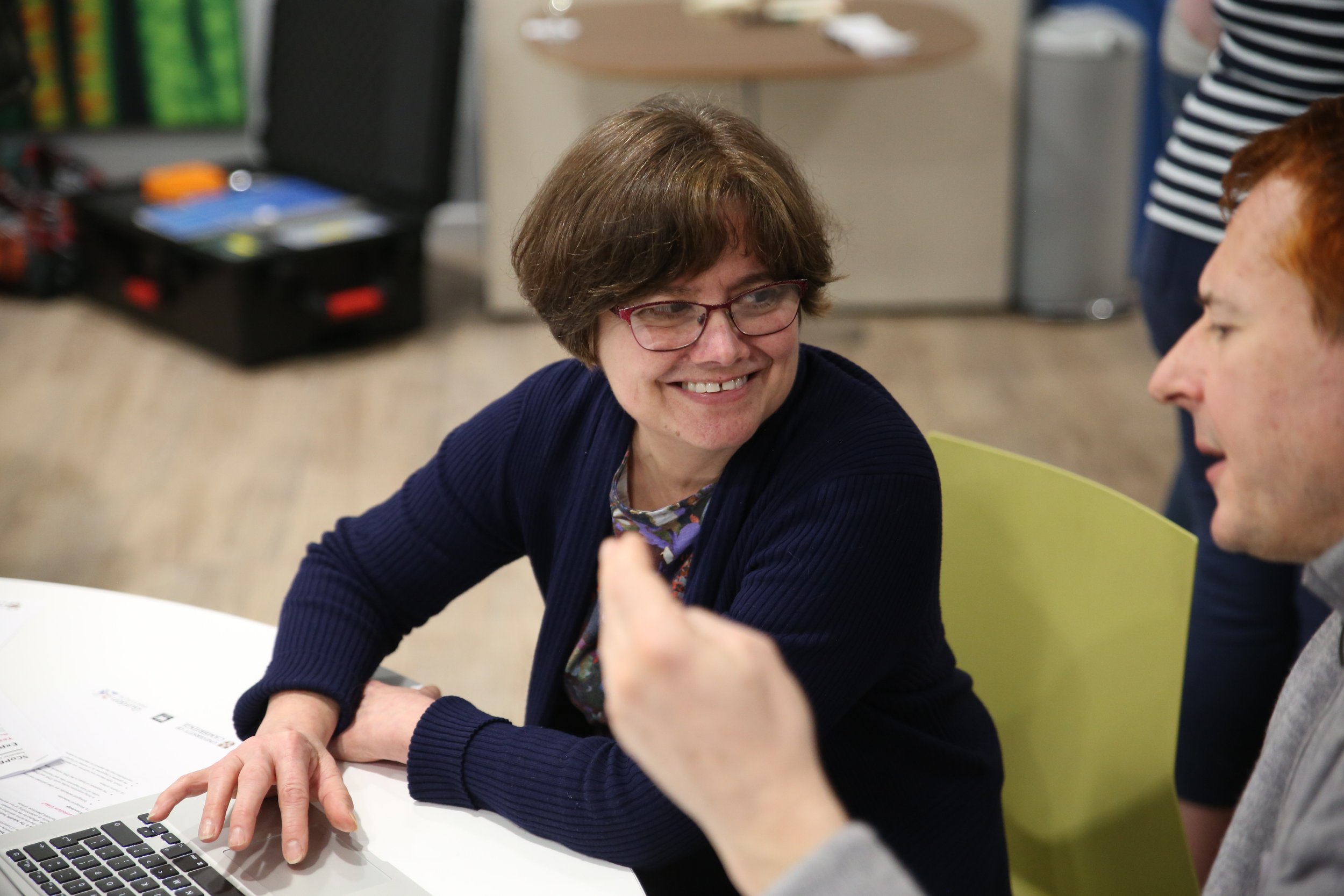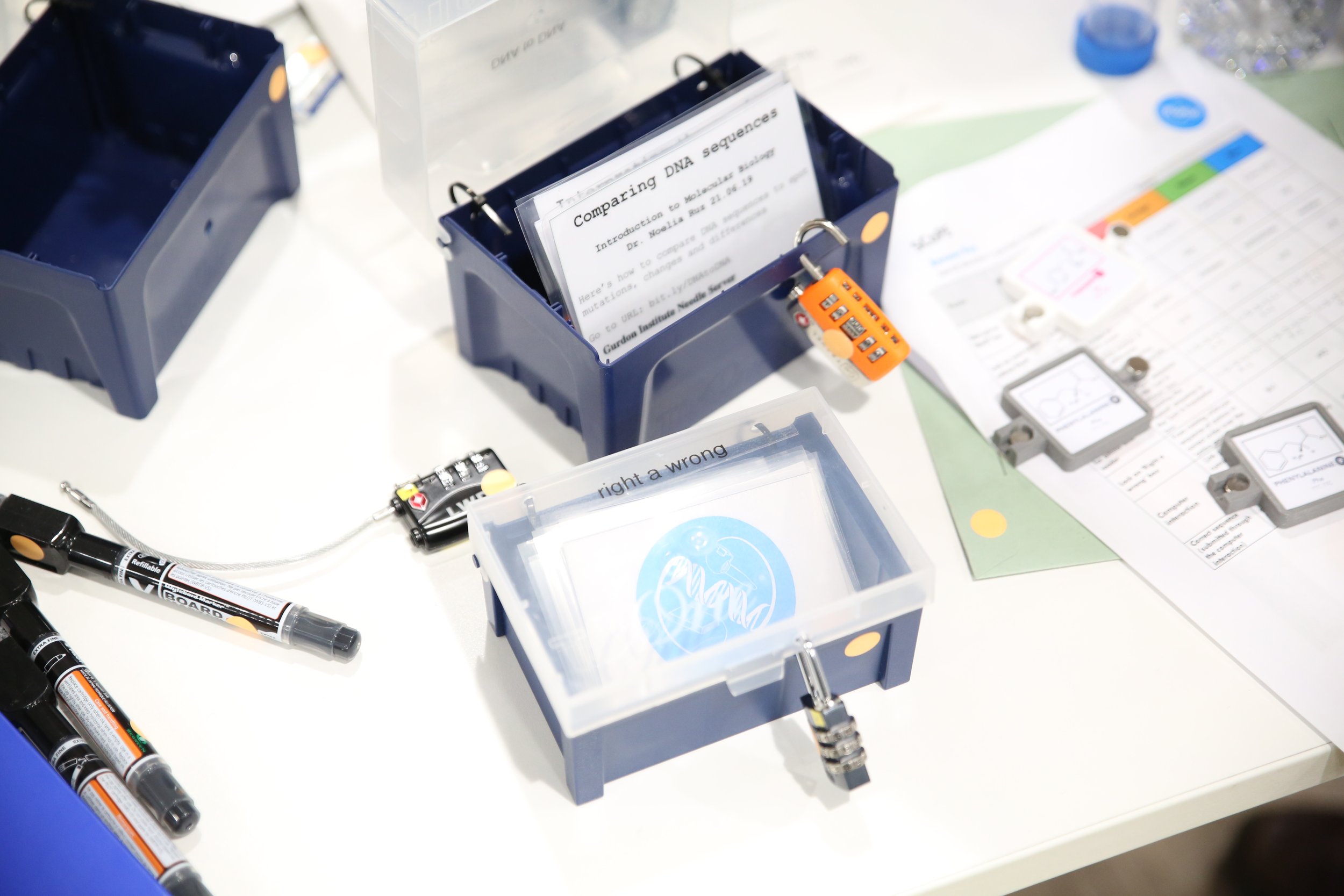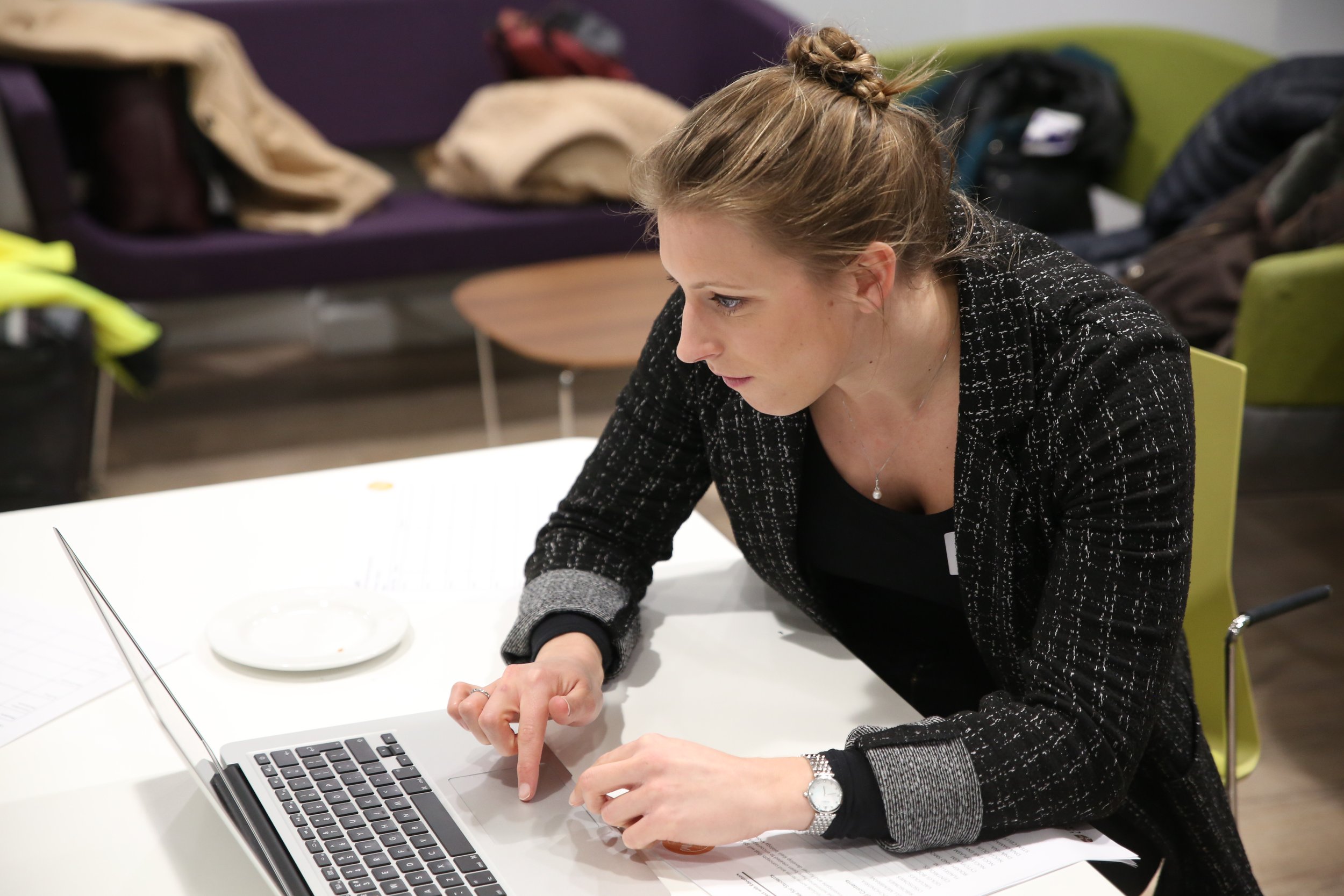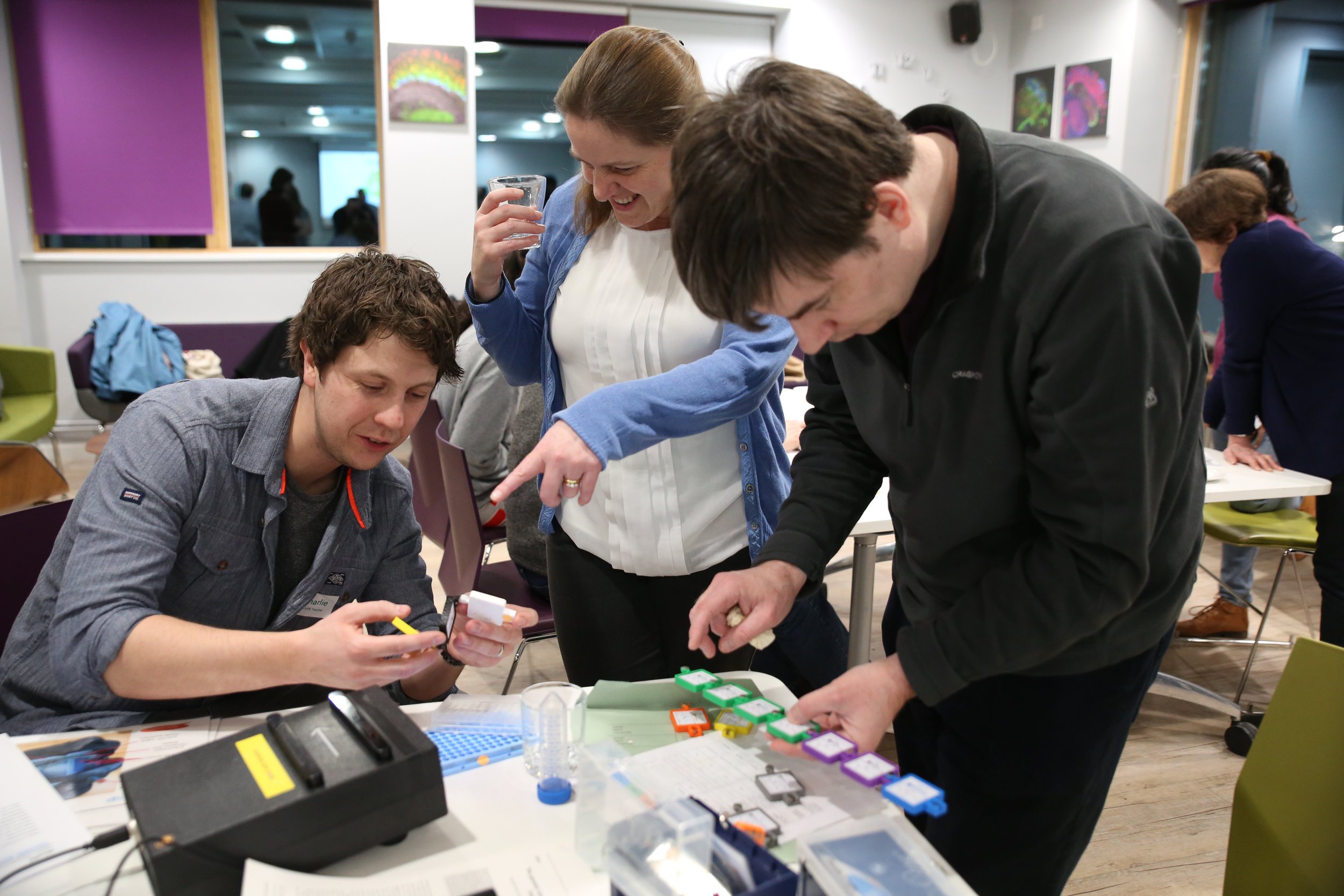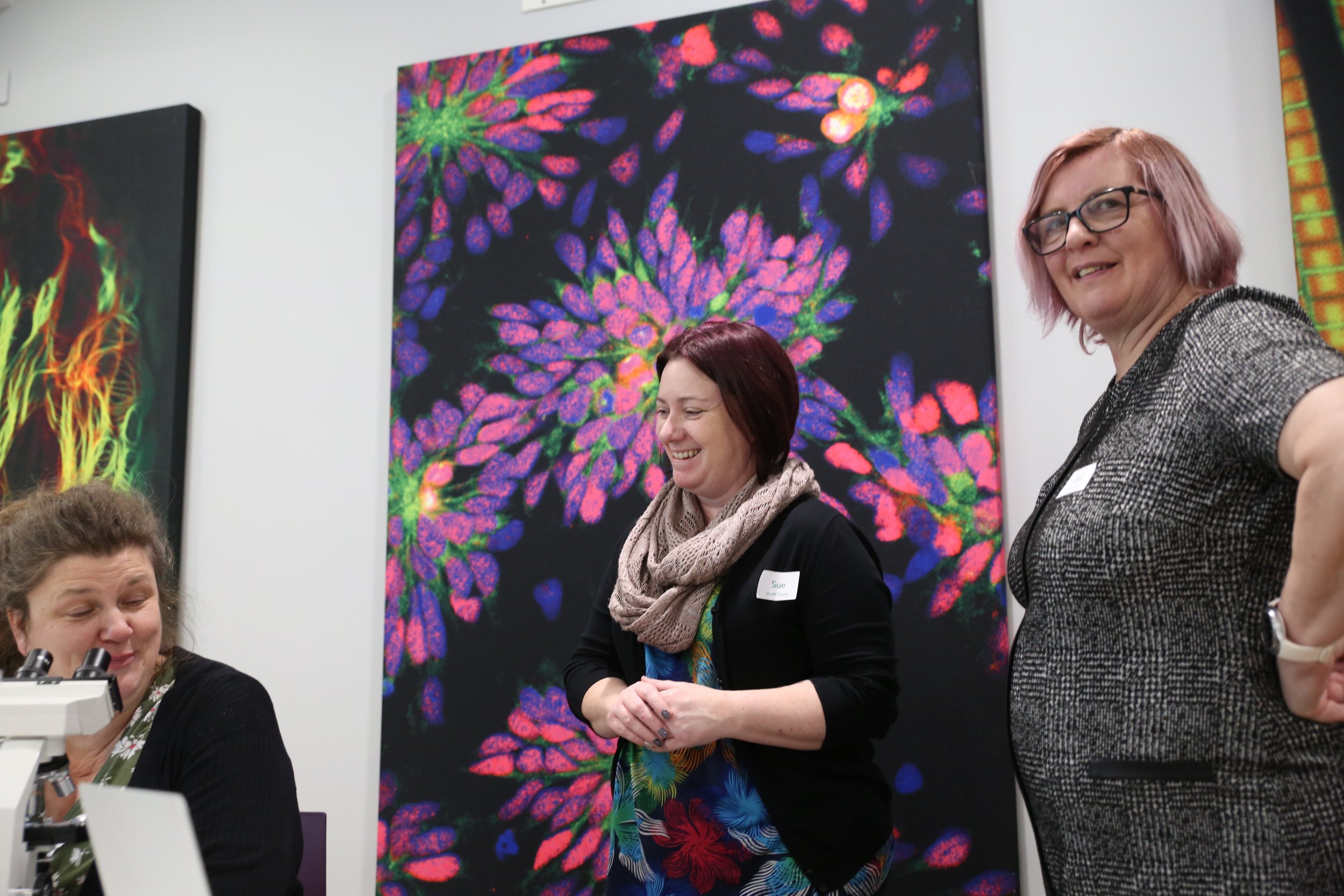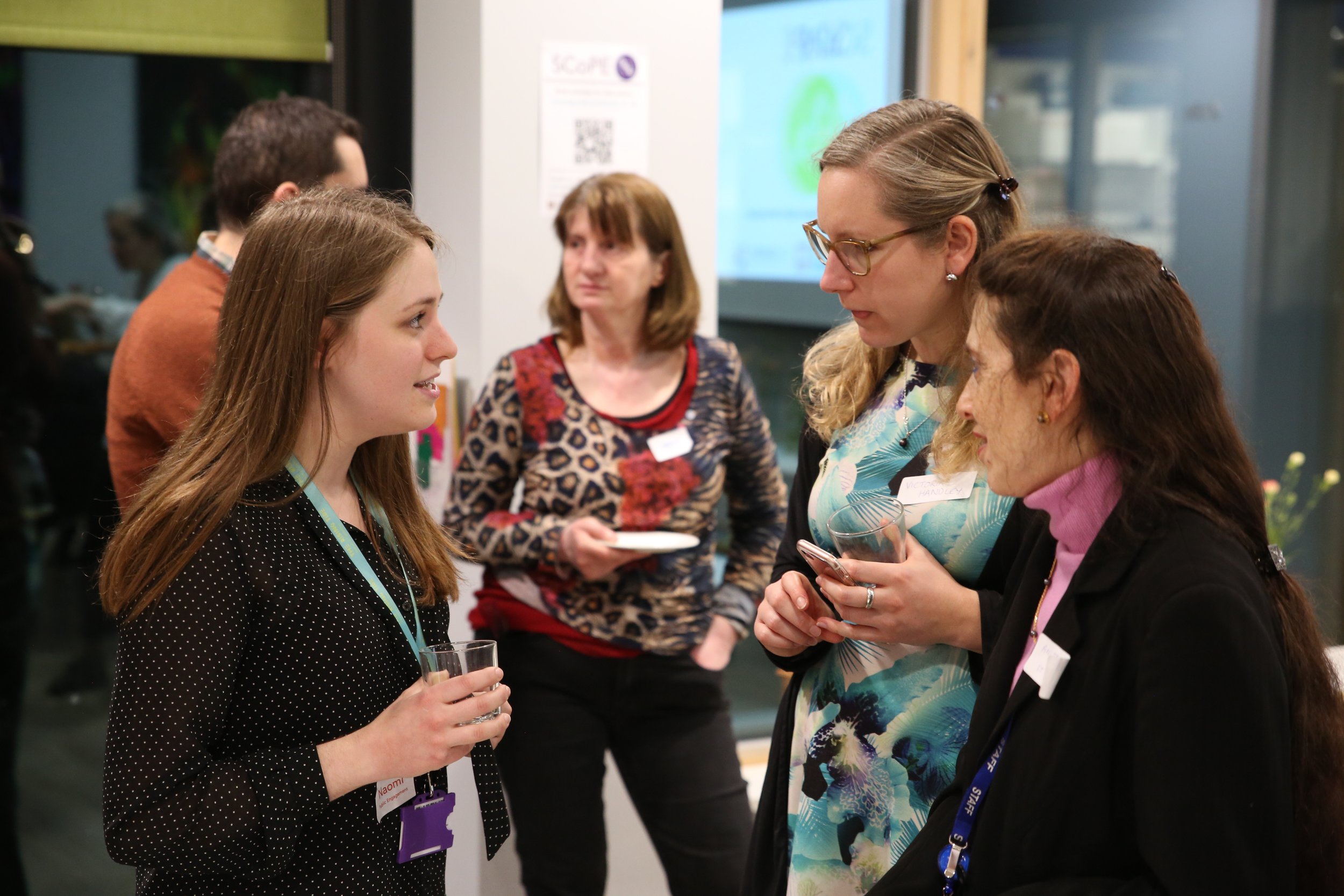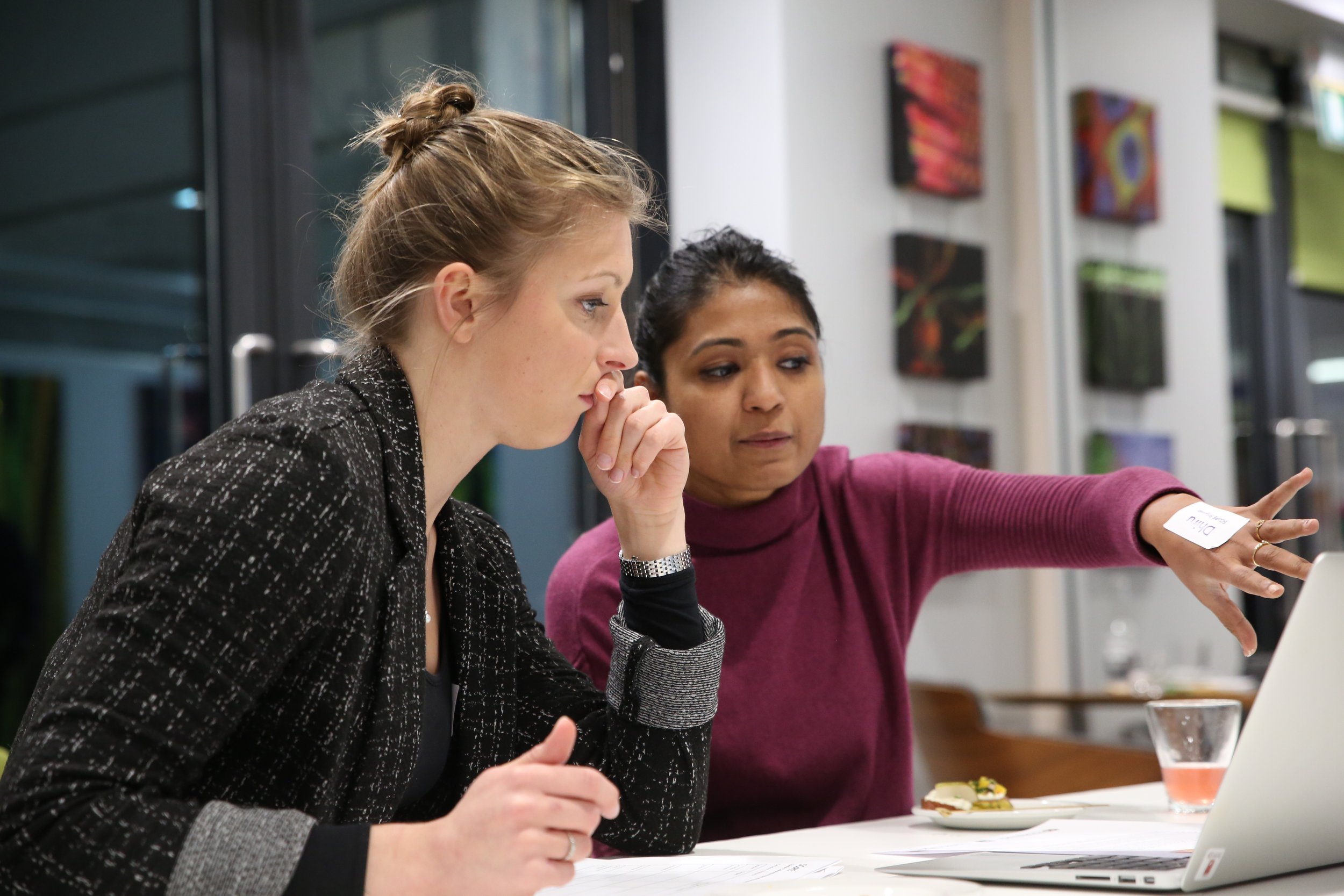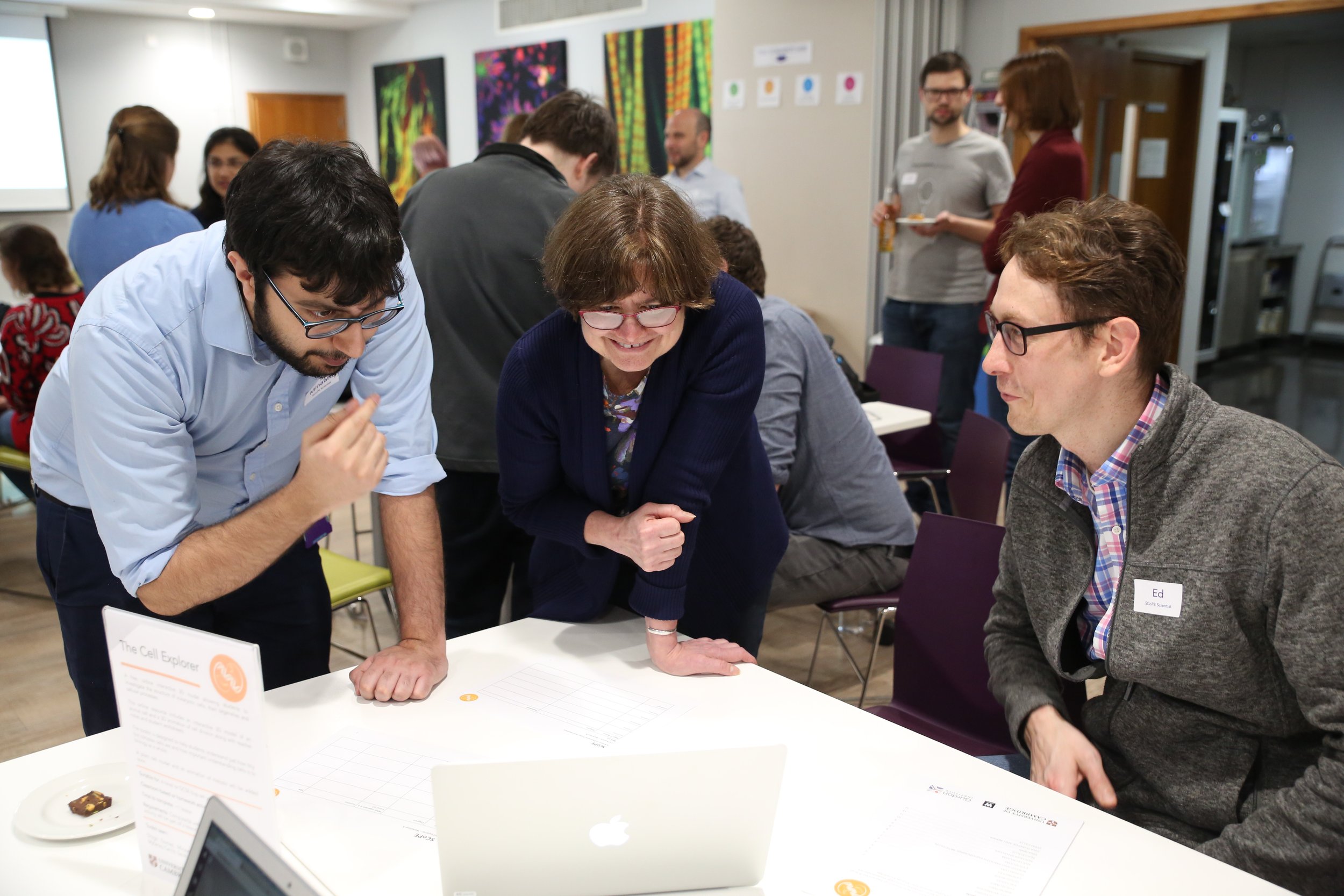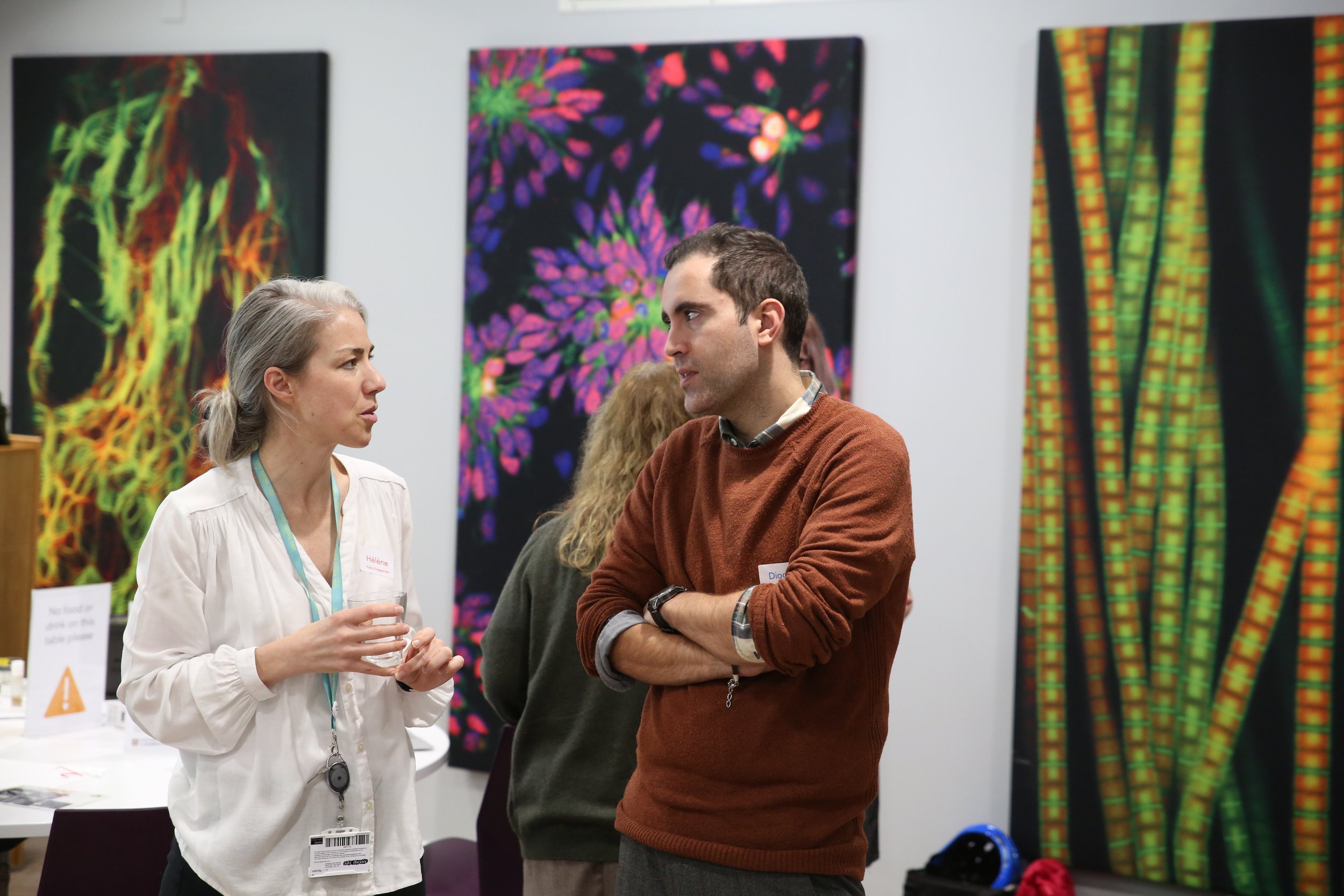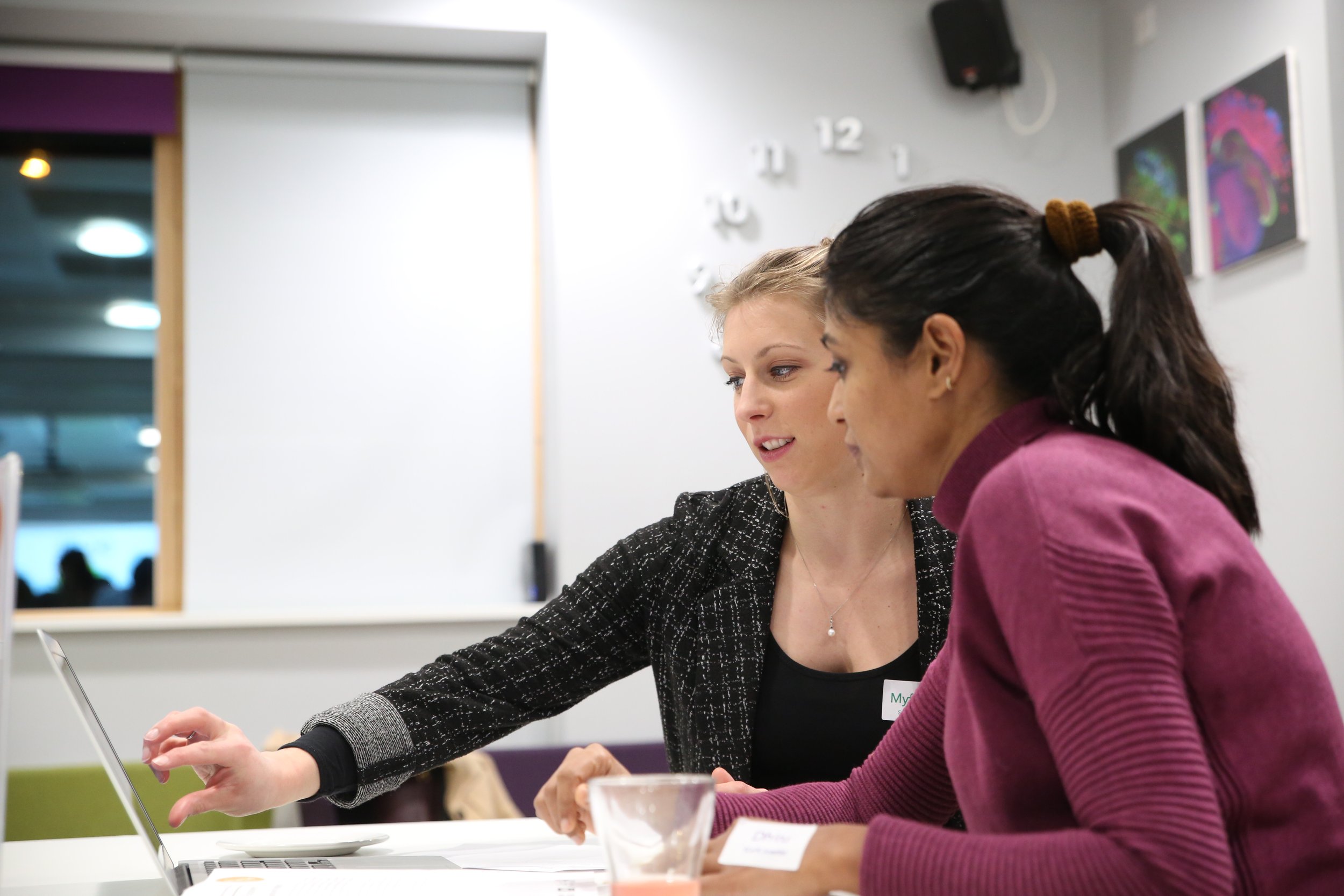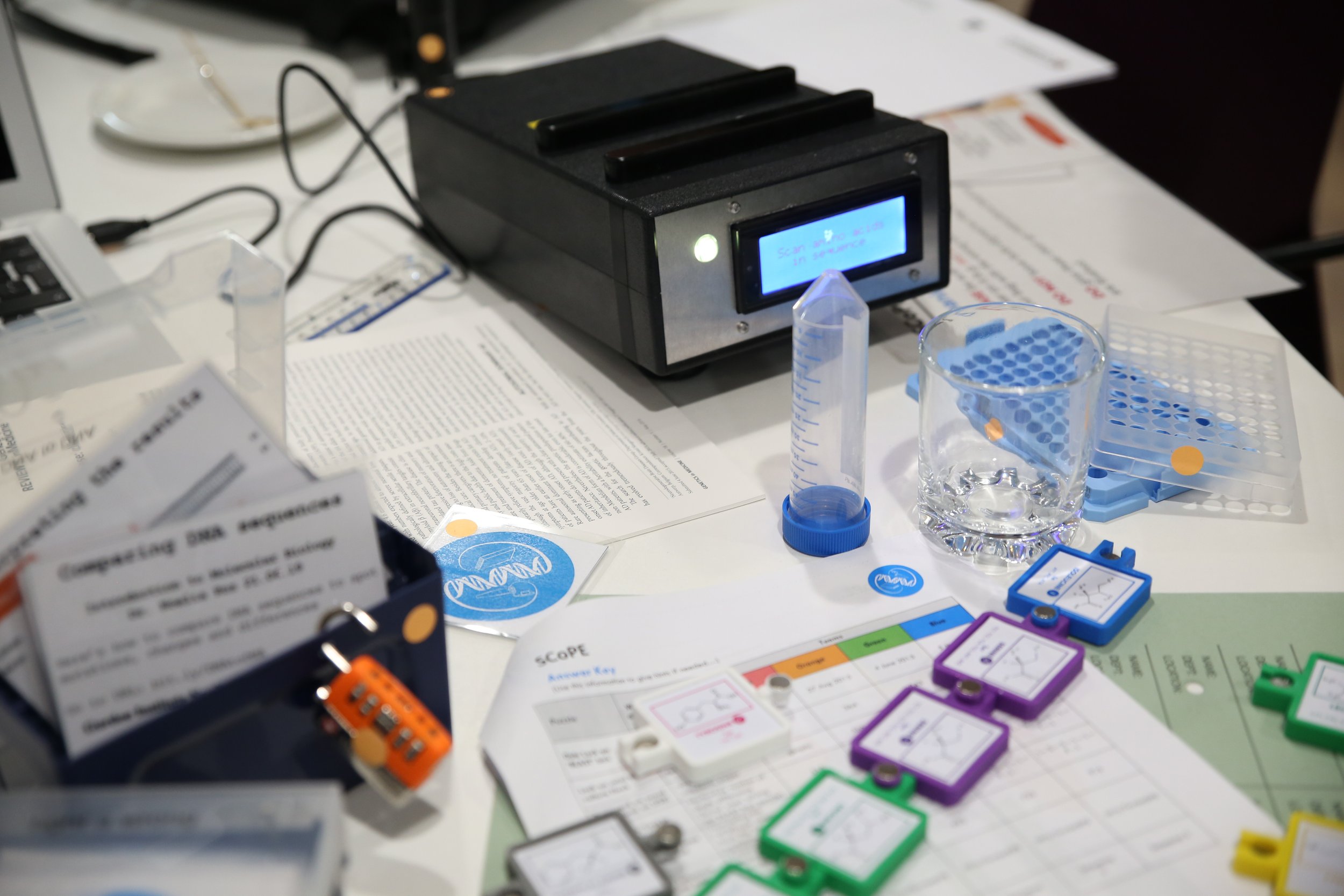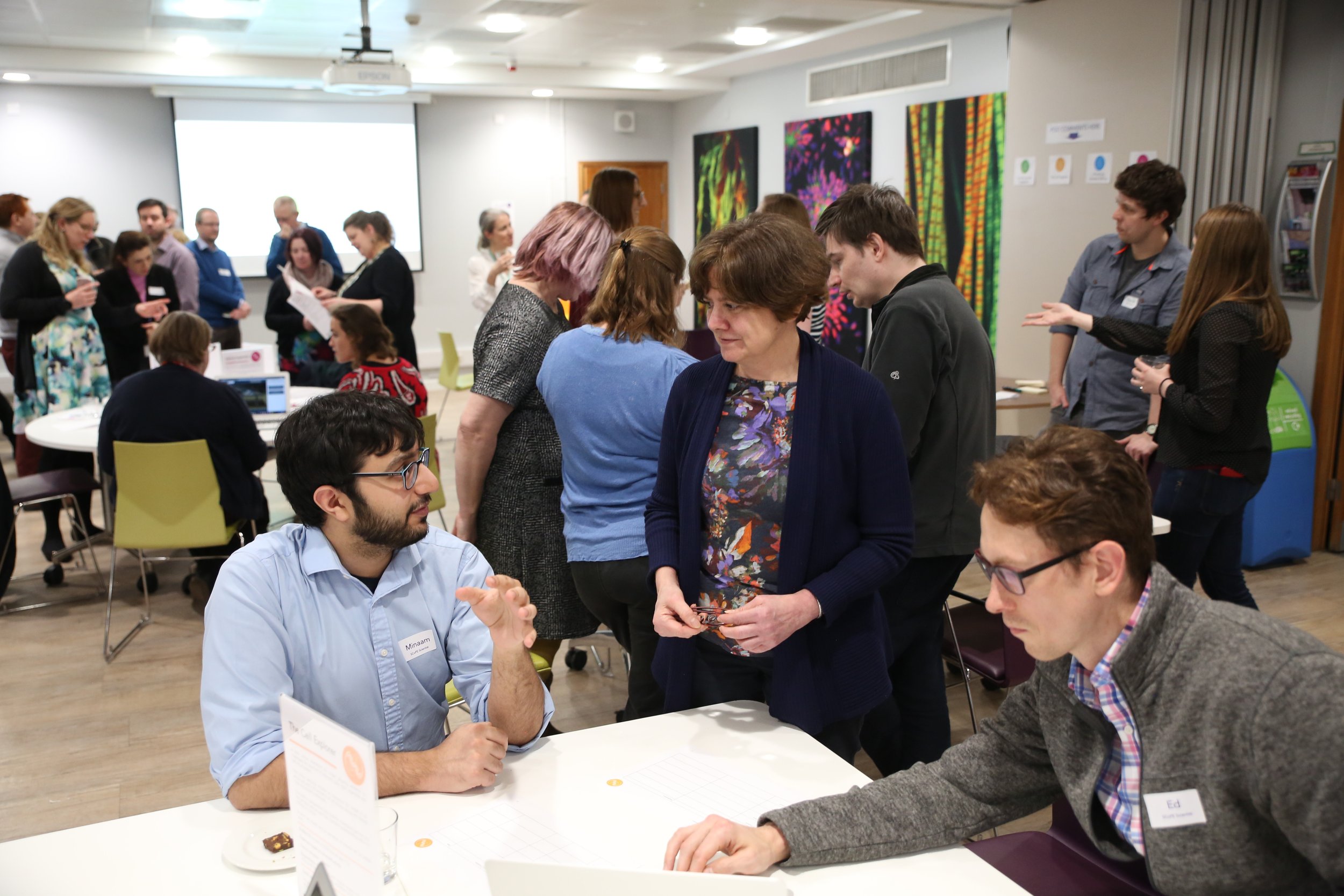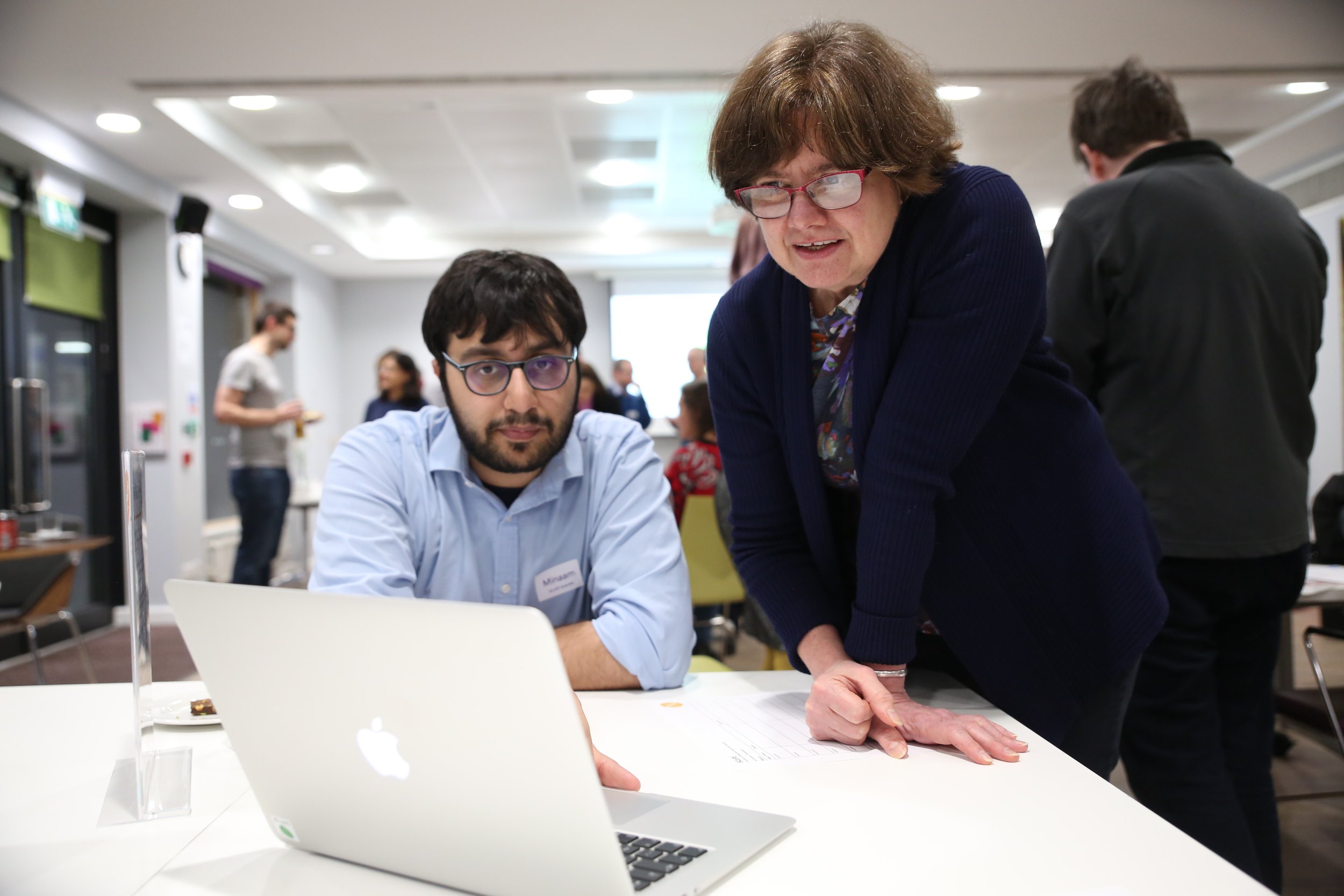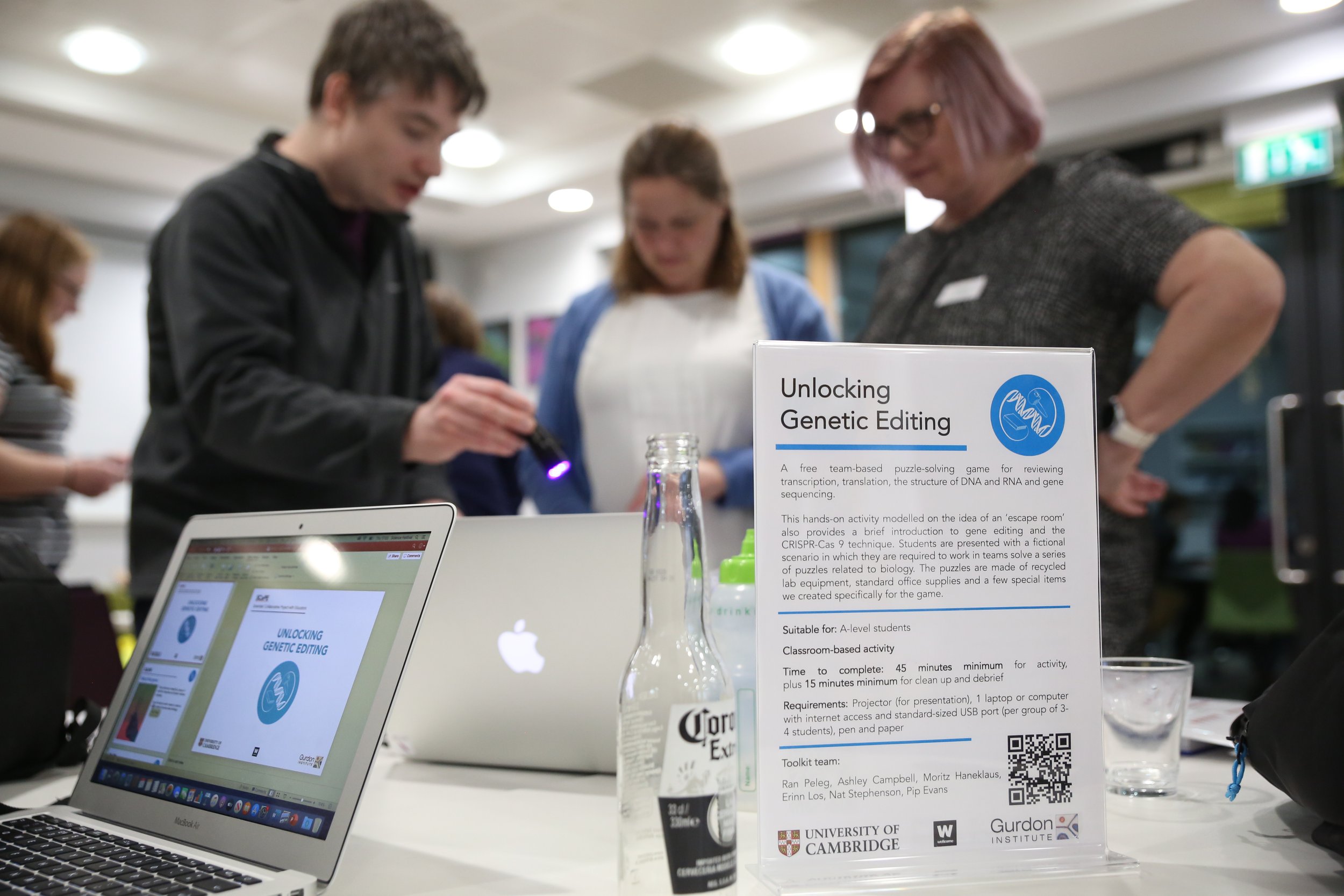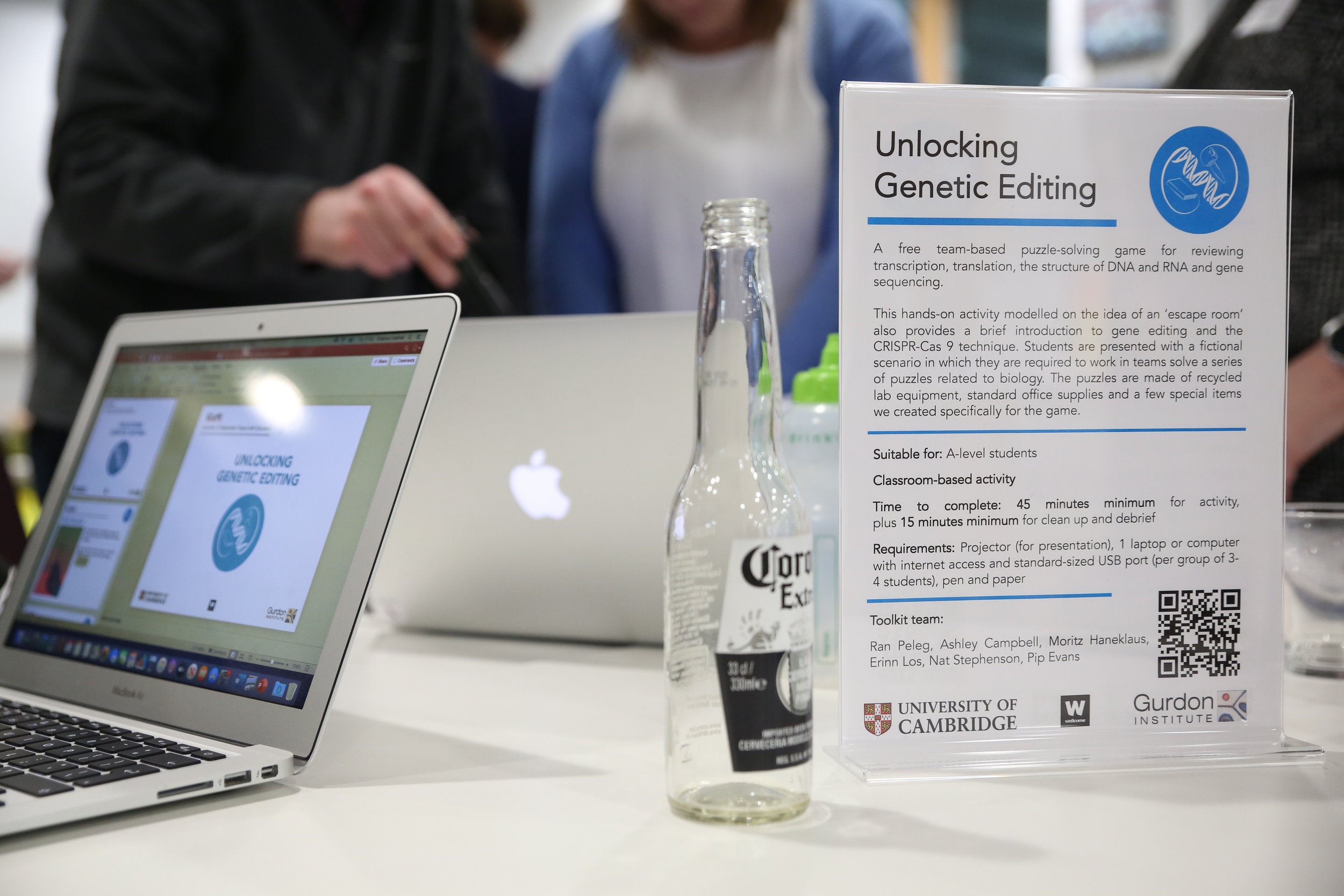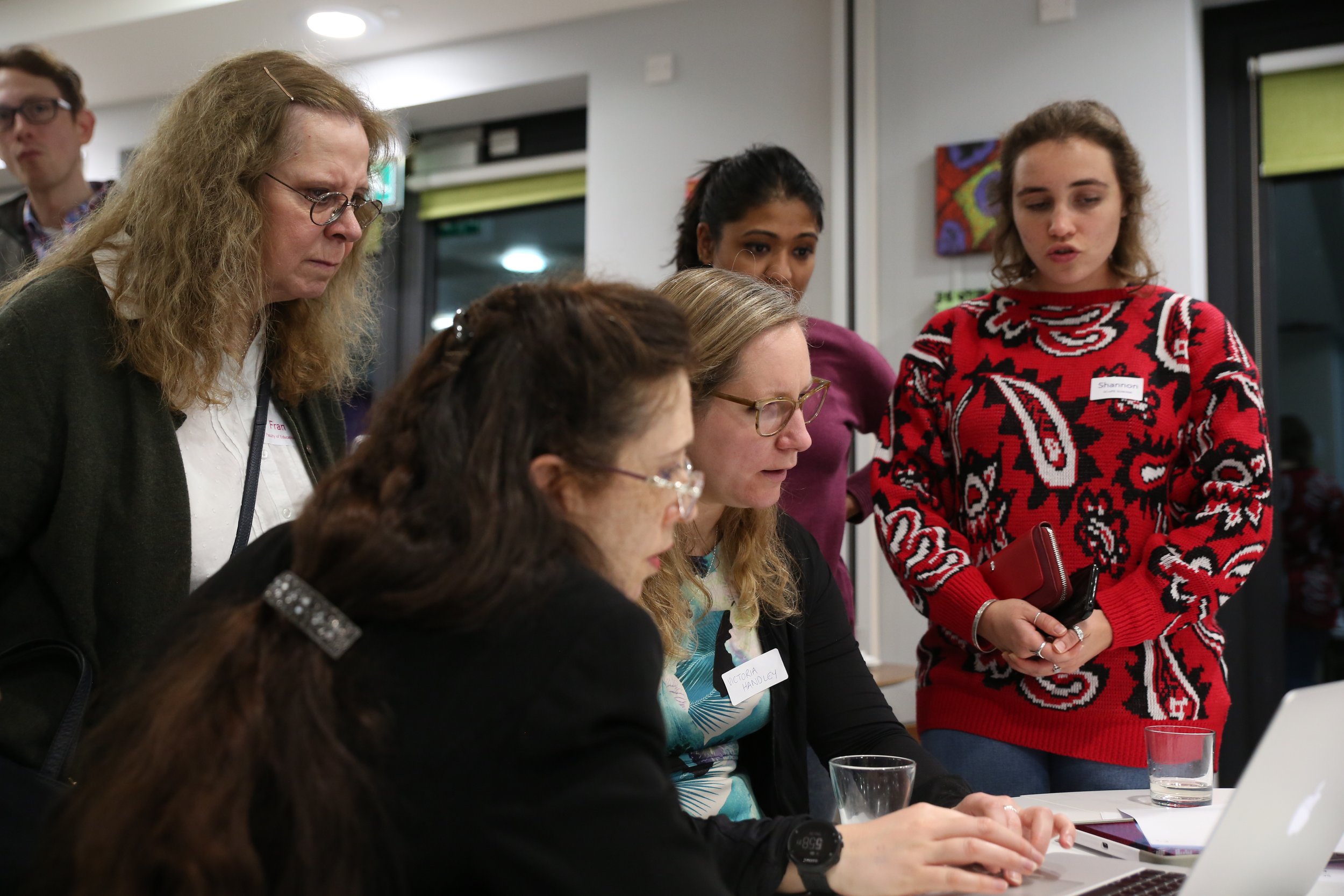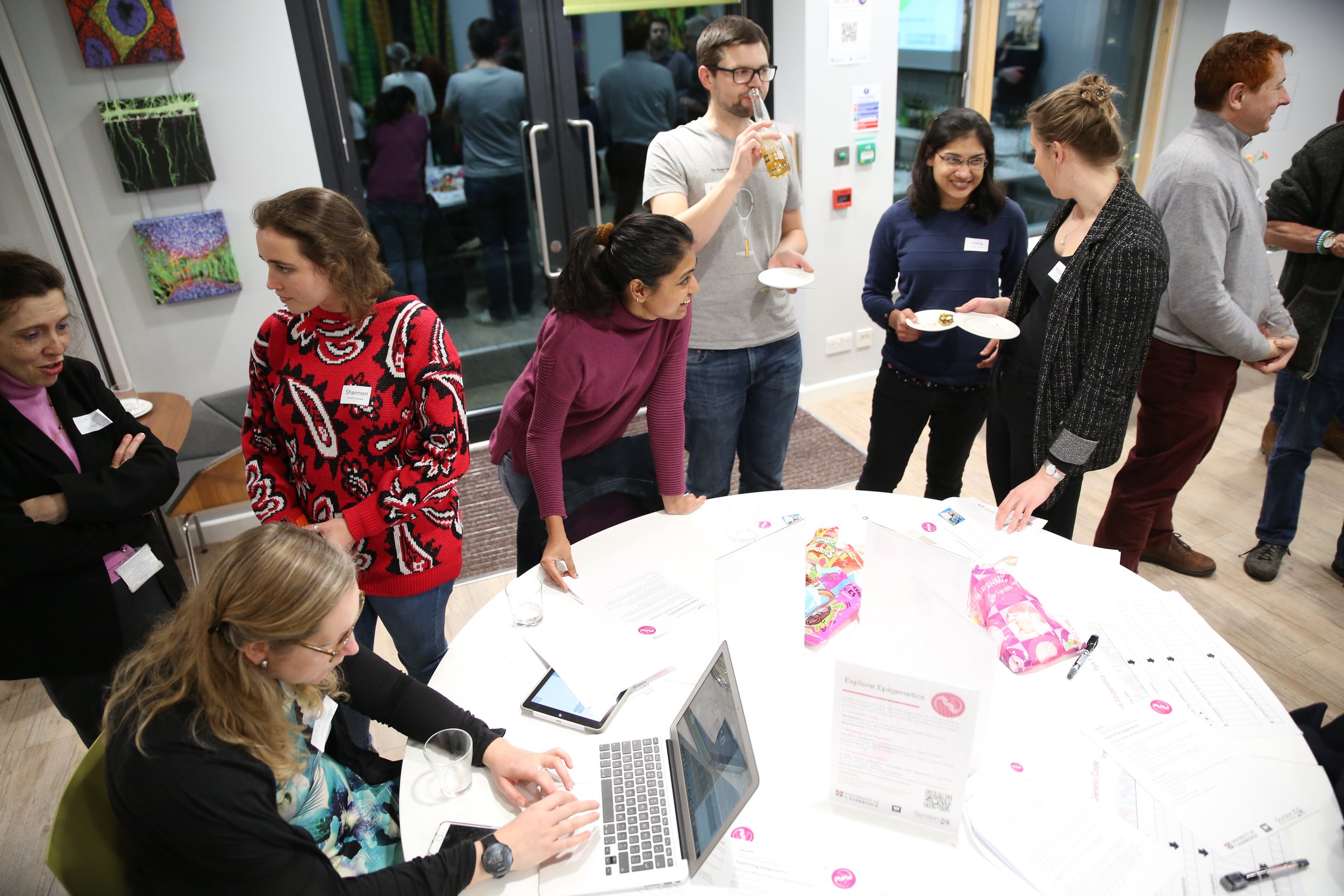Toolkits
Explore our free, curriculum-linked toolkits below
Physical Kits
Digital Kits
The Cell Explorer
Free online interactive 3D model allowing students to investigate the structure of eukaryotic cells, their organelles and cellular processes.
Suitable for GCSE & A-Level (or equivalent)
Unlocking Genetic Editing
Puzzle-solving team activity for reviewing transcription, translation, the structures of DNA & RNA and introducing gene editing
Suitable for A-level (or equivalent)
Explore Epigenetics
An online toolkit for teaching epigenetics including Sangar Sequencing, gene regulation and general scientific literacy.
Suitable for A-Level (or equivalent)
Free dissection toolkit for teaching about the size and scale of cells, tissues and organs using Drosophila.
Suitable for GCSE (or equivalent)
Unlock CRISPR
Free online game that explores the role of CRISPR gene editing through puzzles and games linked to contemporary research.
Suitable for A-Level (or equivalent)
About SCoPE
This image is part of a video showing the inside of a single cell as it divides. It is part of a 3D reconstruction where the cell membrane shown in red and the spindle is shown in green. Image and video by Bernhard Strauss, a post doctoral researcher at the Institute.
You can read more about his research here and here.
Teachers and Gurdon Institute scientists co-created a suite of innovative teaching ‘toolkits’ to use in biology classrooms across the UK. These toolkits are part of our public engagement programme and their development was funded by Wellcome, therefore they are FREE for teachers to use.
Read more about the toolkits and arrange to borrow or use them by clicking above.
The toolkits have been designed to bring contemporary research into GCSE and A-level classrooms in ways that support the current biology curriculum.
In addition to helping teach the required curriculum, we hope these toolkits will enable students to think critically about science, understand the value and relevance of the topics they are studying, and see research as a pertinent and attractive career choice.
Through the co-creation process, we hope we have fostered the development of a professional network between scientists and teachers, allowing scientists to develop a greater understanding of how their research fits in with and is perceived by the education system and enabling teachers to deepen their knowledge of fundamental biology and current research techniques.
This project was funded by Wellcome. Its process and outcomes are being evaluated by the University of Cambridge Faculty of Education. The project was coordinated by the Gurdon Institute Public Engagement Team.
We are very grateful for the time and contributions of Fran Riga and Mark Winterbottom, all of the teachers, scientists, learning specialists and others who made this project possible. Thank you!
About the Gurdon Institute
Part of the University of Cambridge, we are a world-leading centre for research into the biology of development and how normal growth and maintenance go wrong in diseases such as cancer.
New neurons form a rosette (round structure) on the left and more mature neurons are on the right. Image by Ashley Campbell, Livesey Lab.
Our research is at the interface between developmental biology and cancer biology. We focus on several related topics:
Cell division, proliferation and genome maintenance;
Function and regulation of the genome and epigenome;
Mechanisms of cell fate determination, multipotency and plasticity;
Cellular processes underlying organ development and function.
We investigate these areas in both normal development and in cancer using several model systems, from yeast to human organoids.
Find out more about our research here
